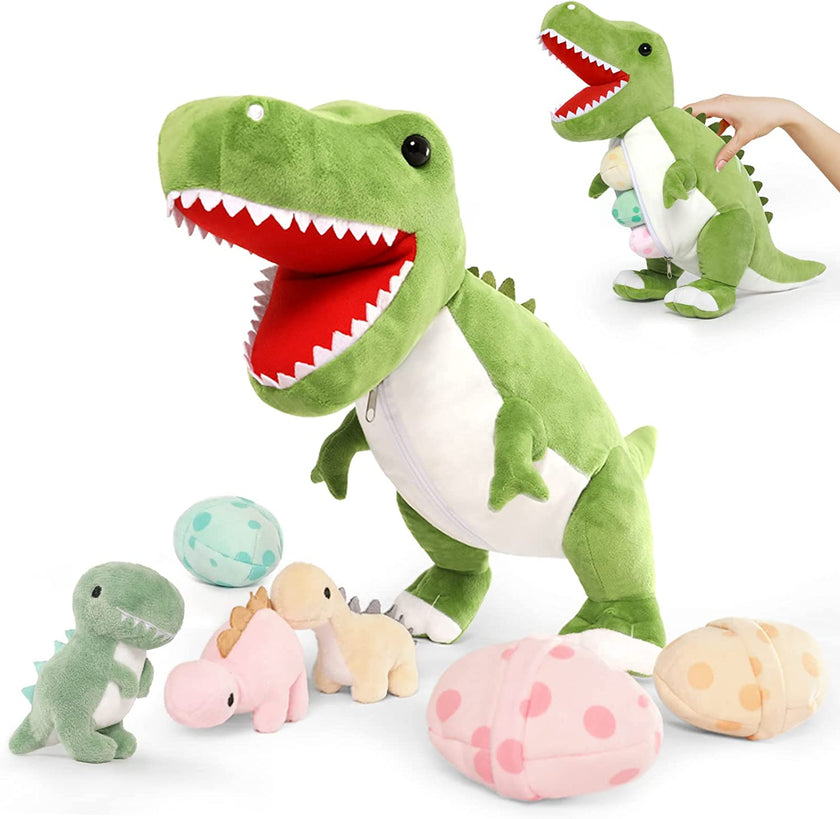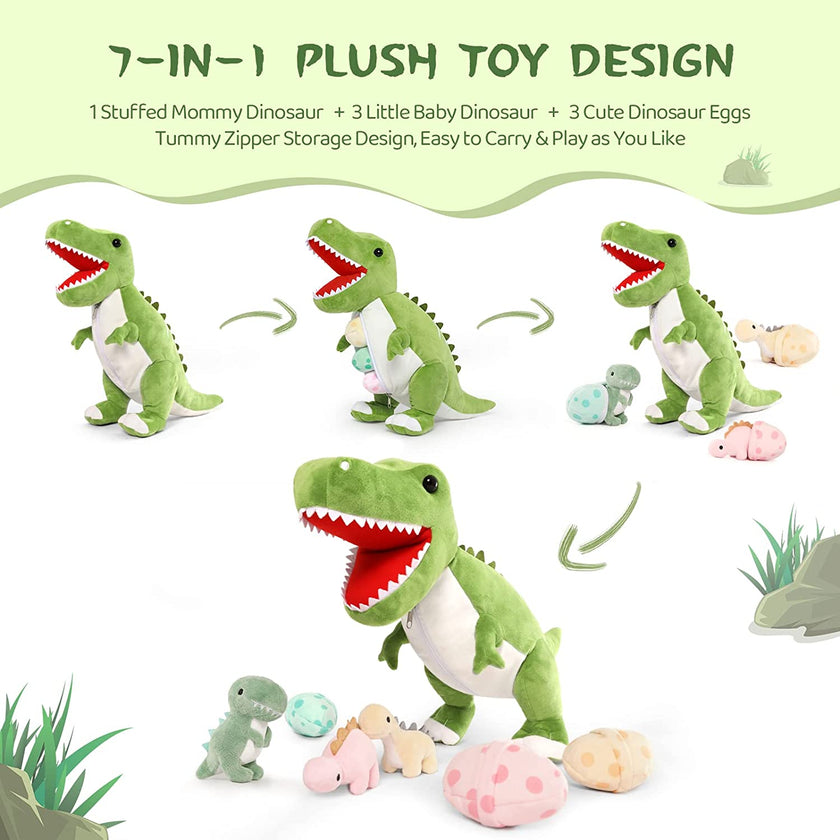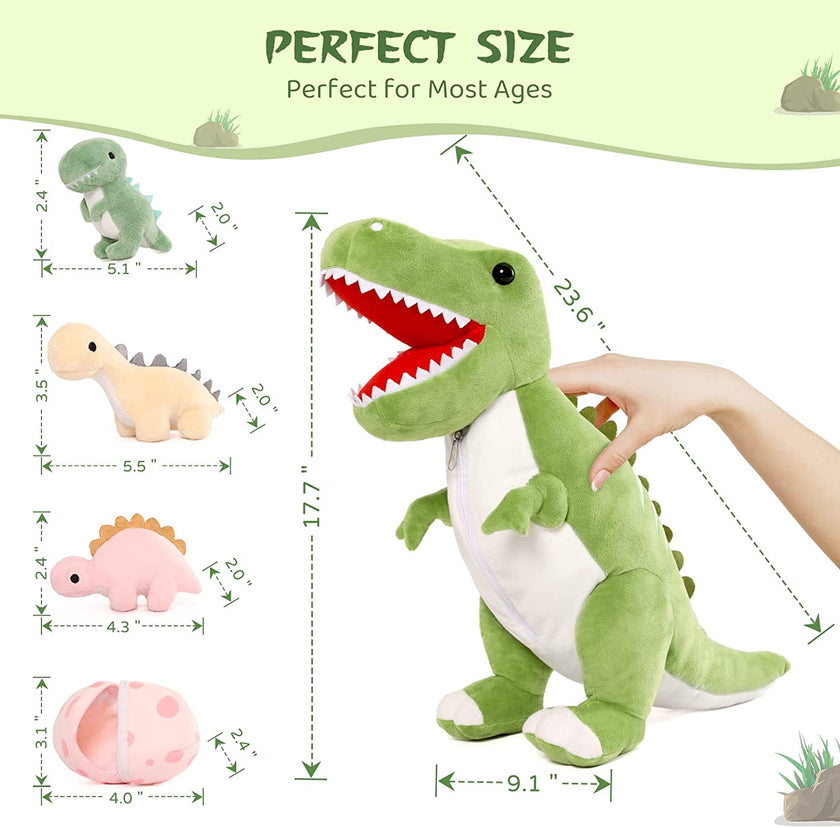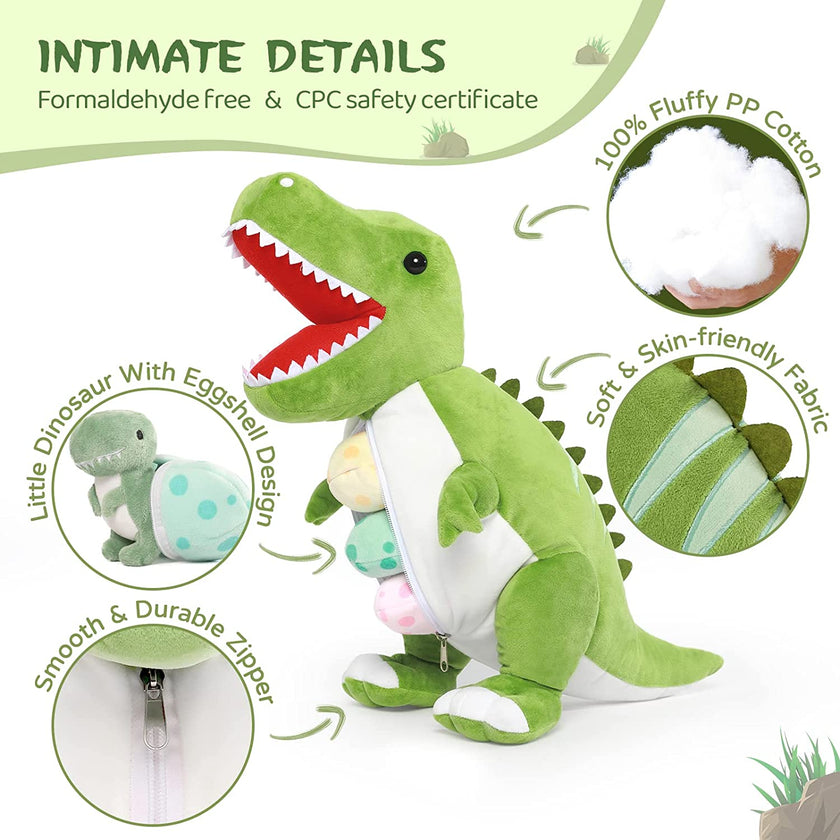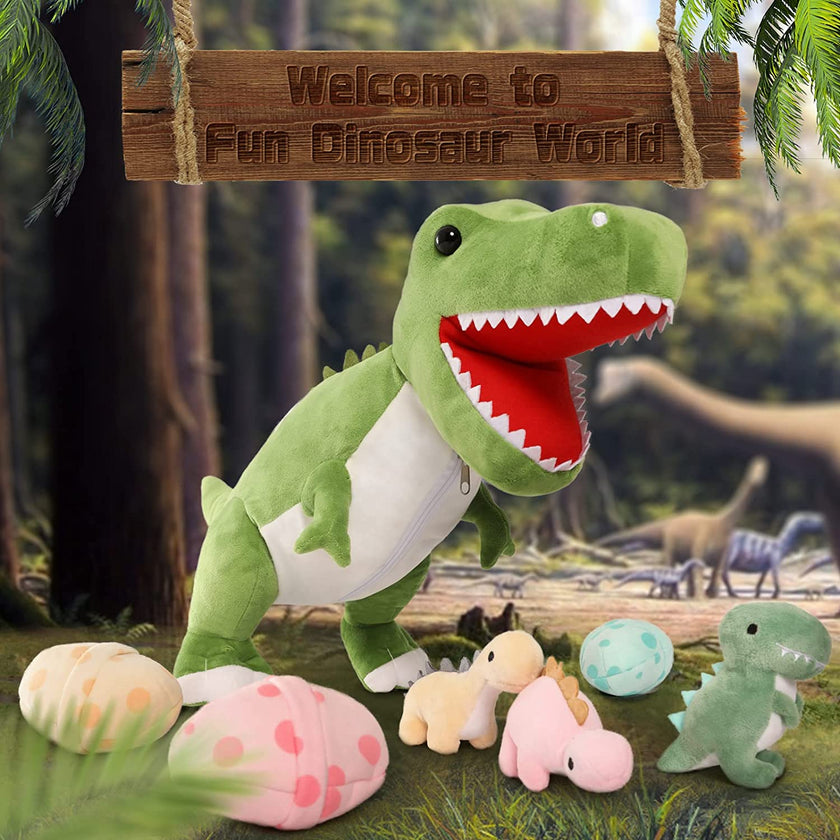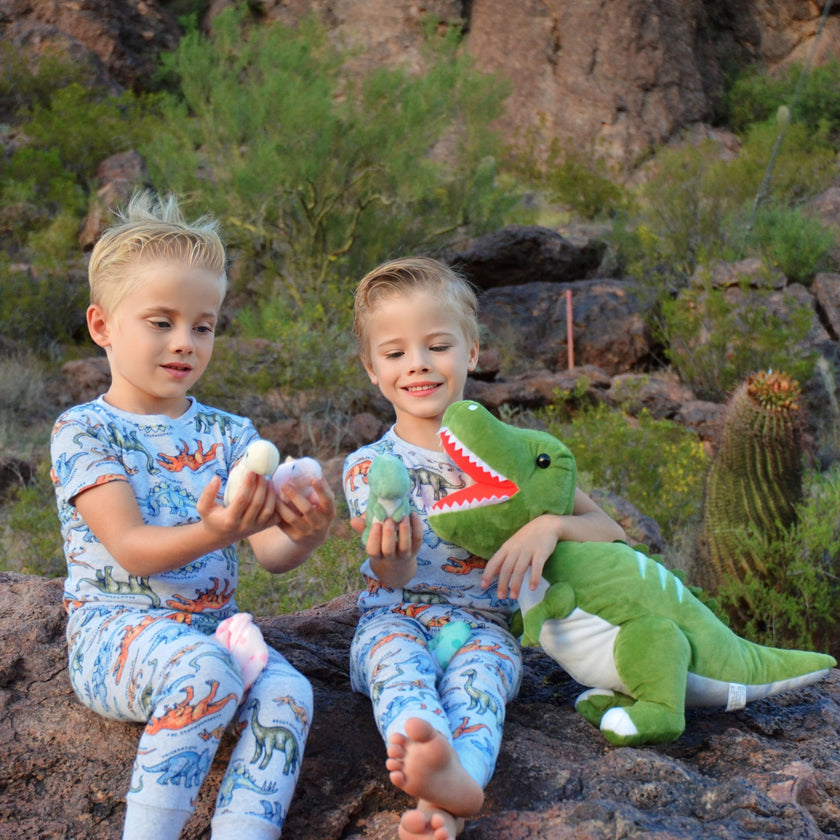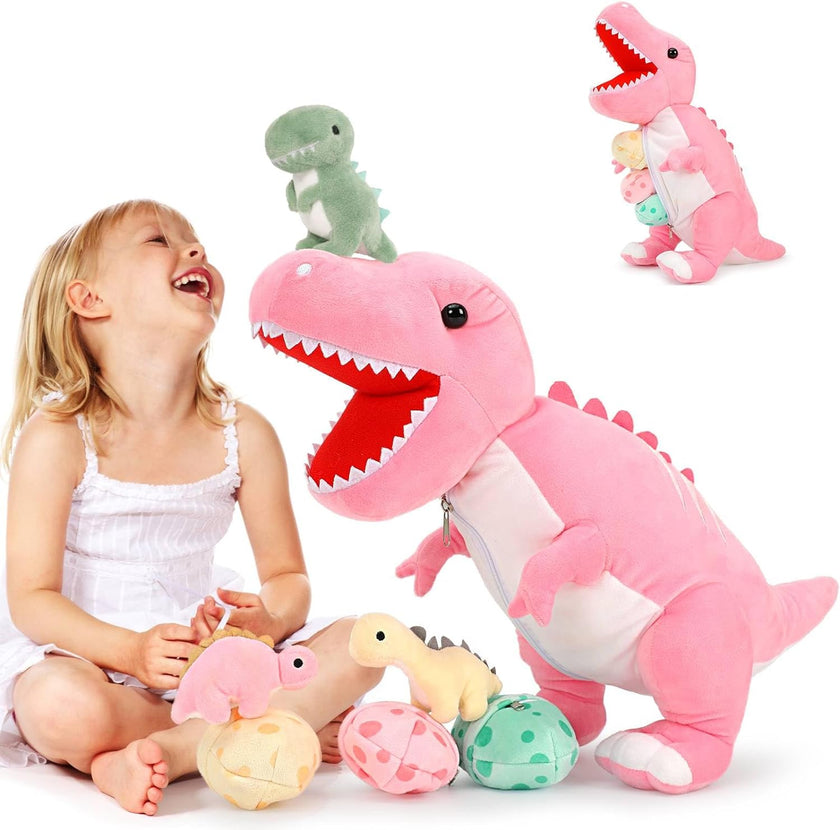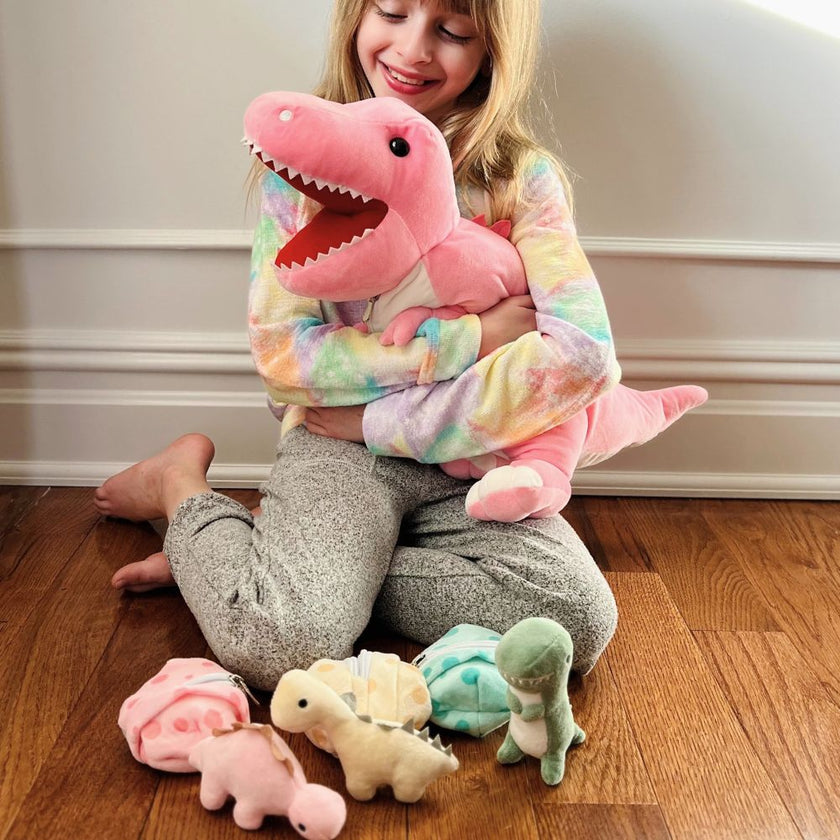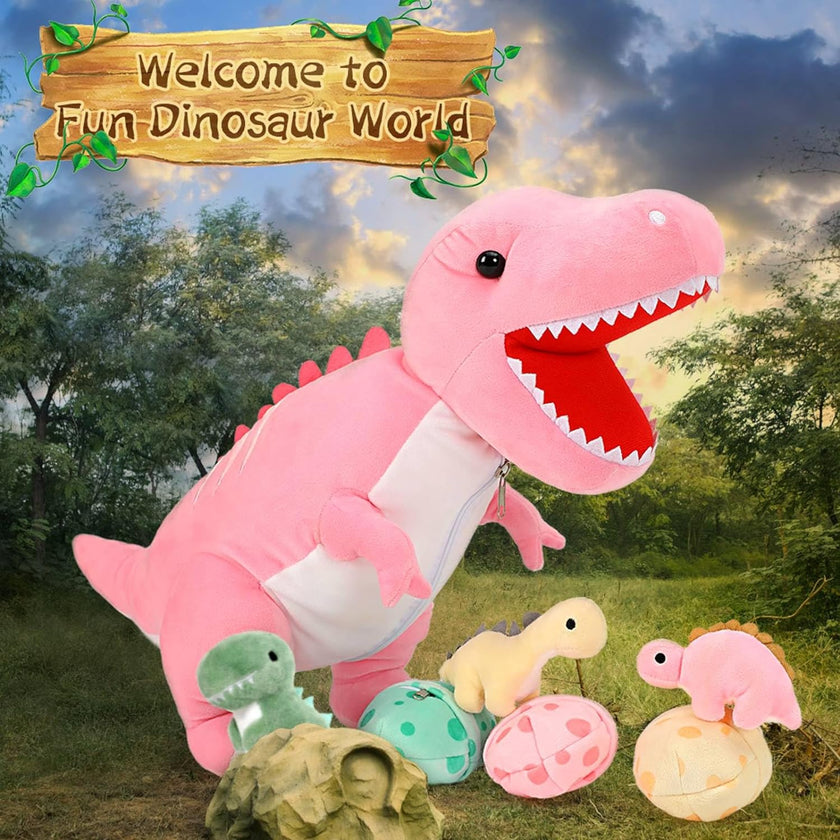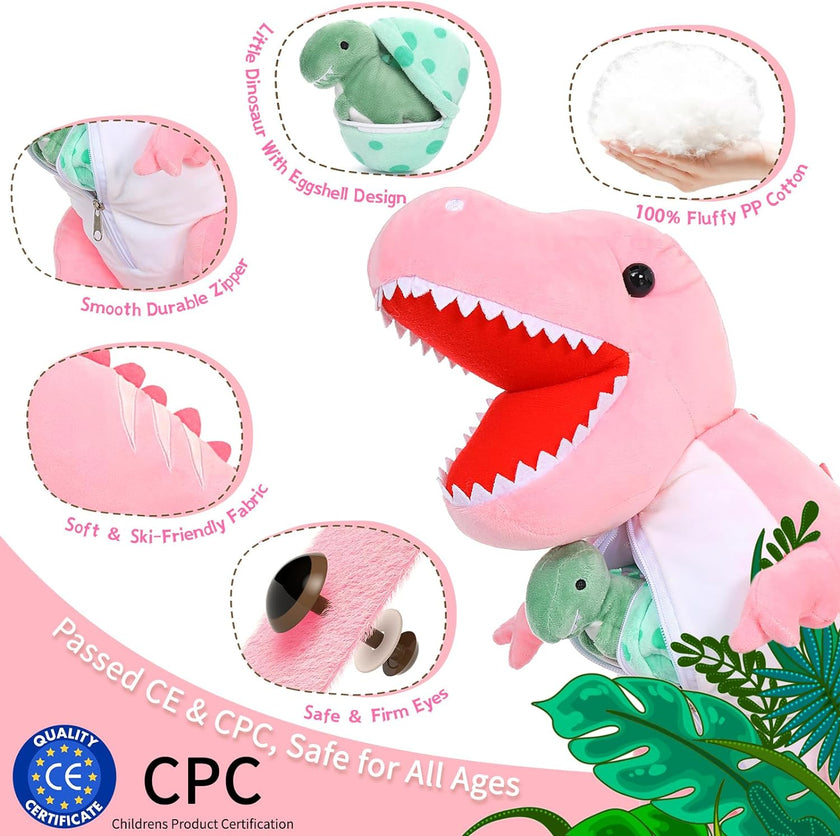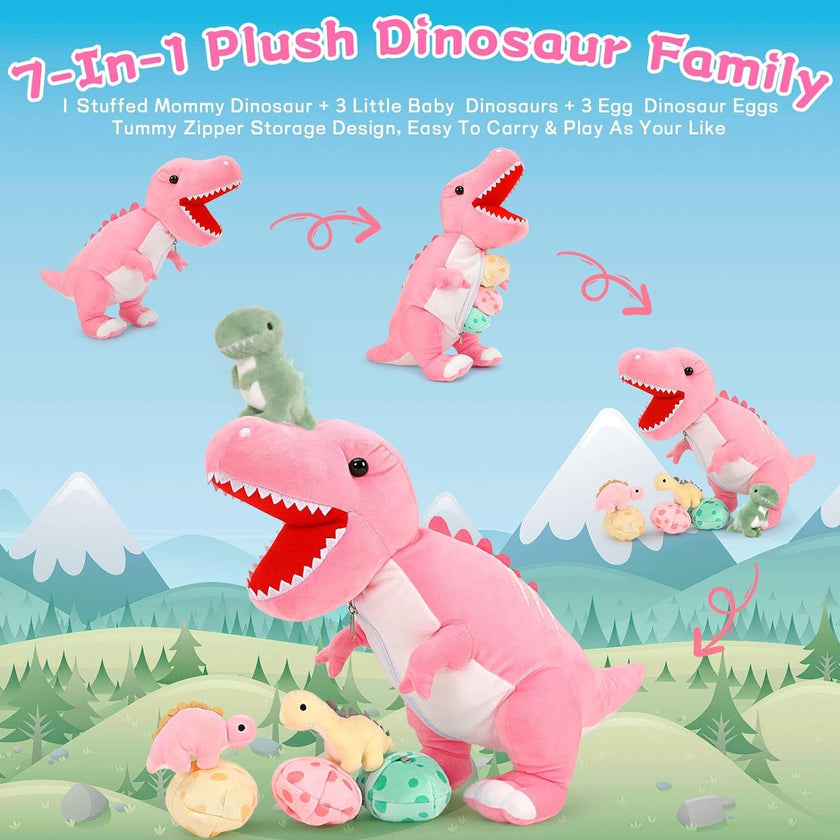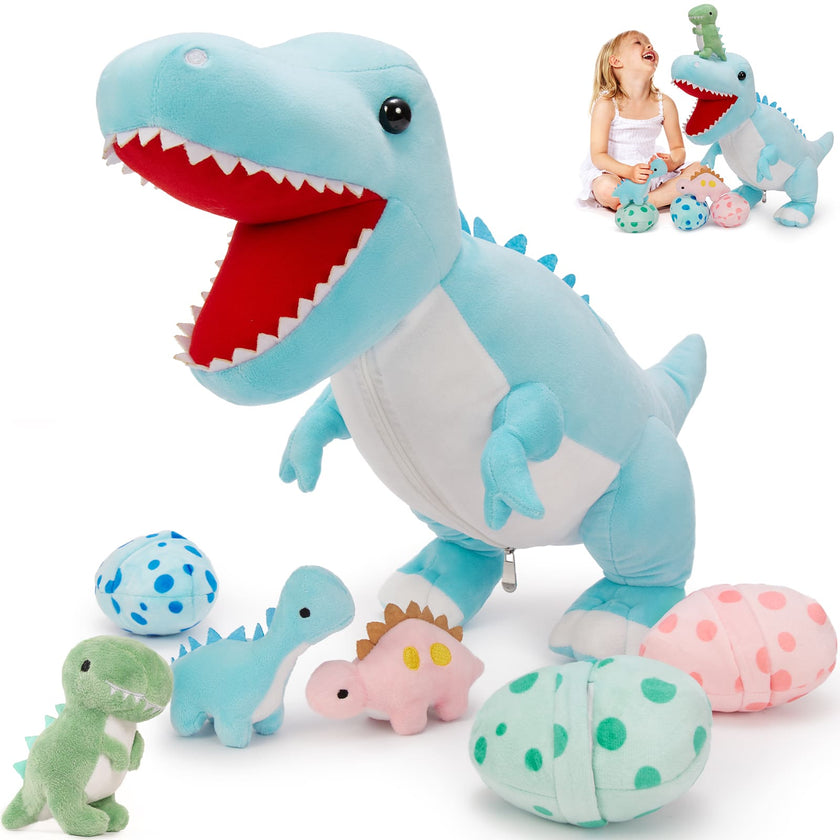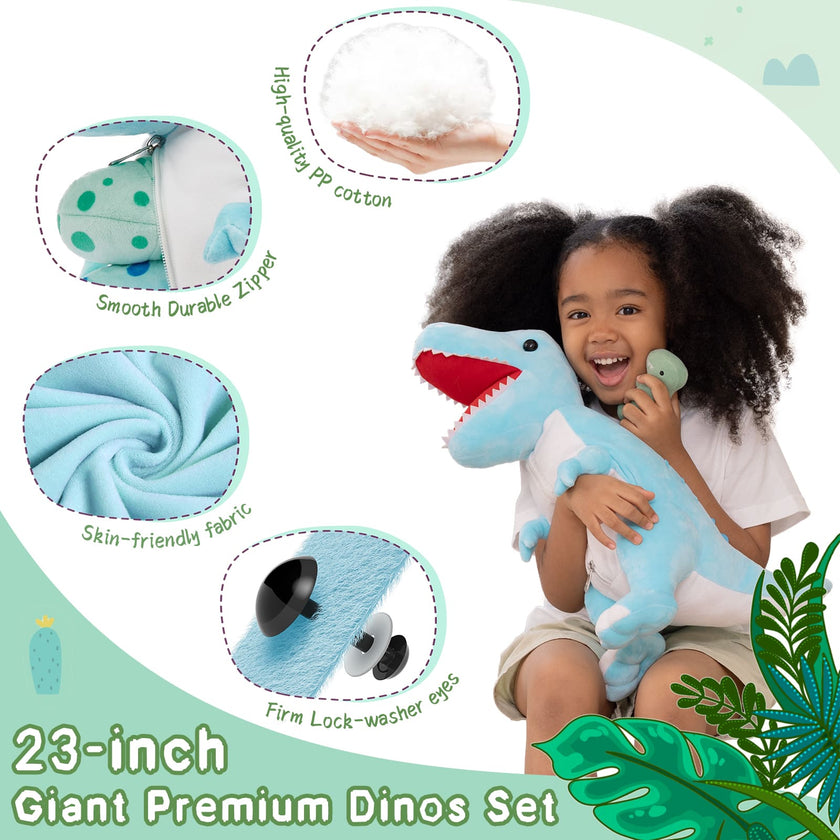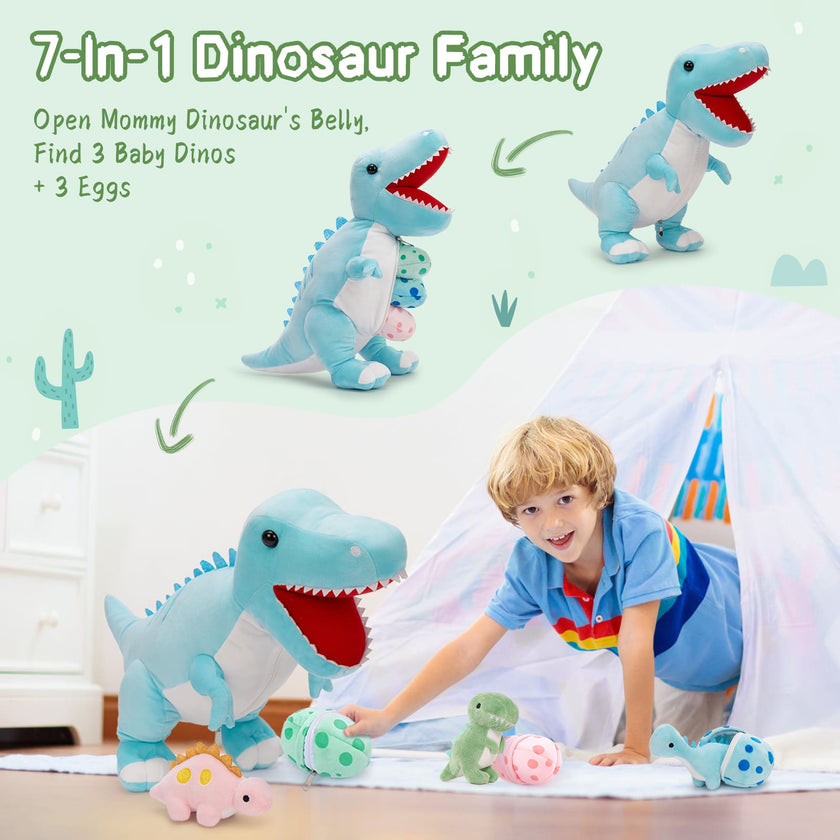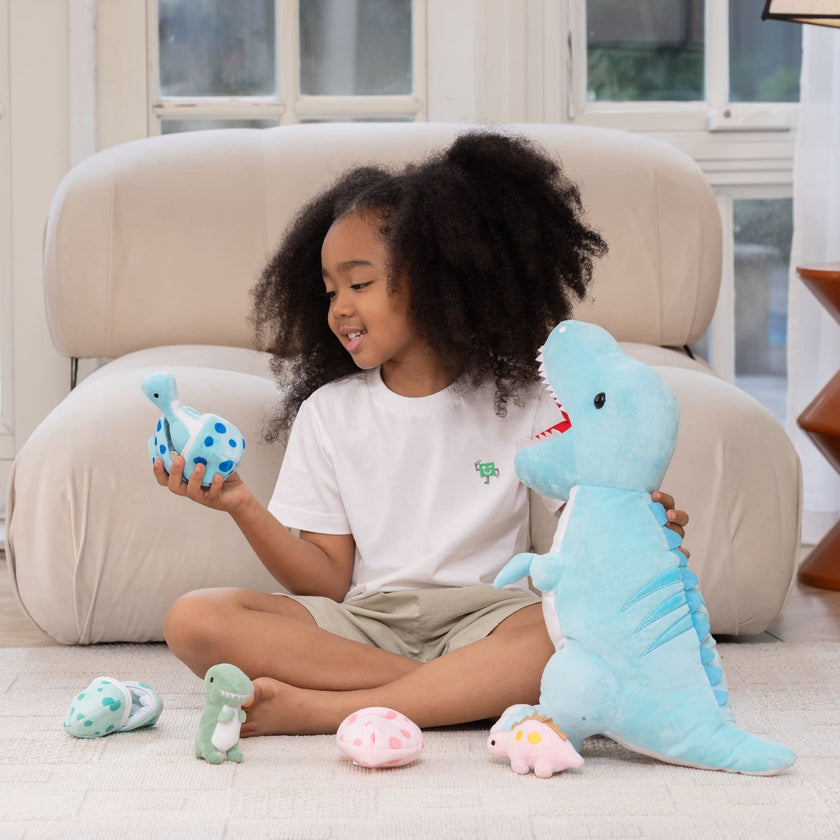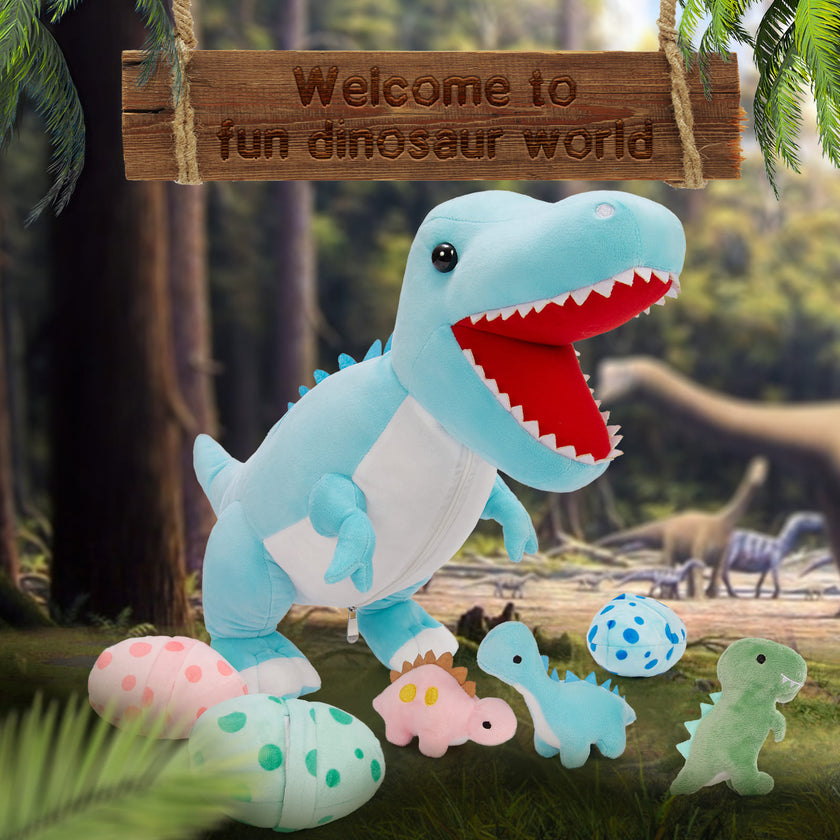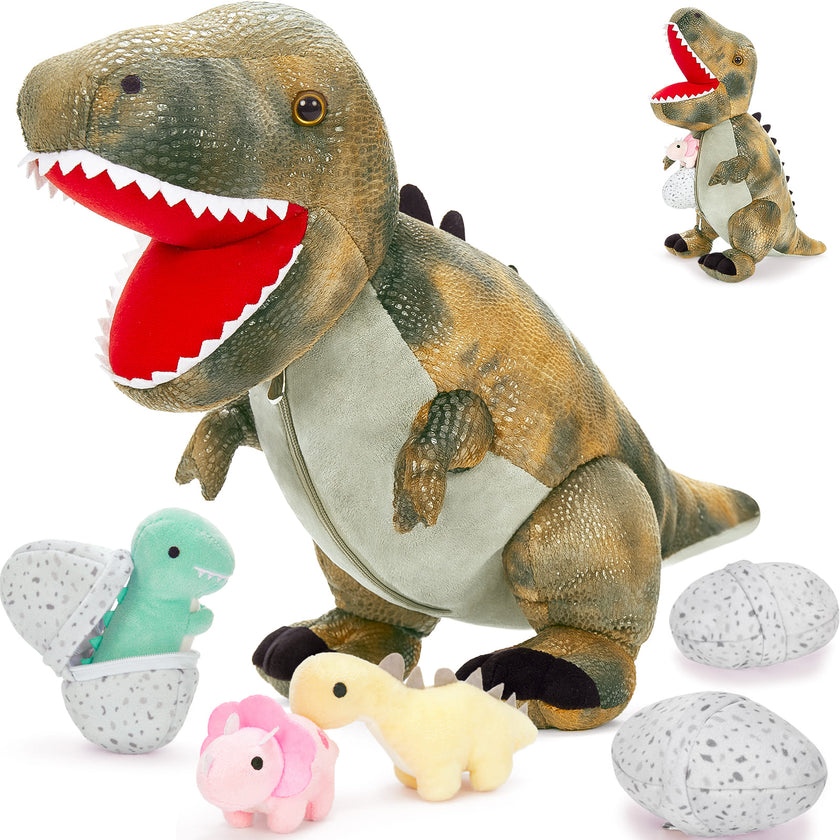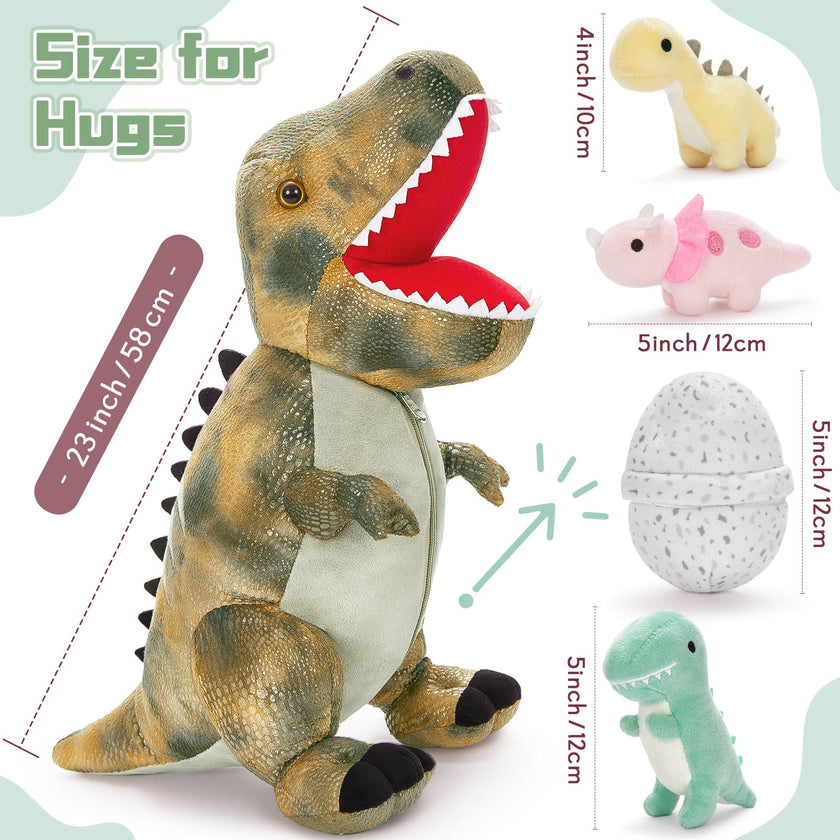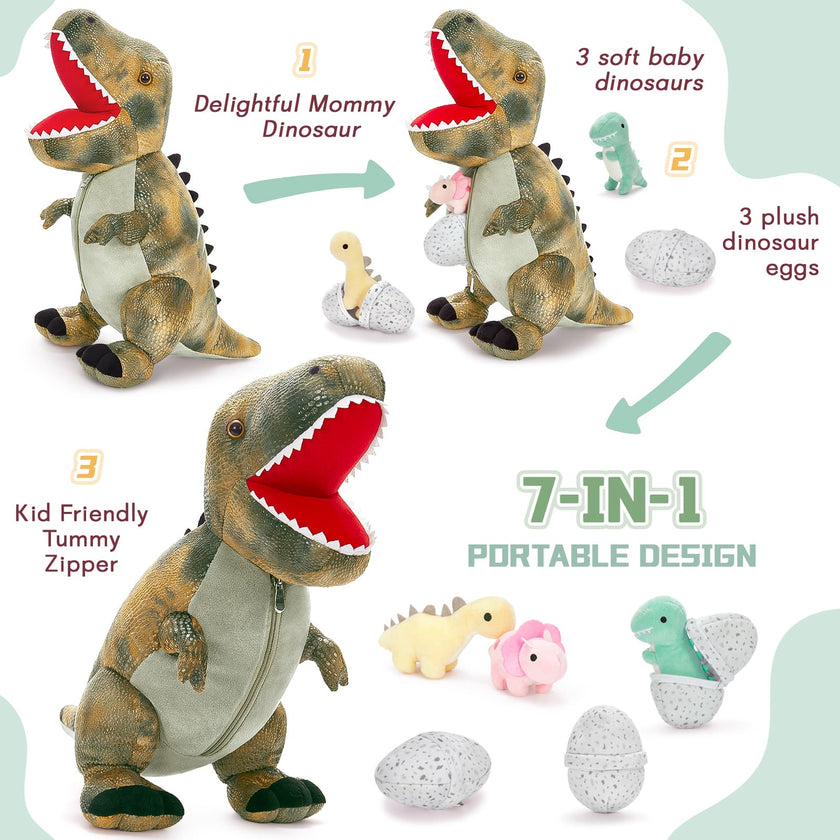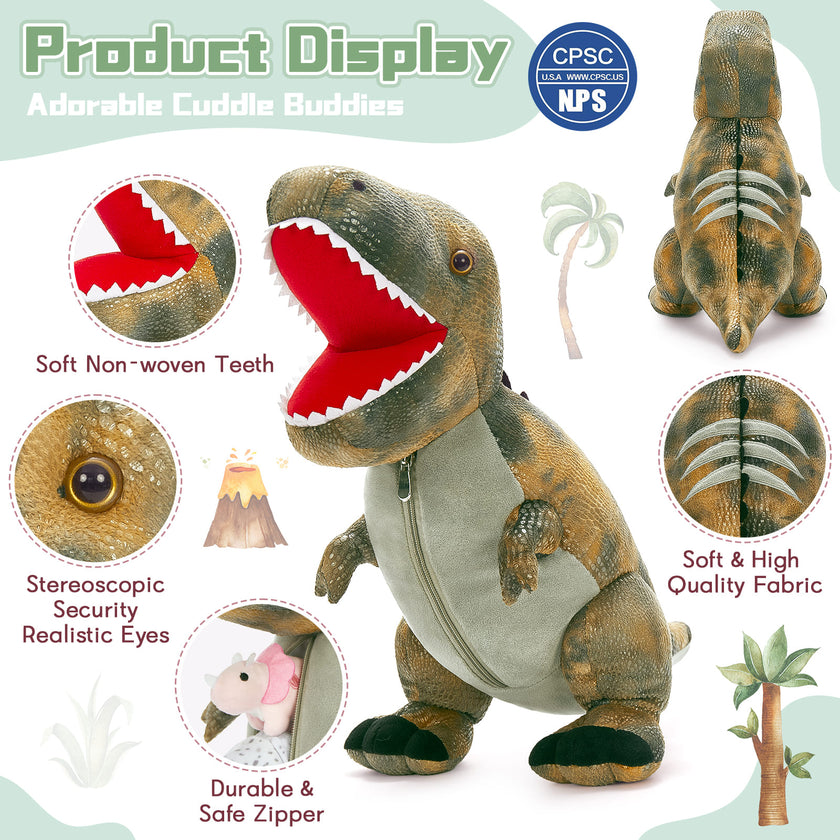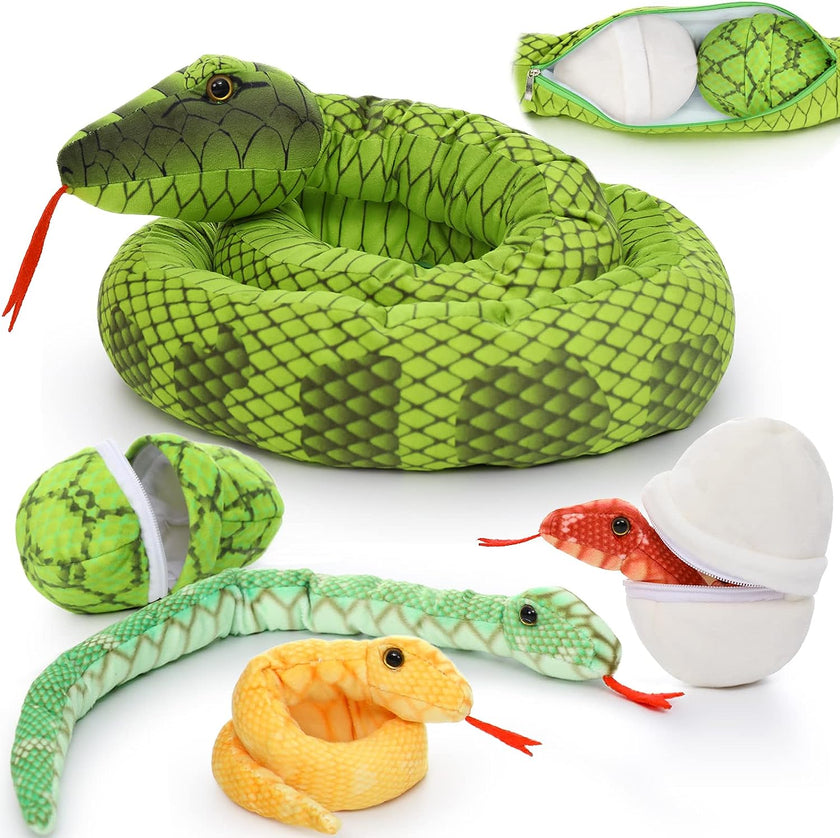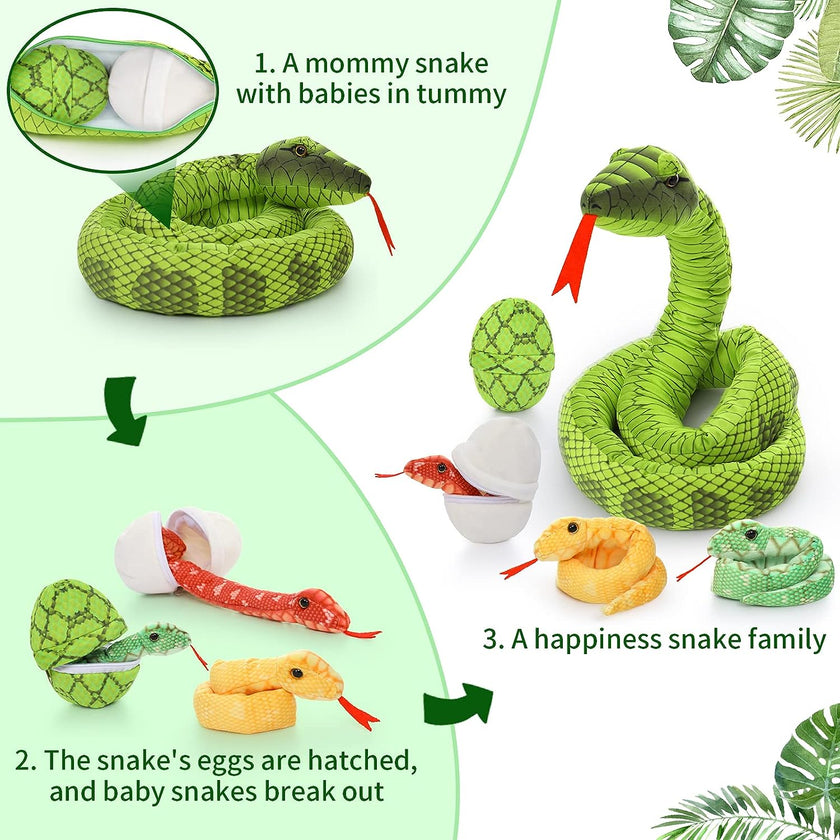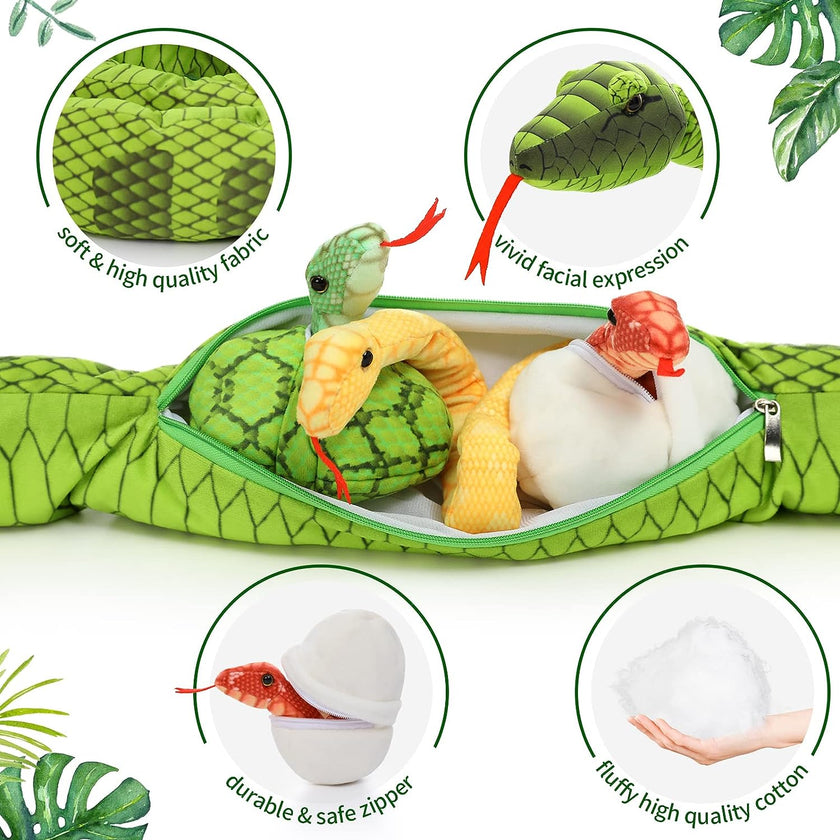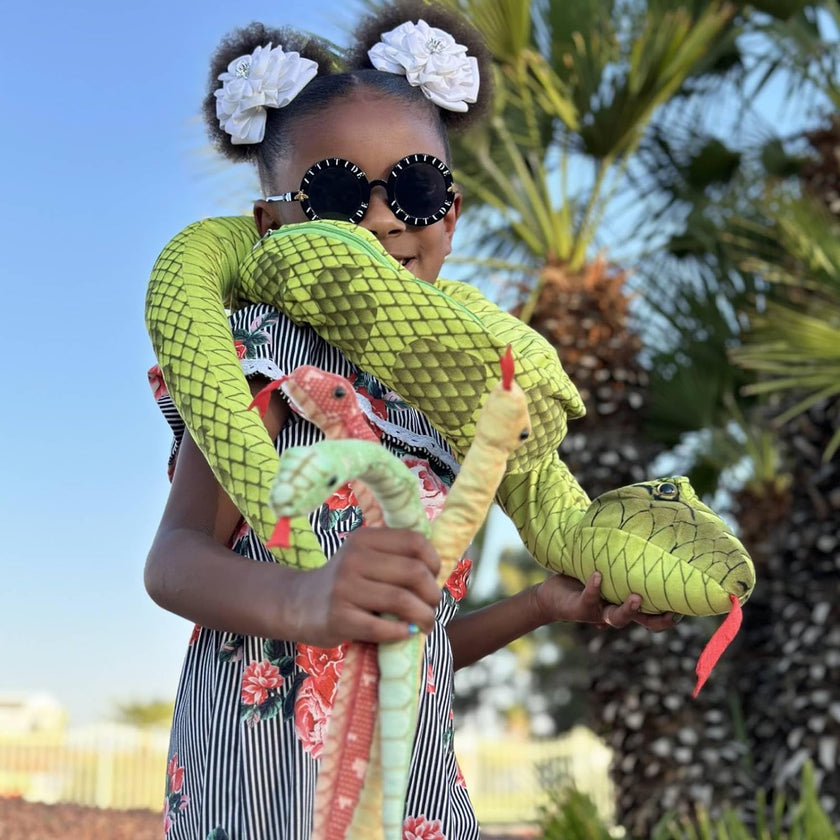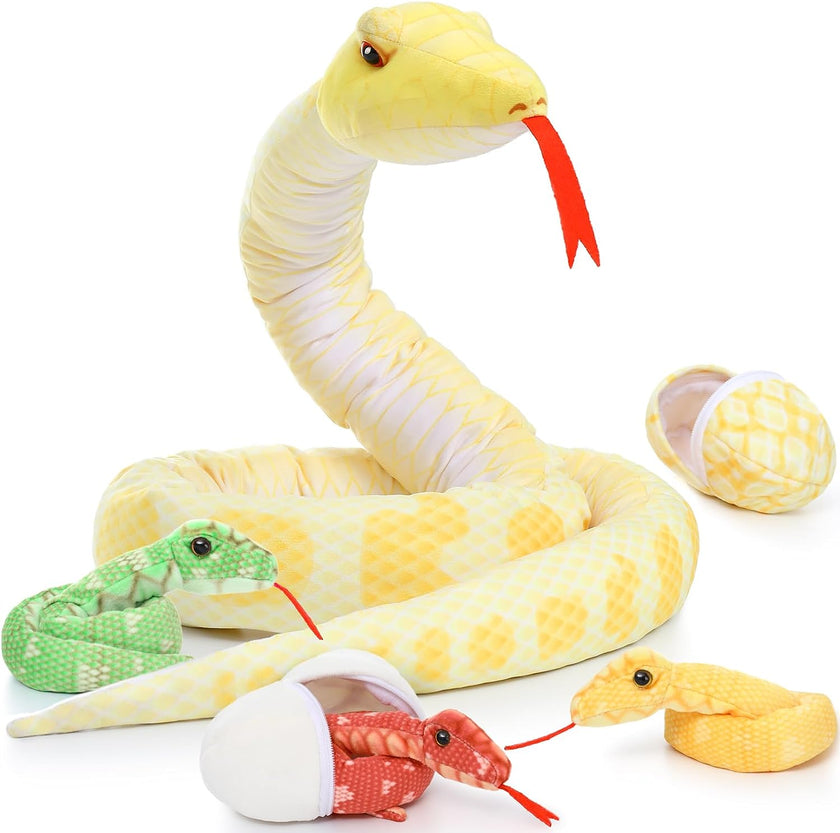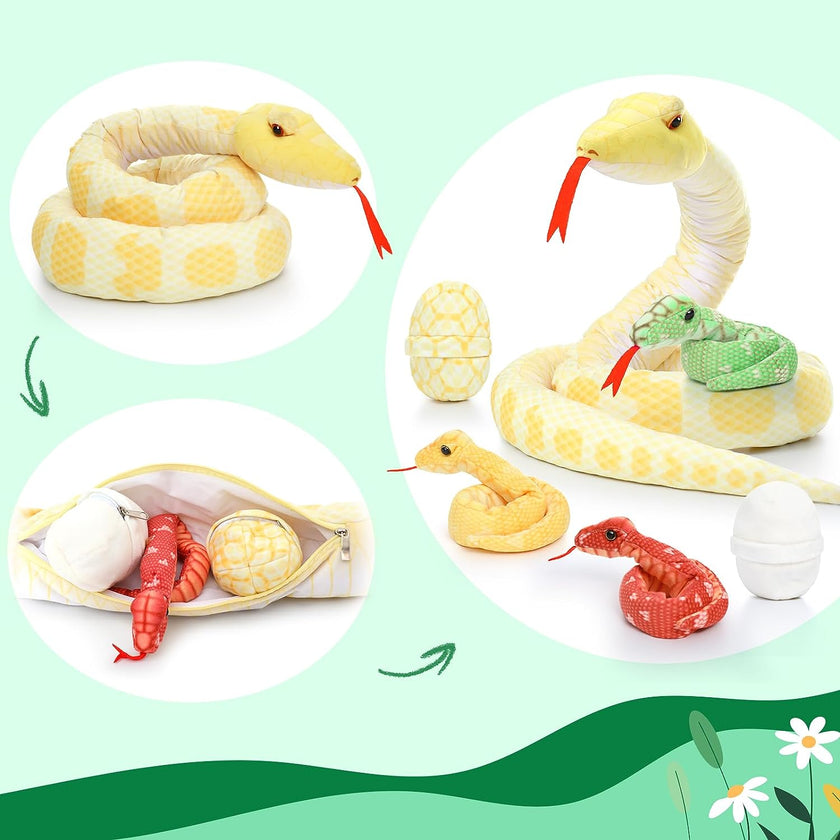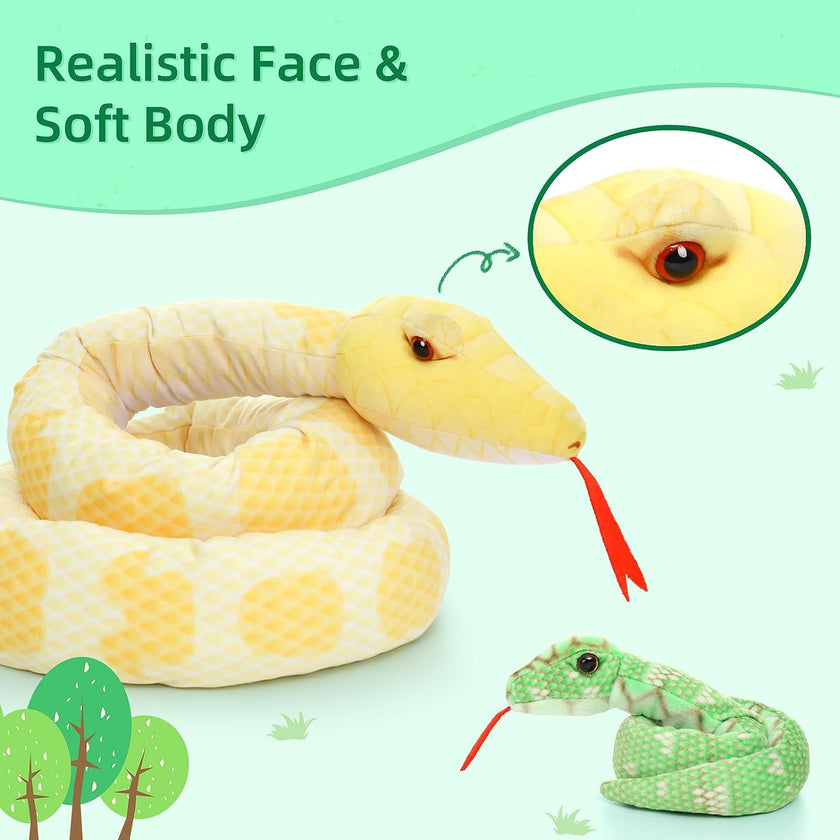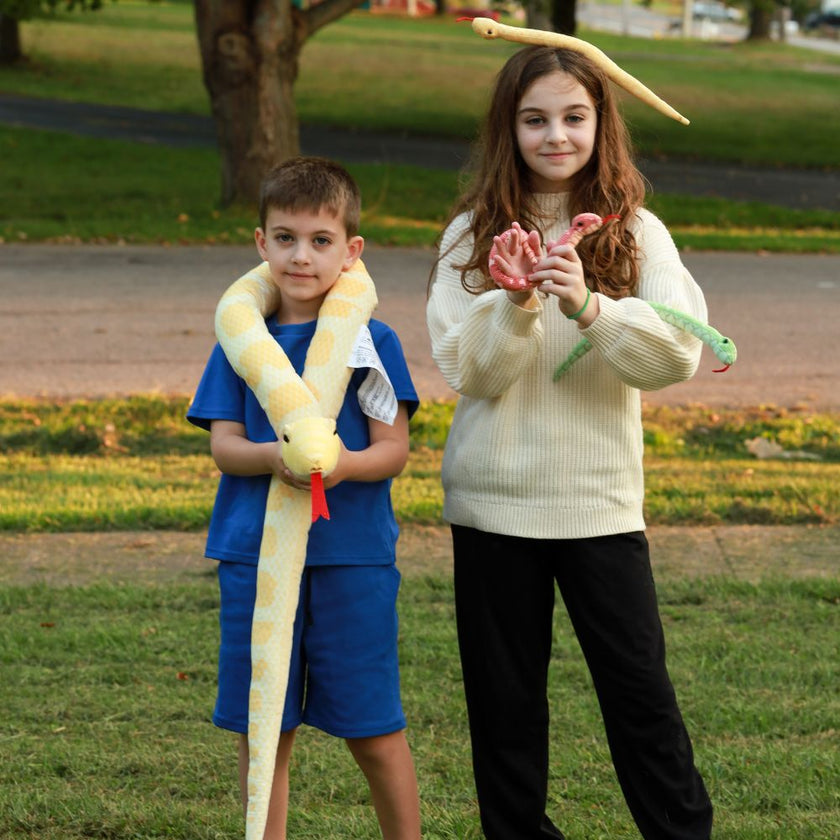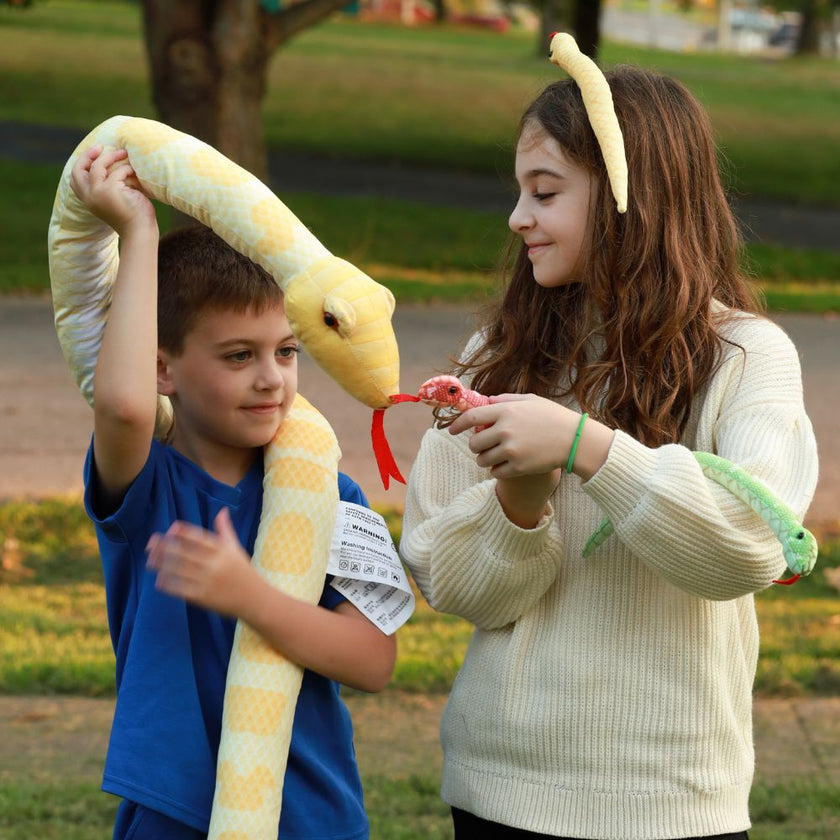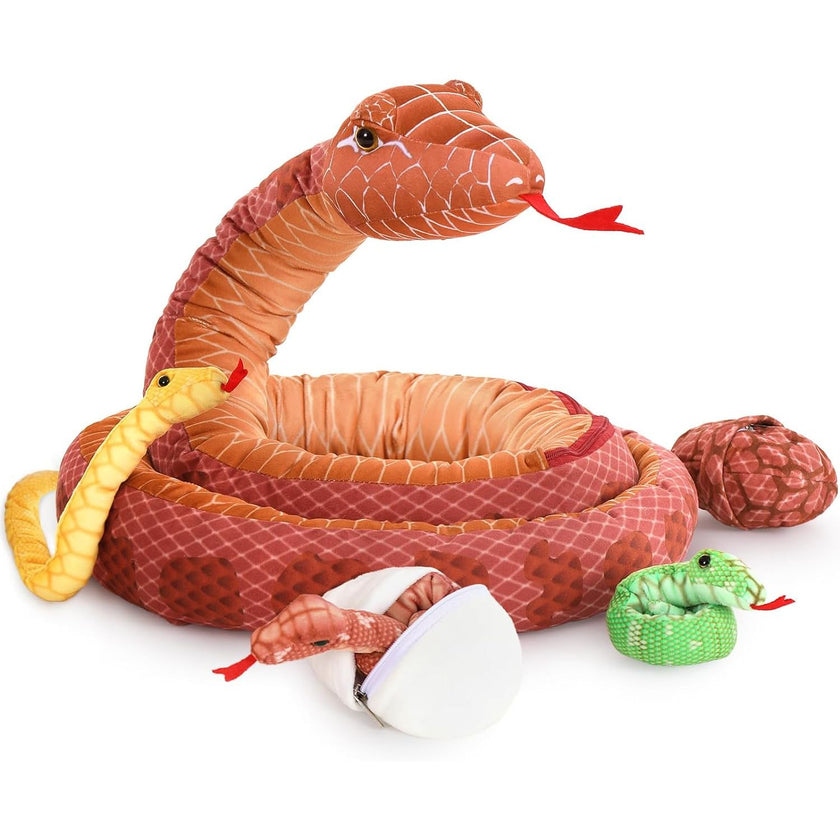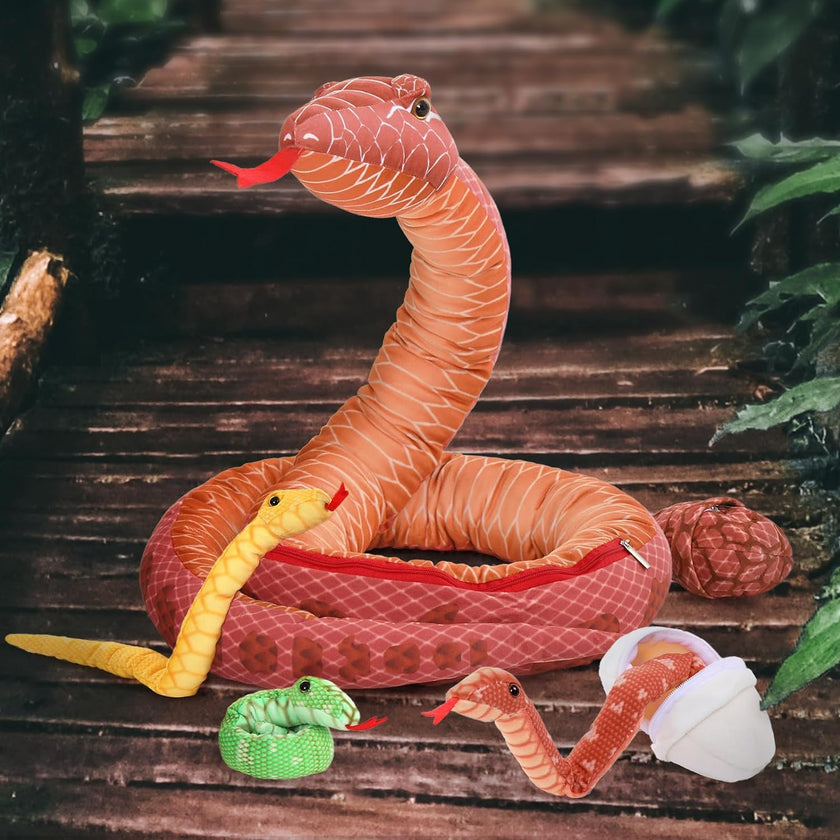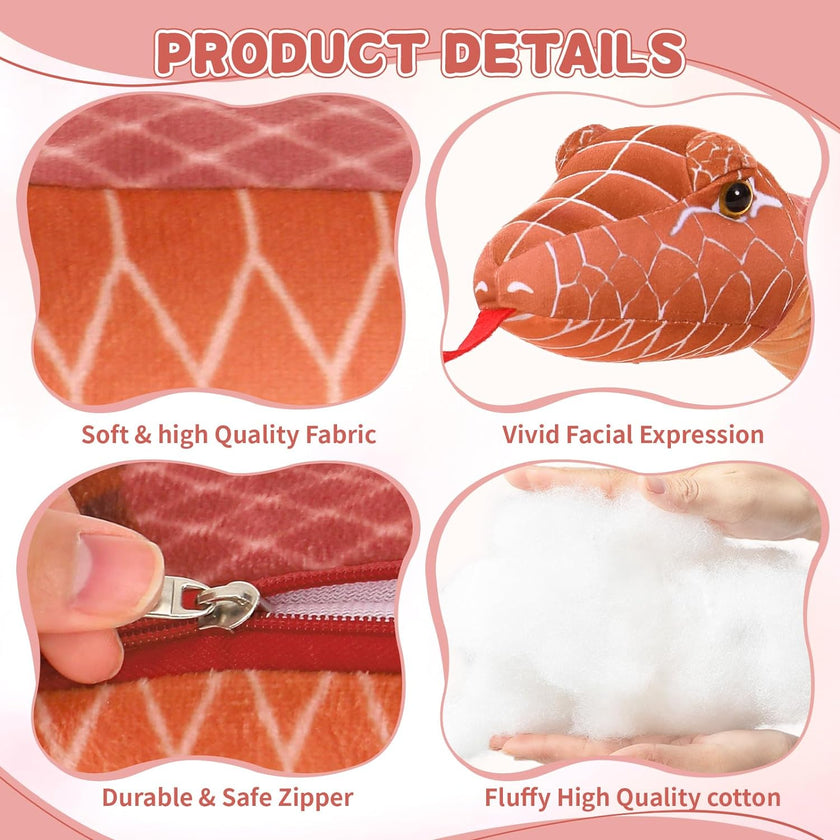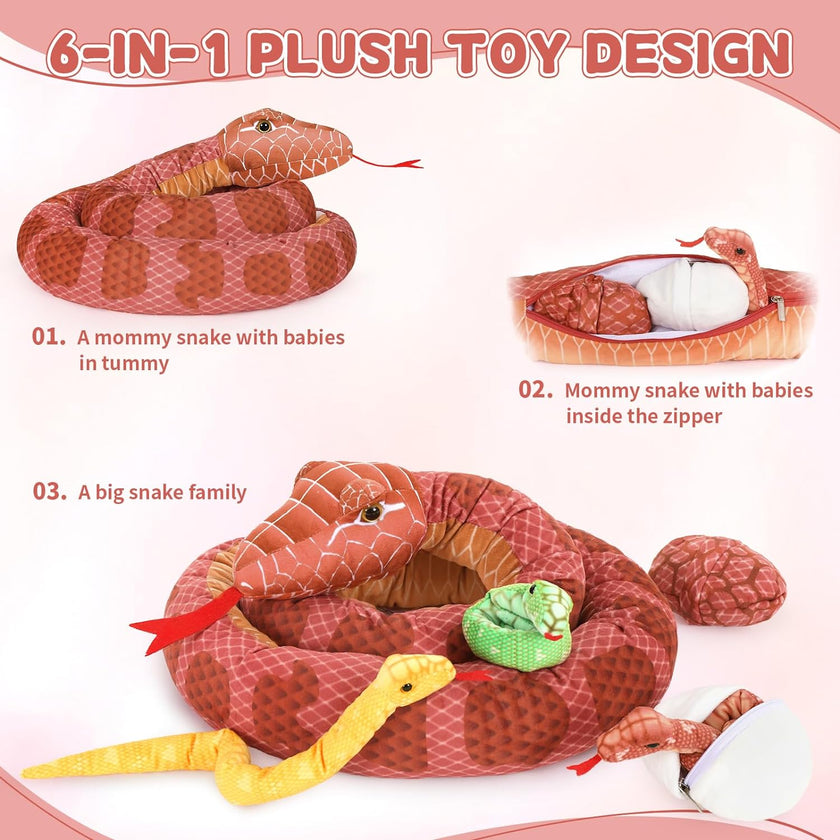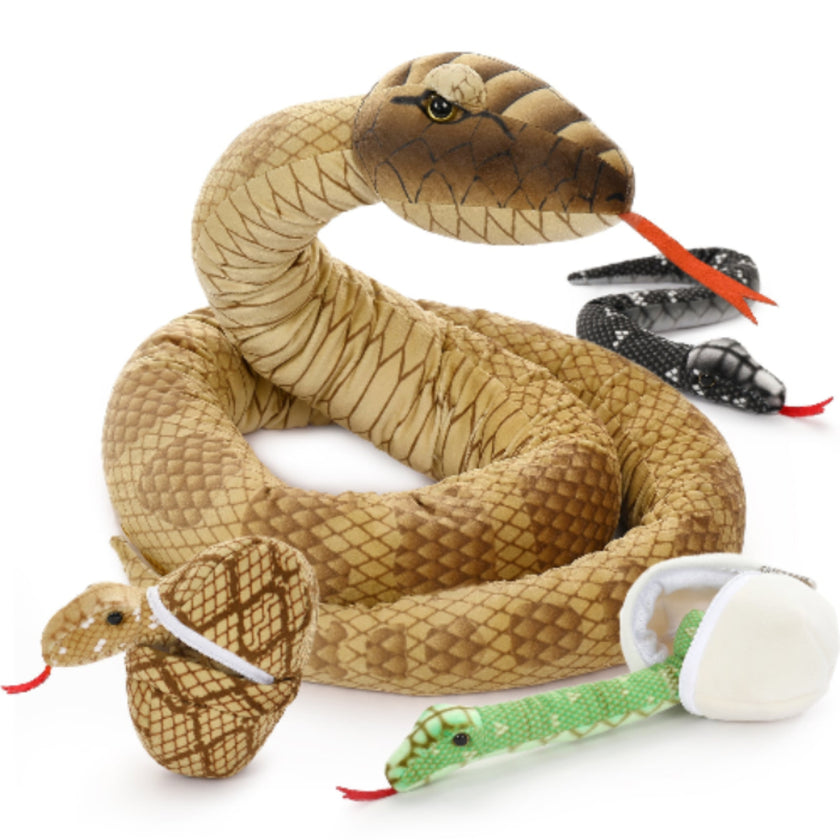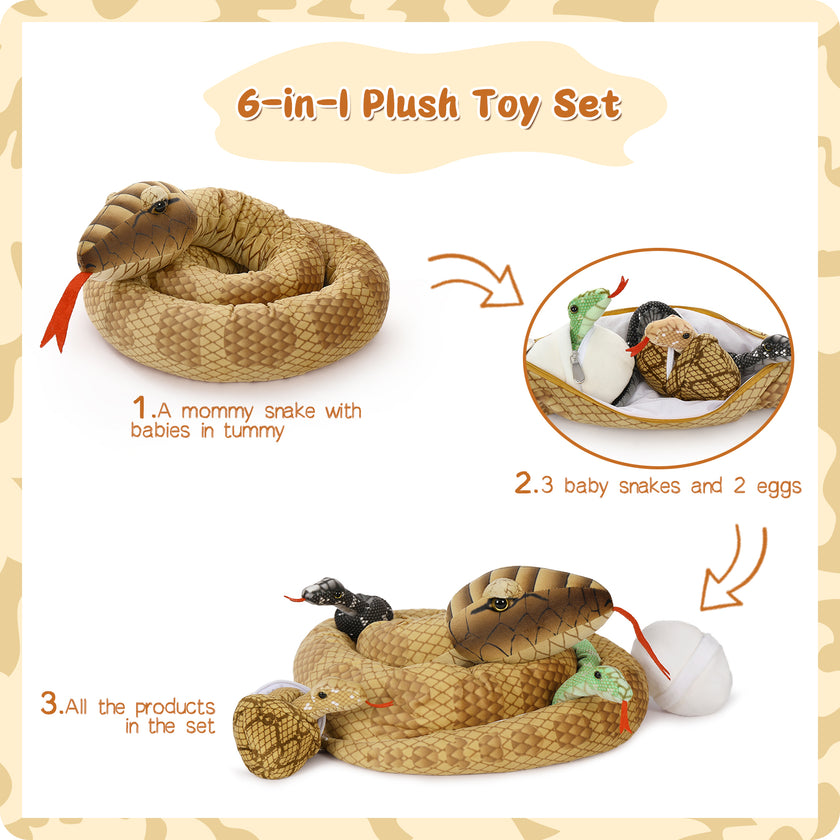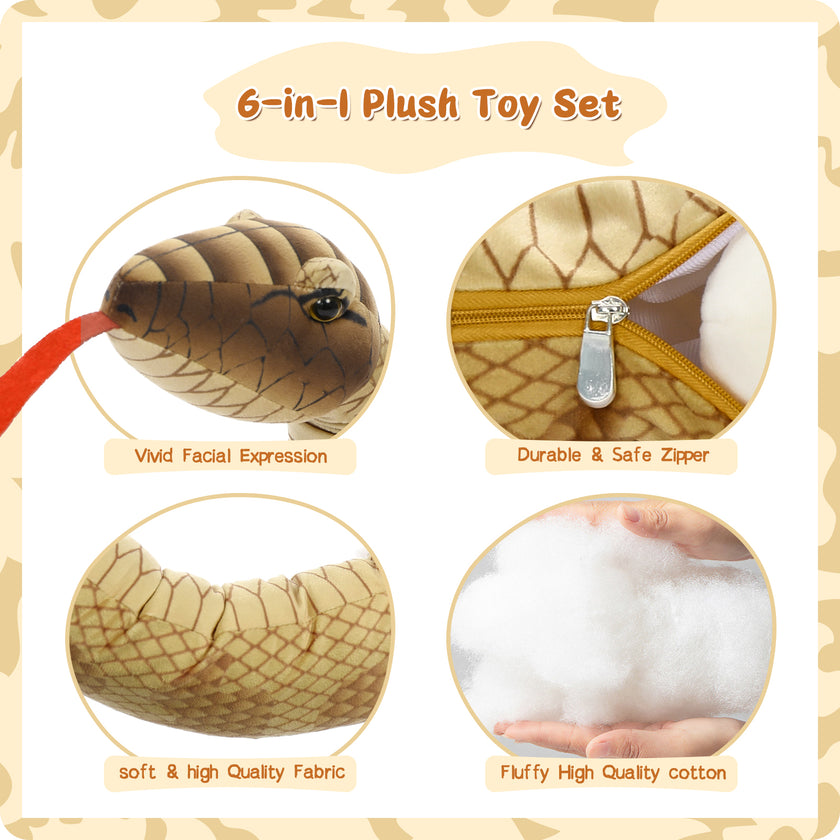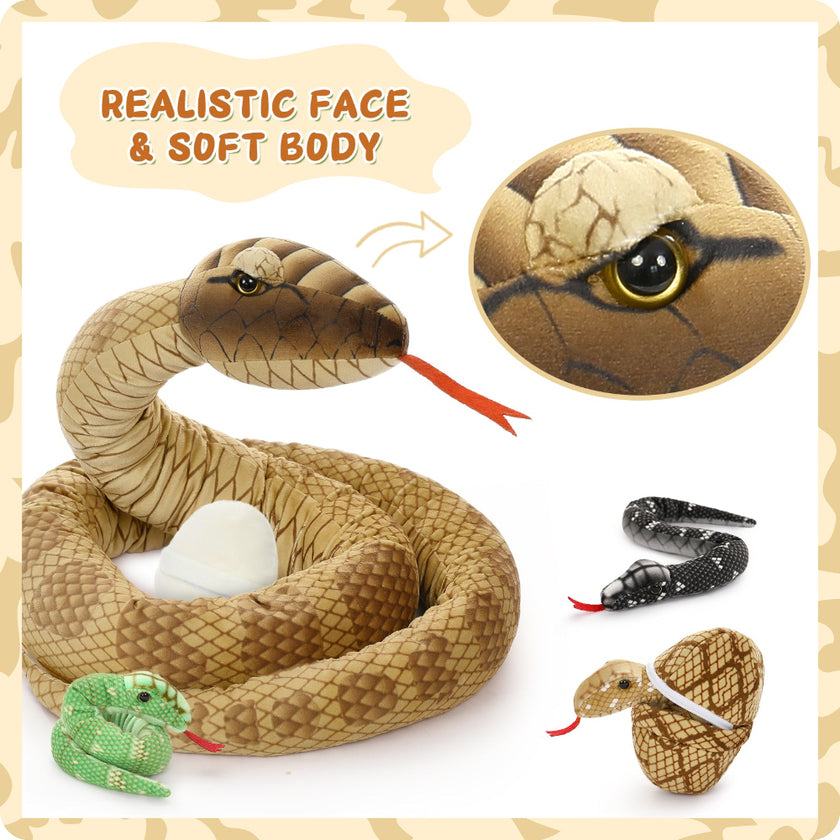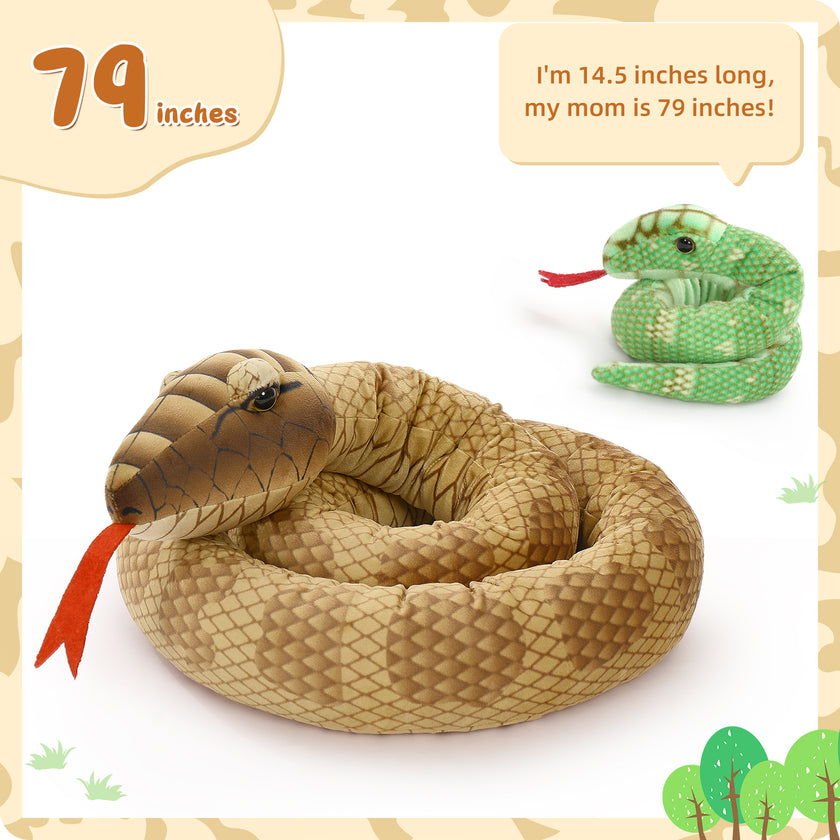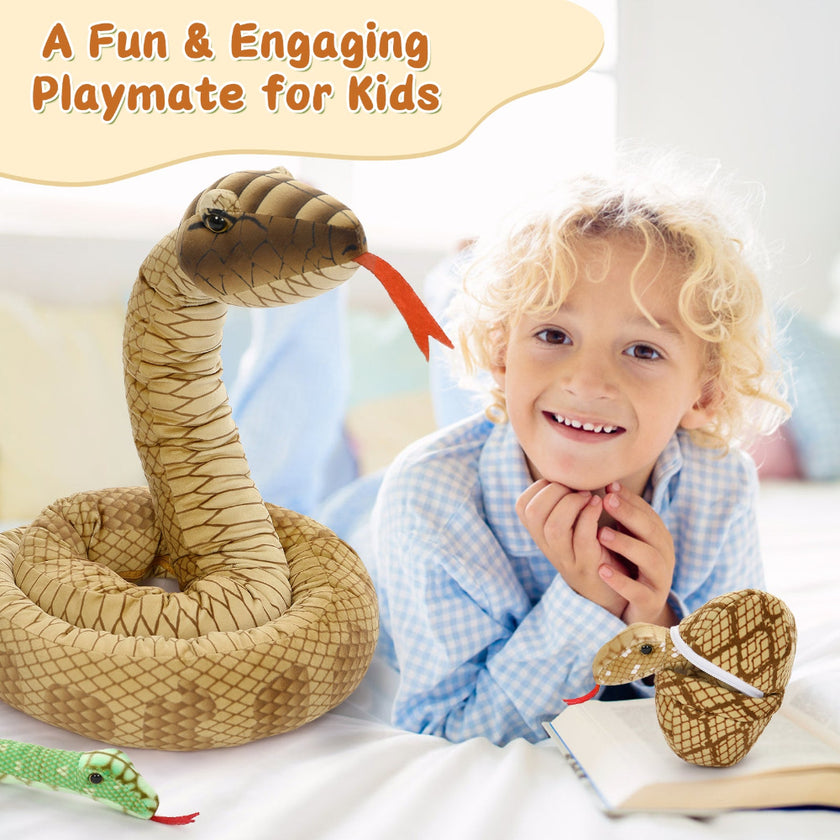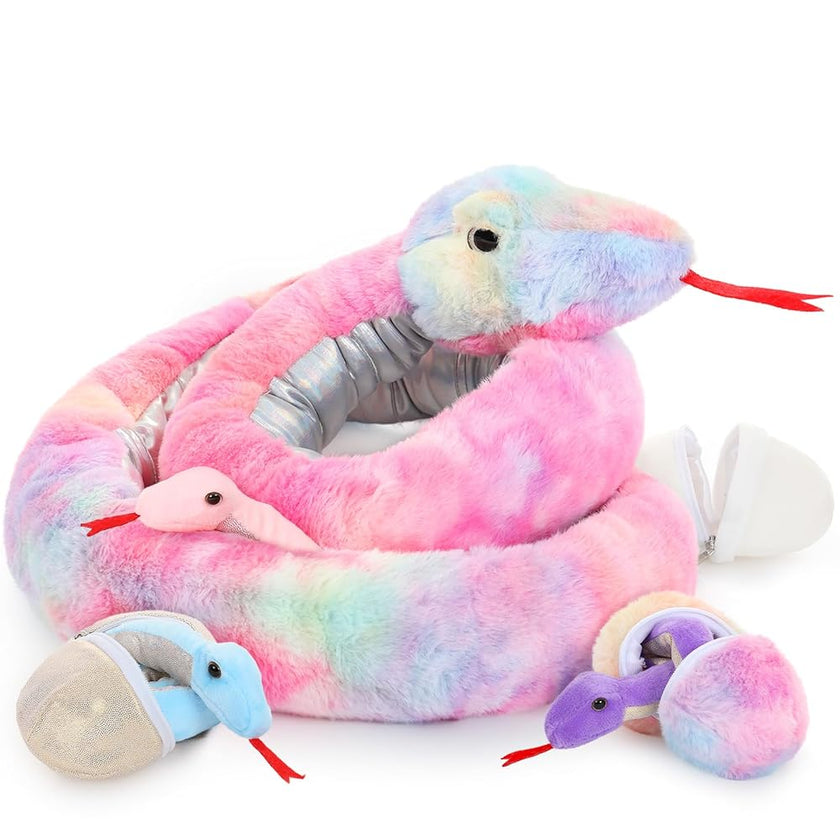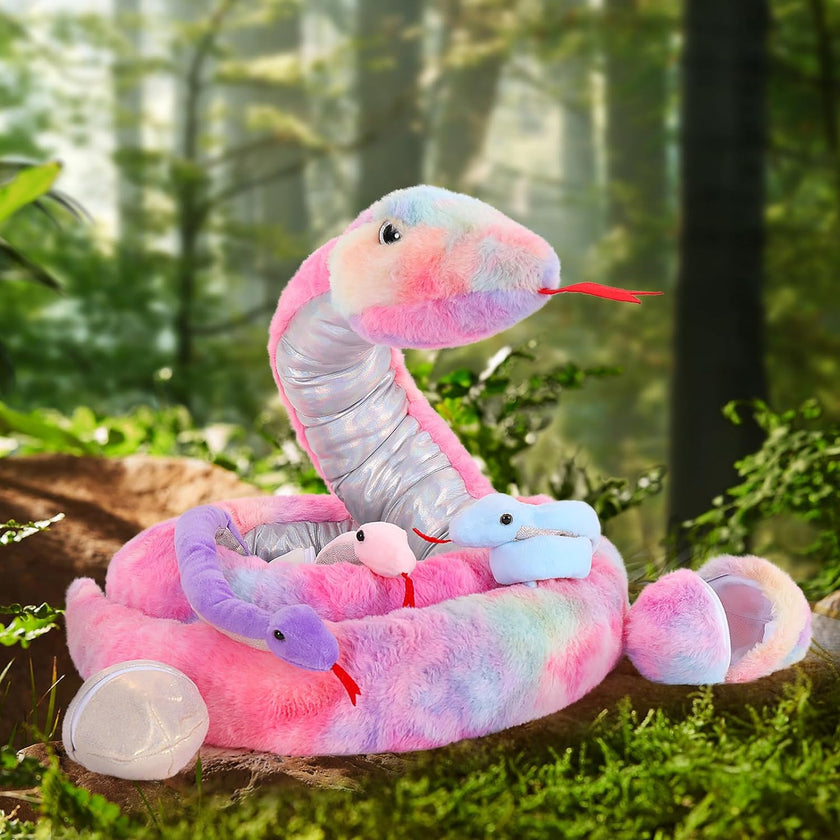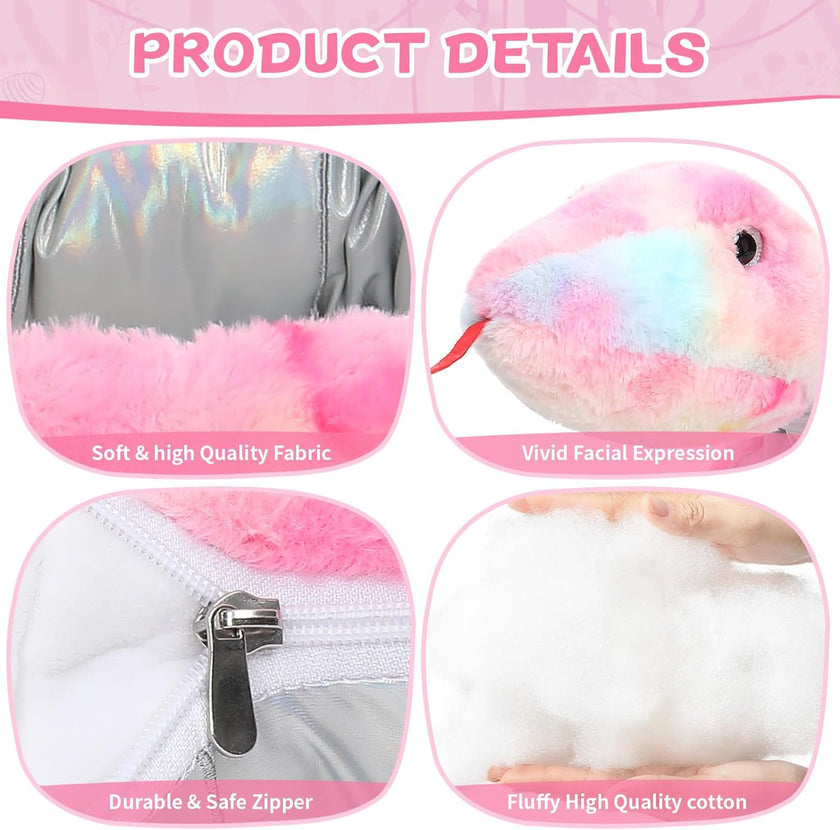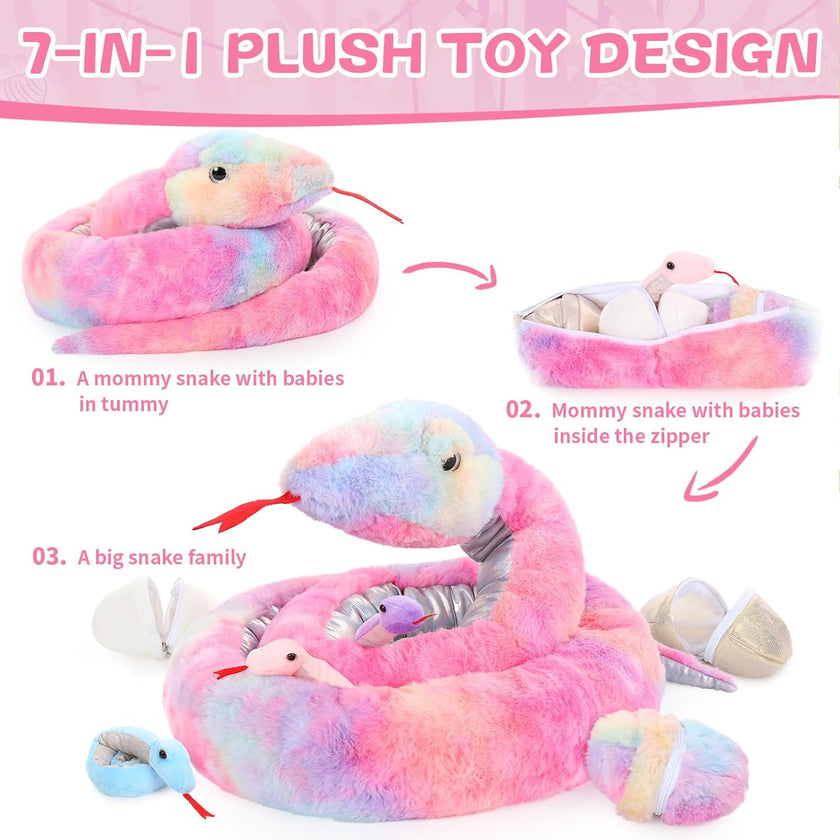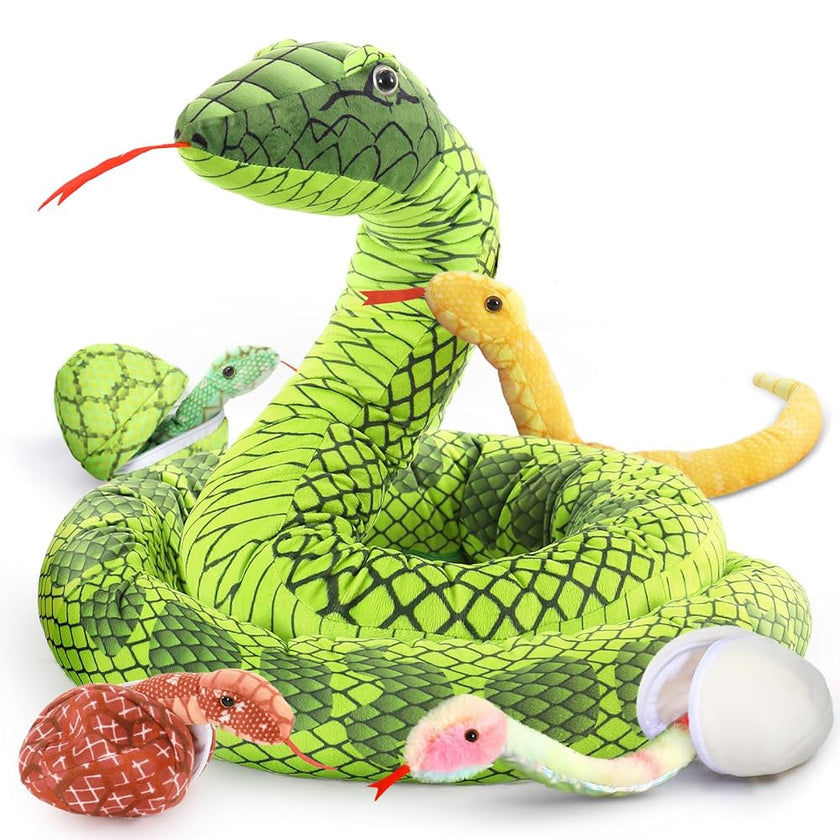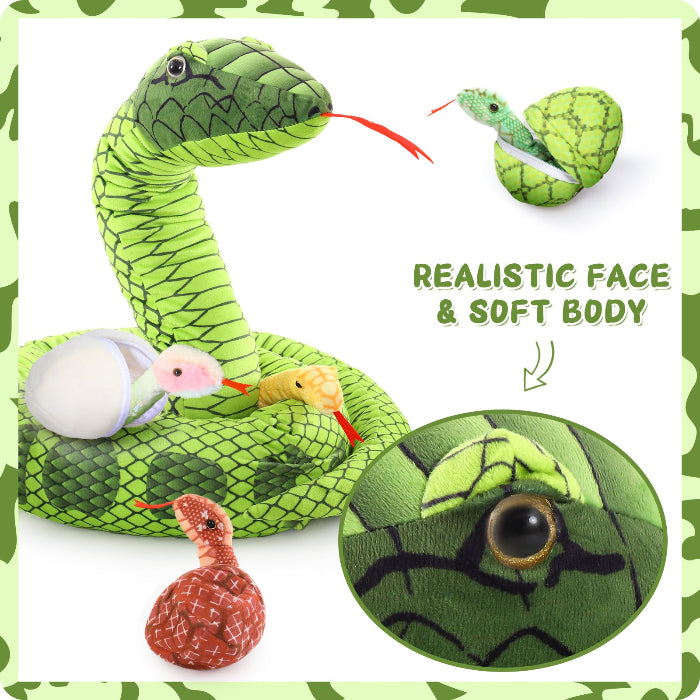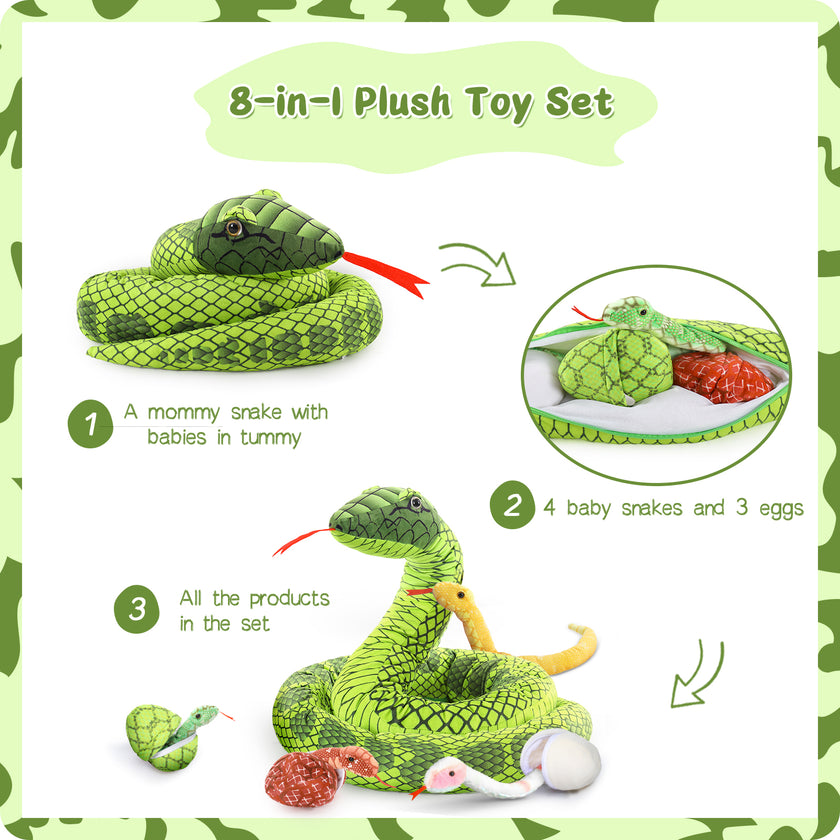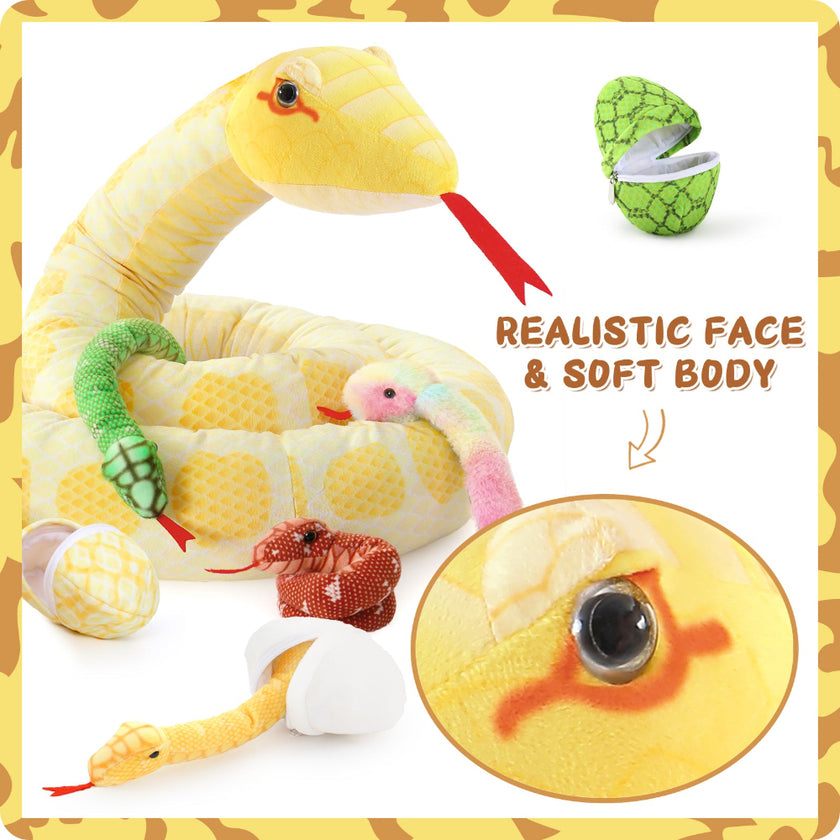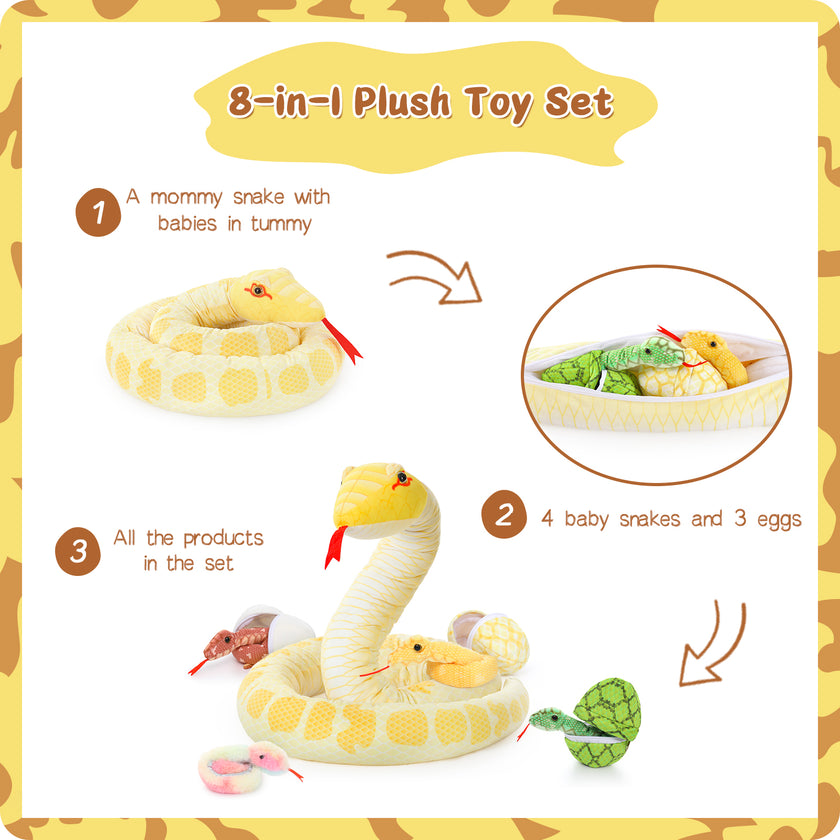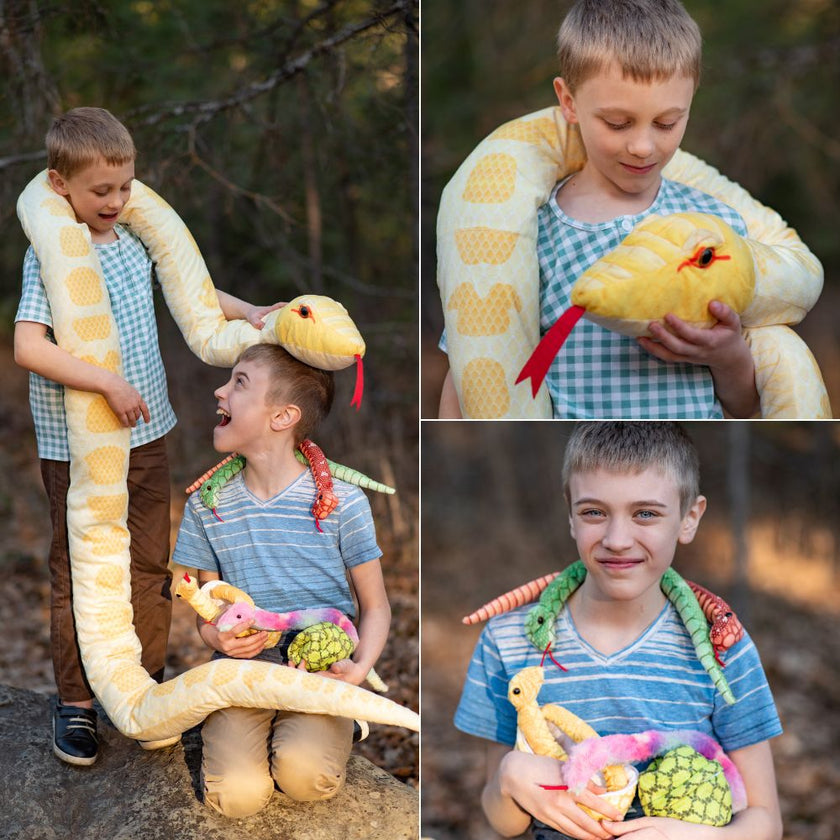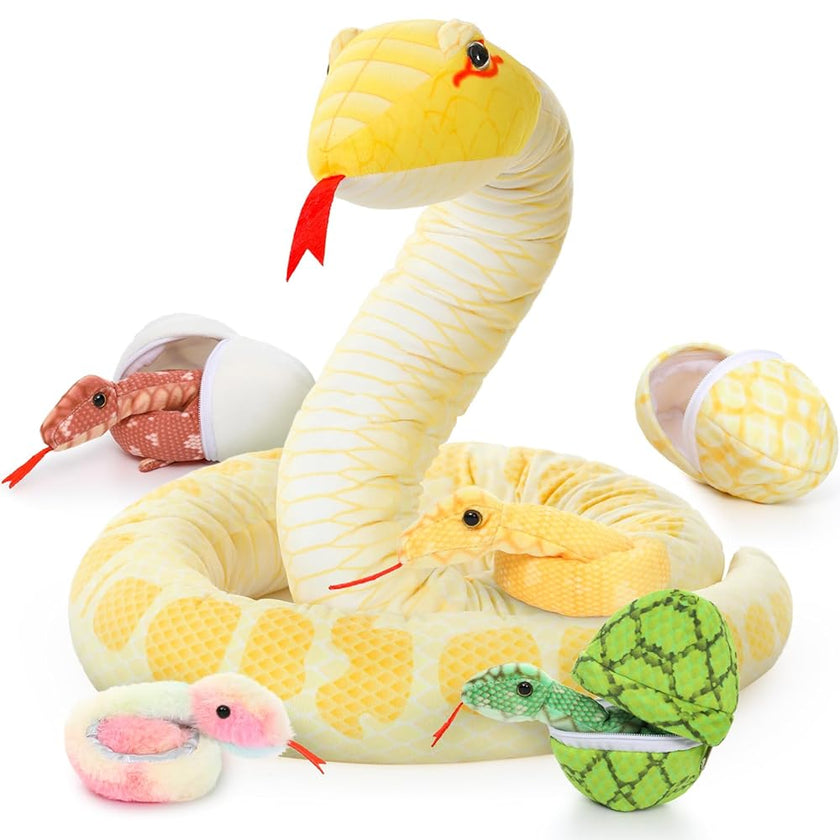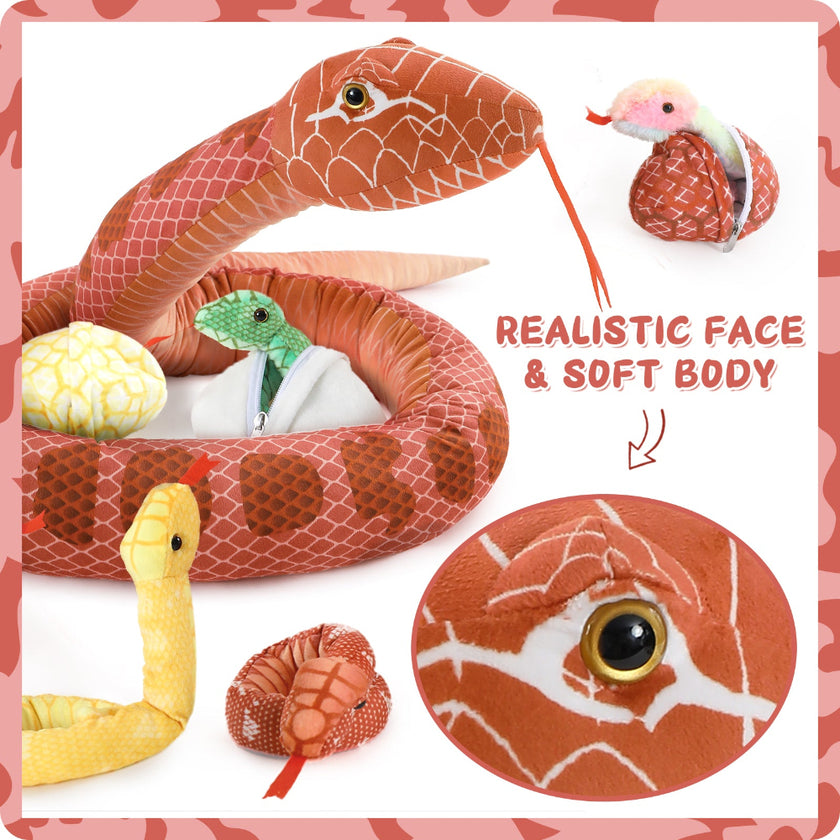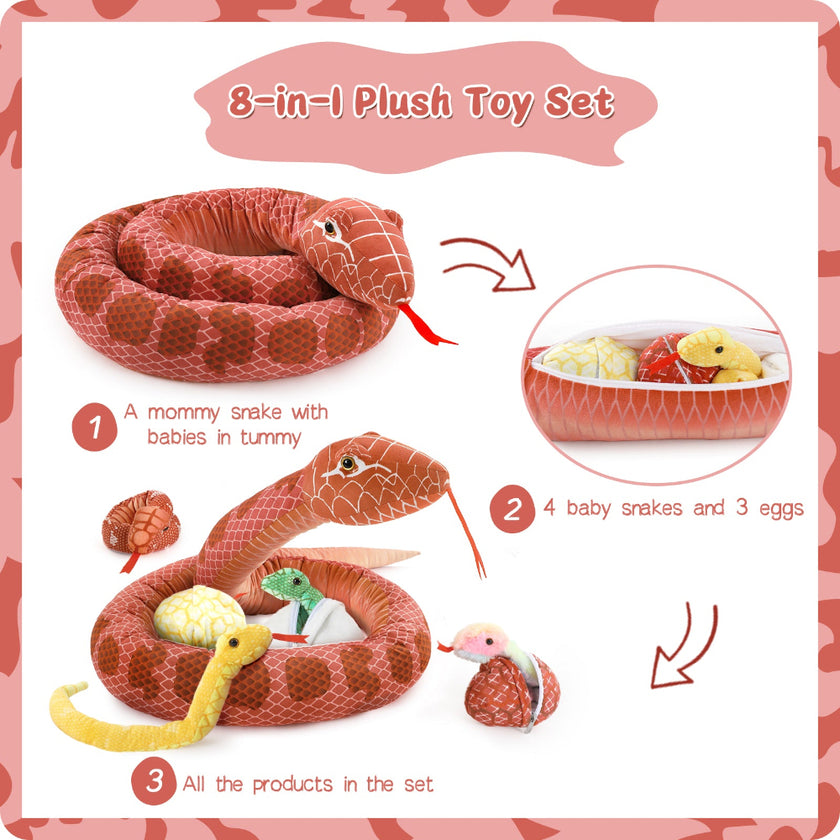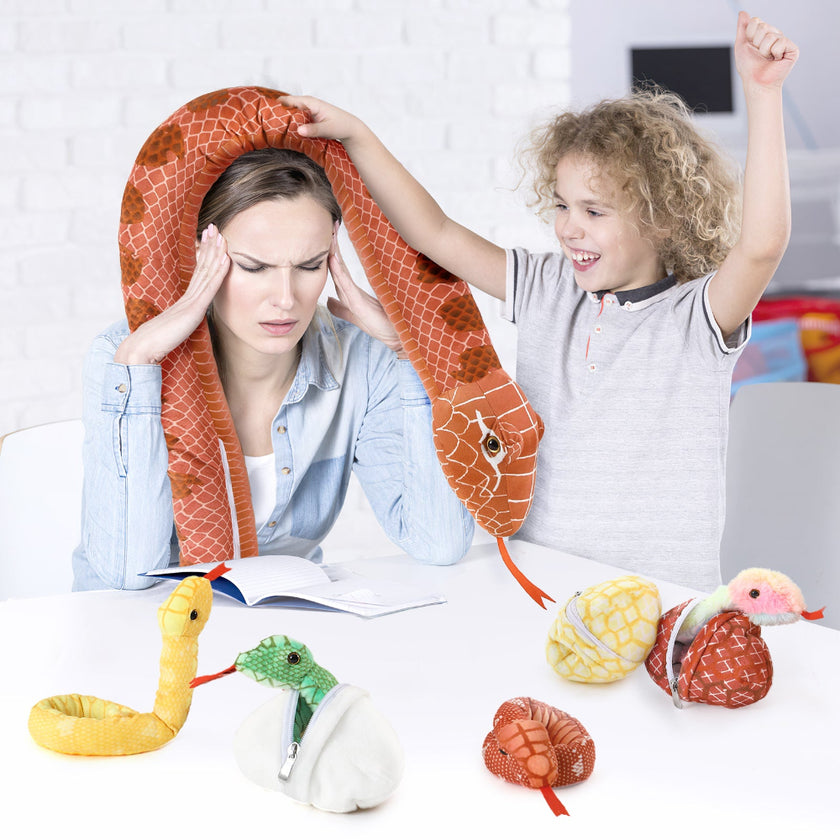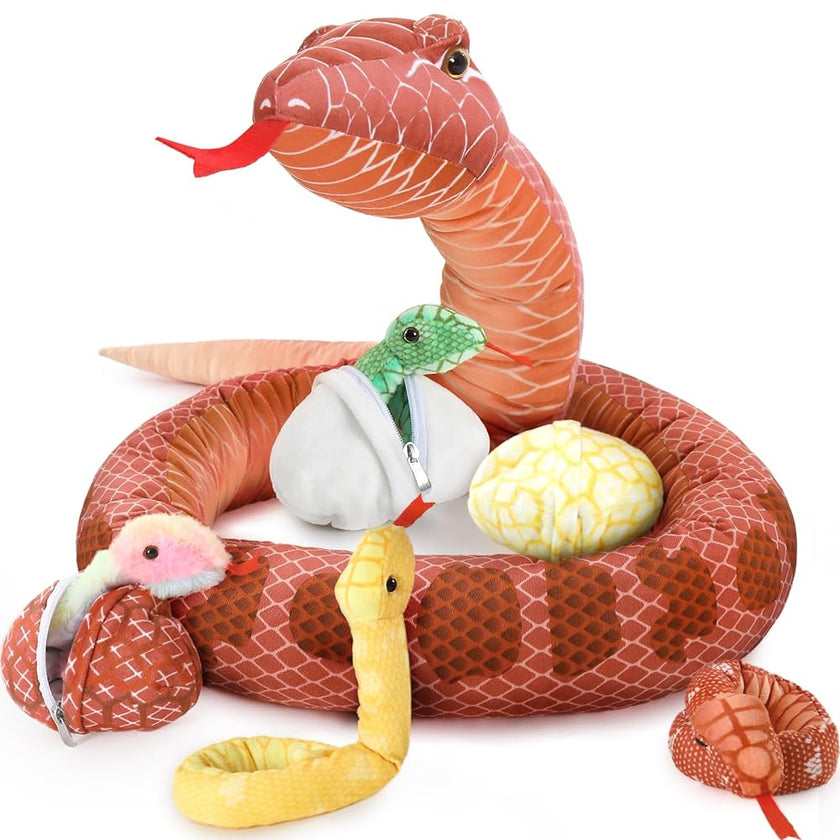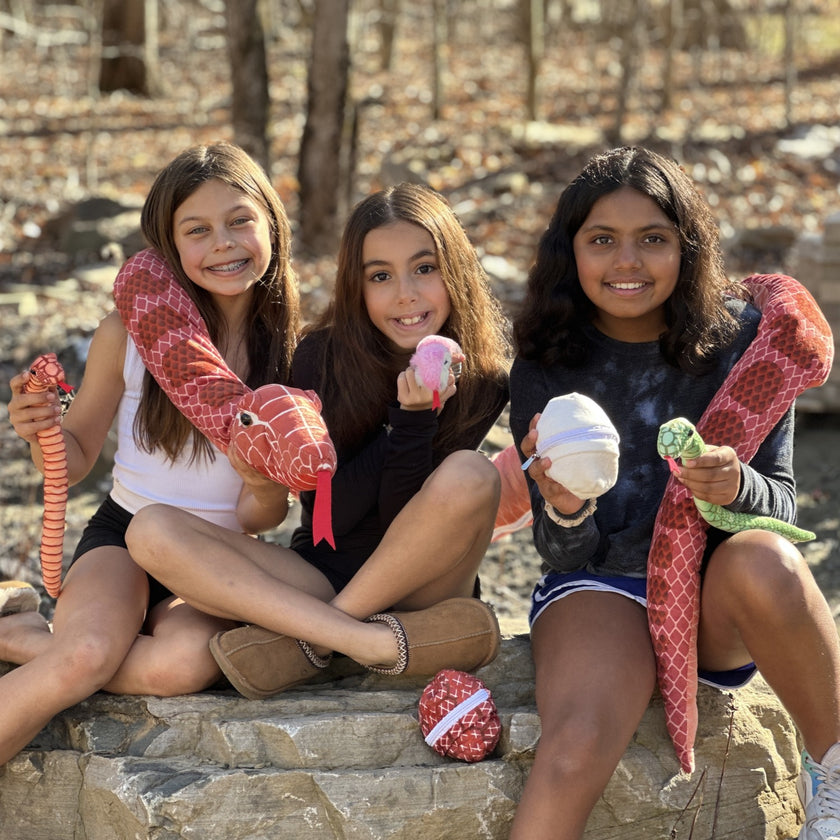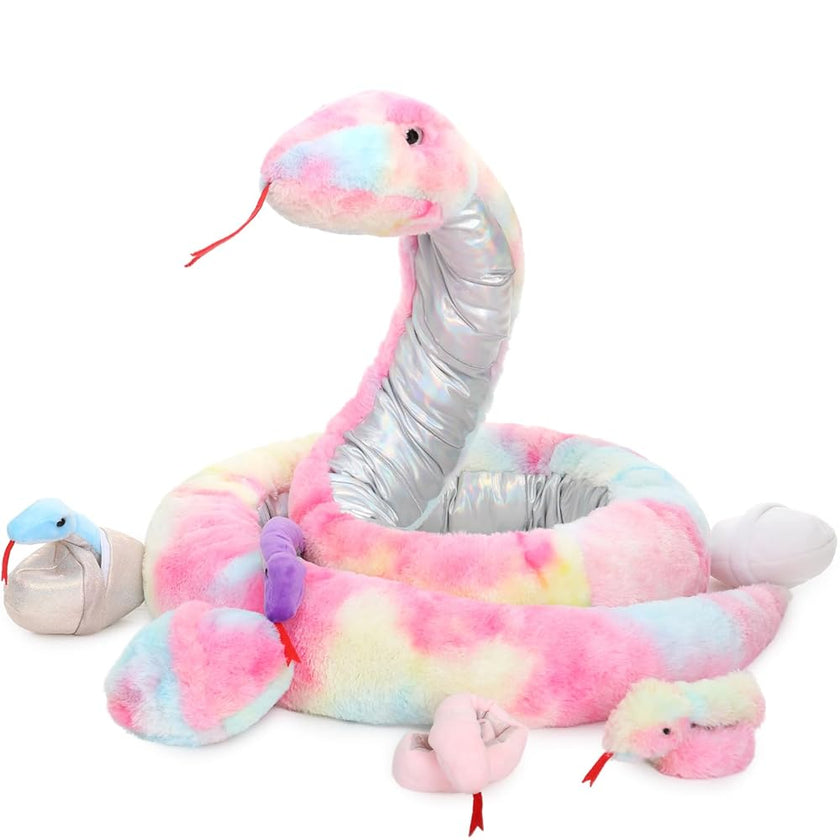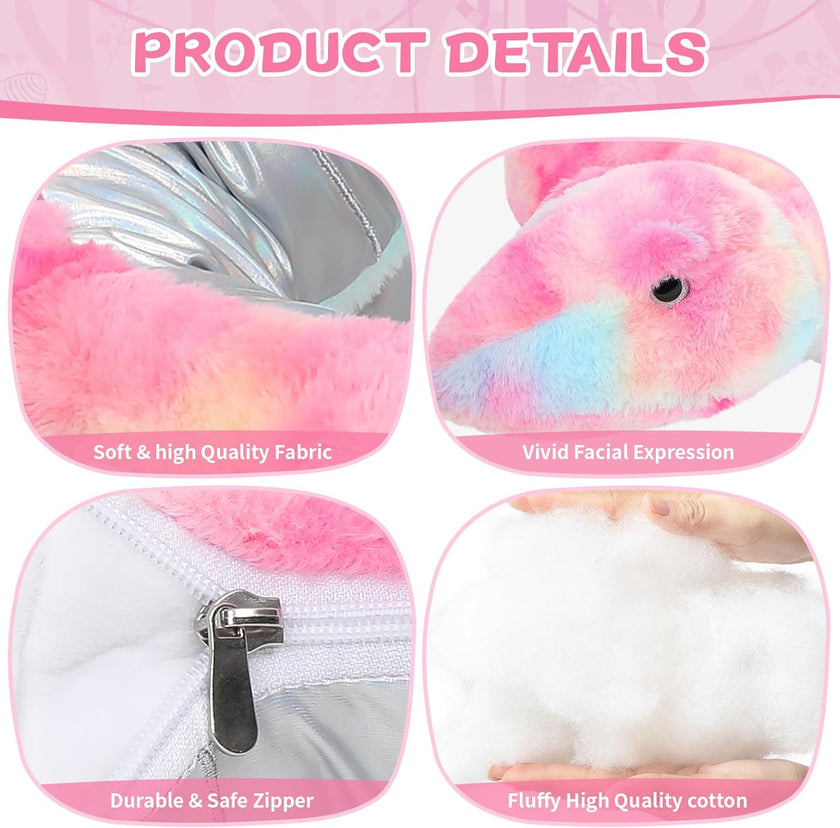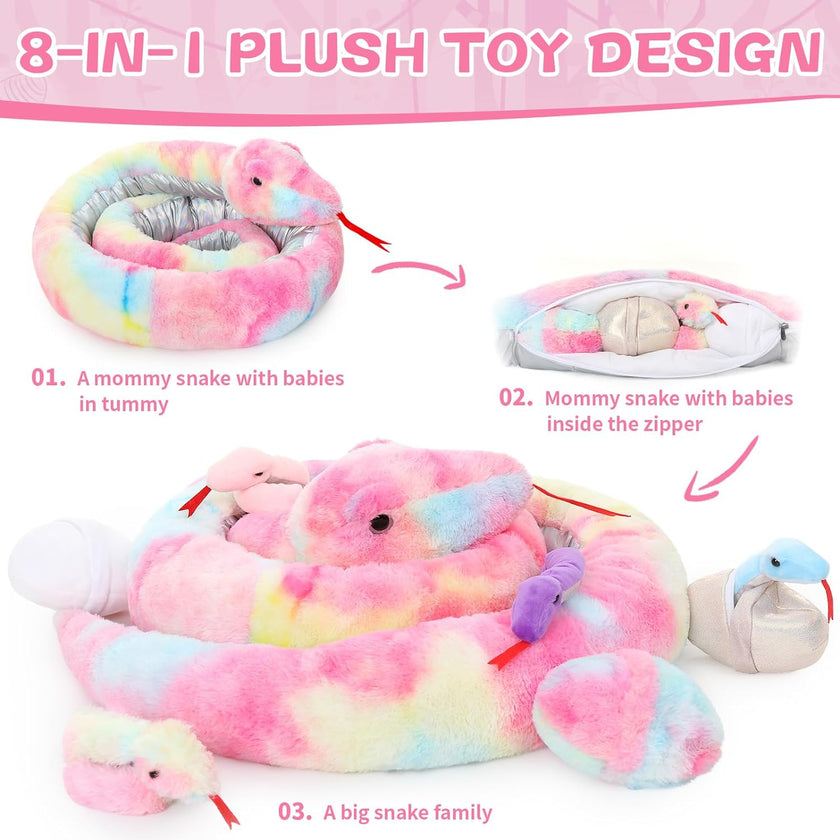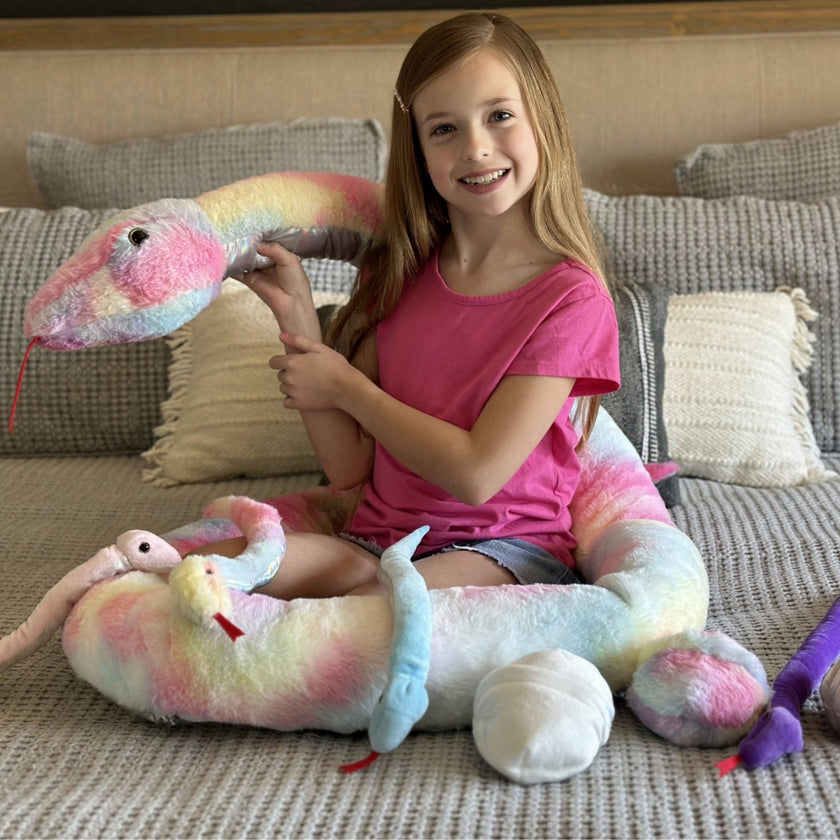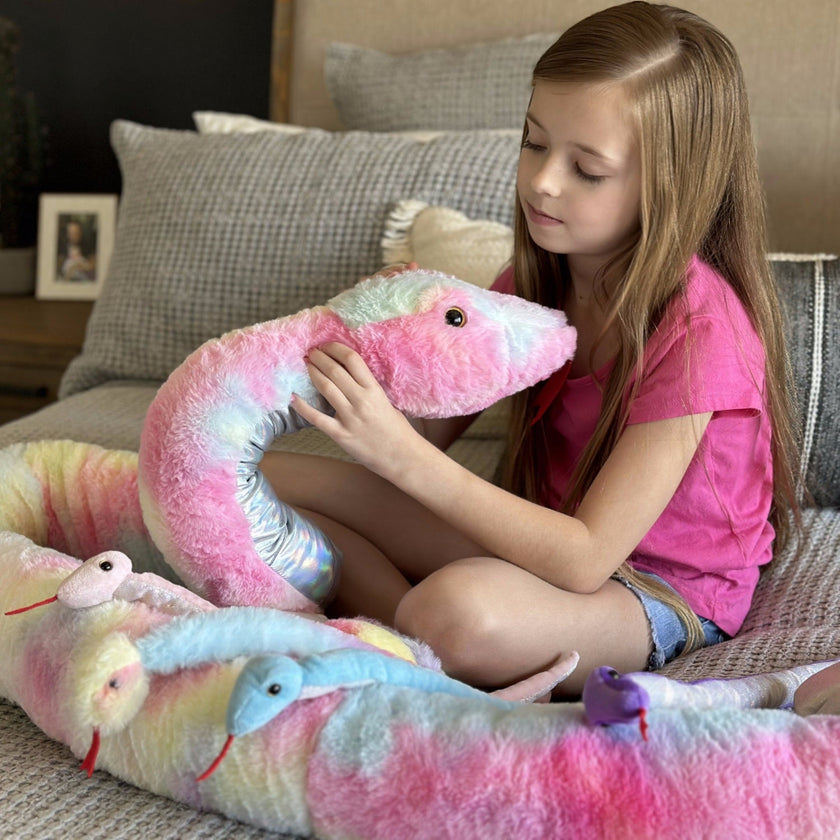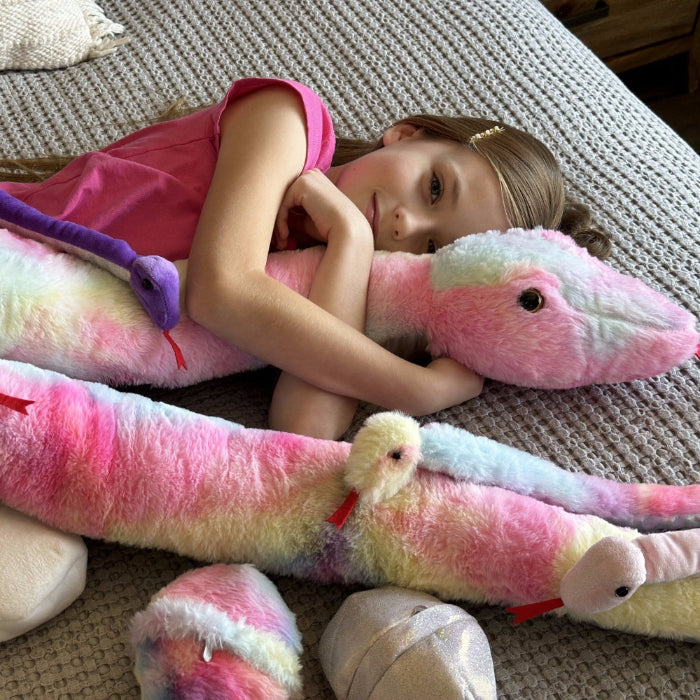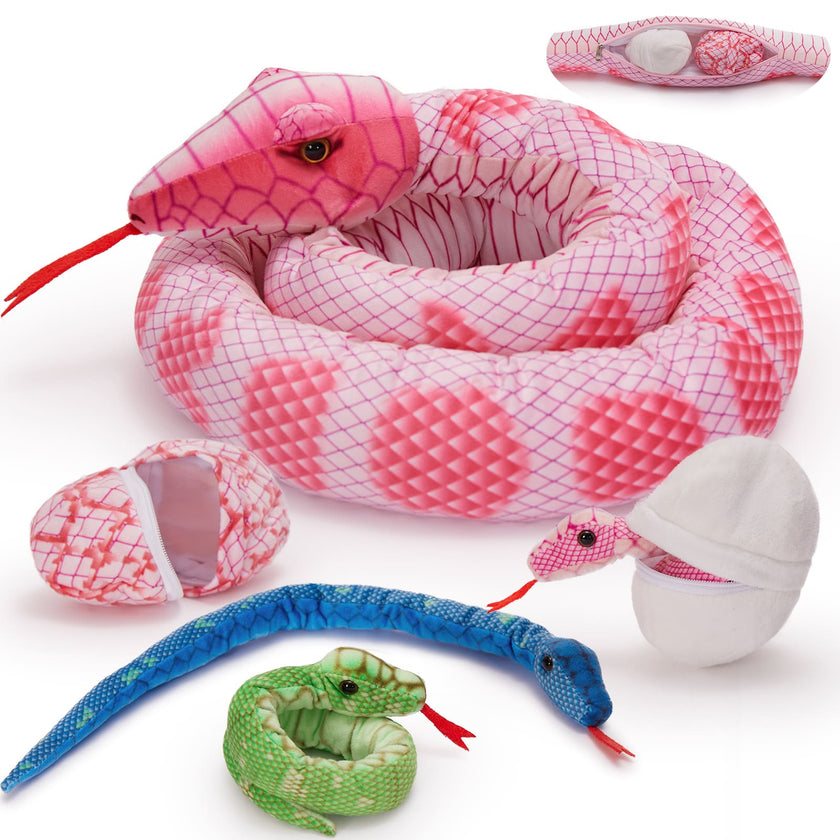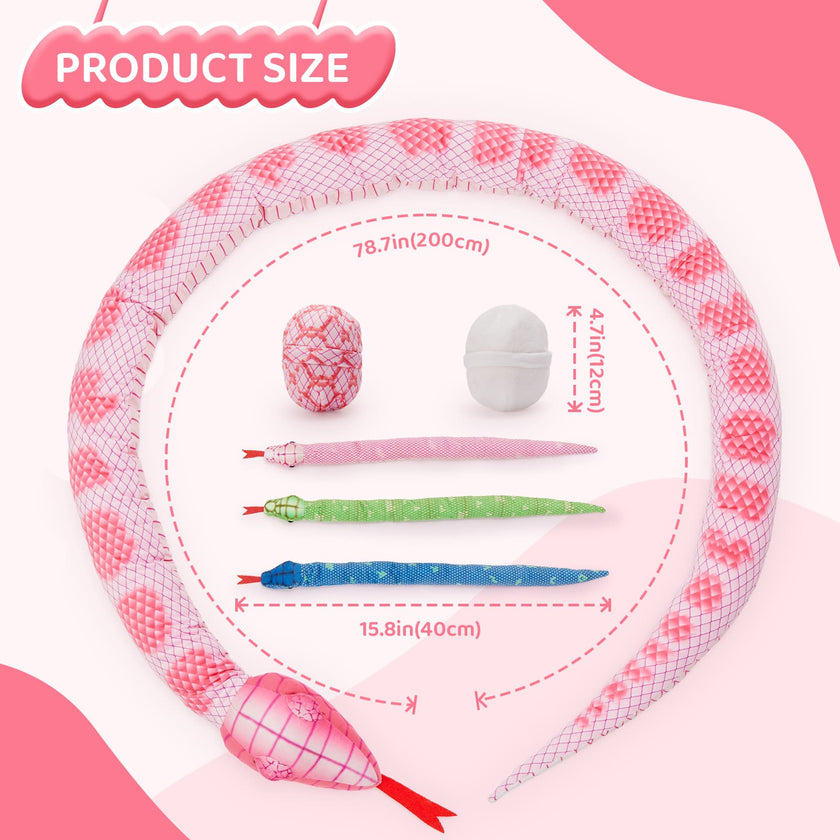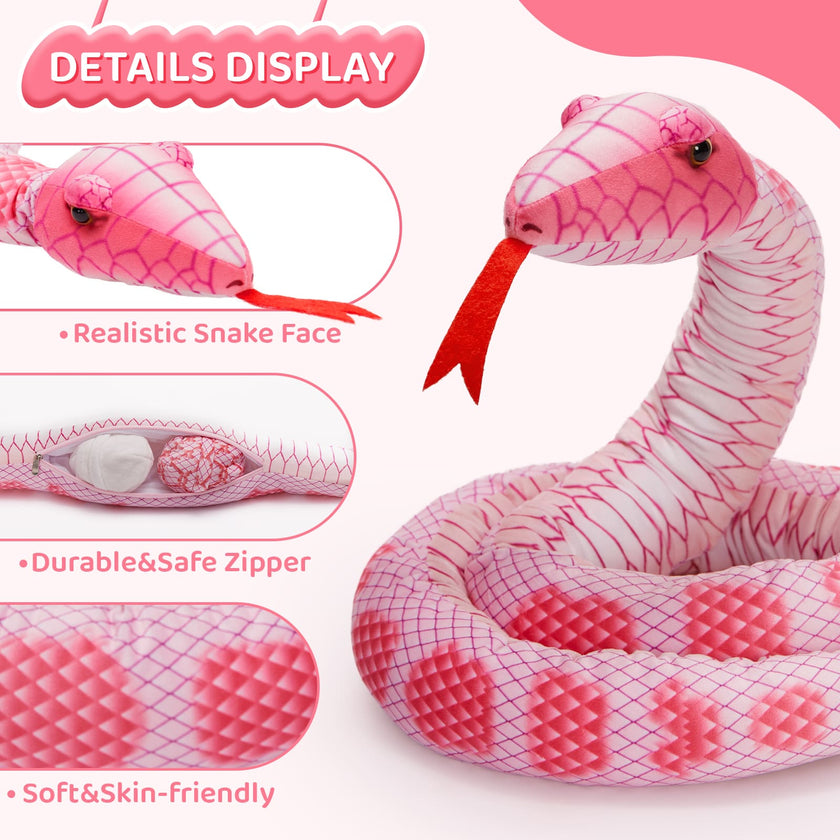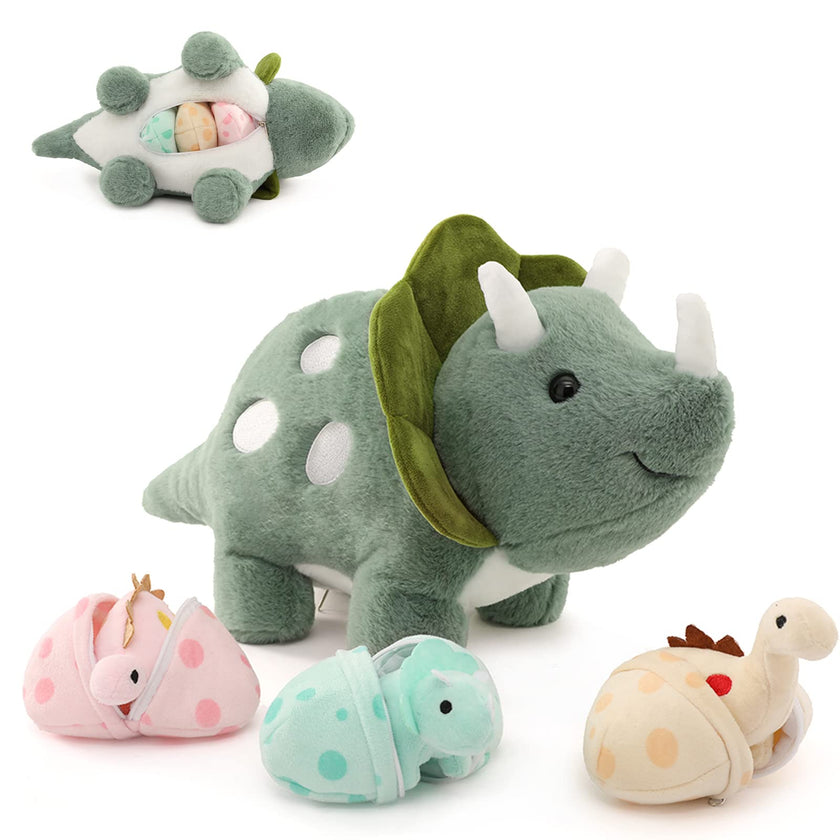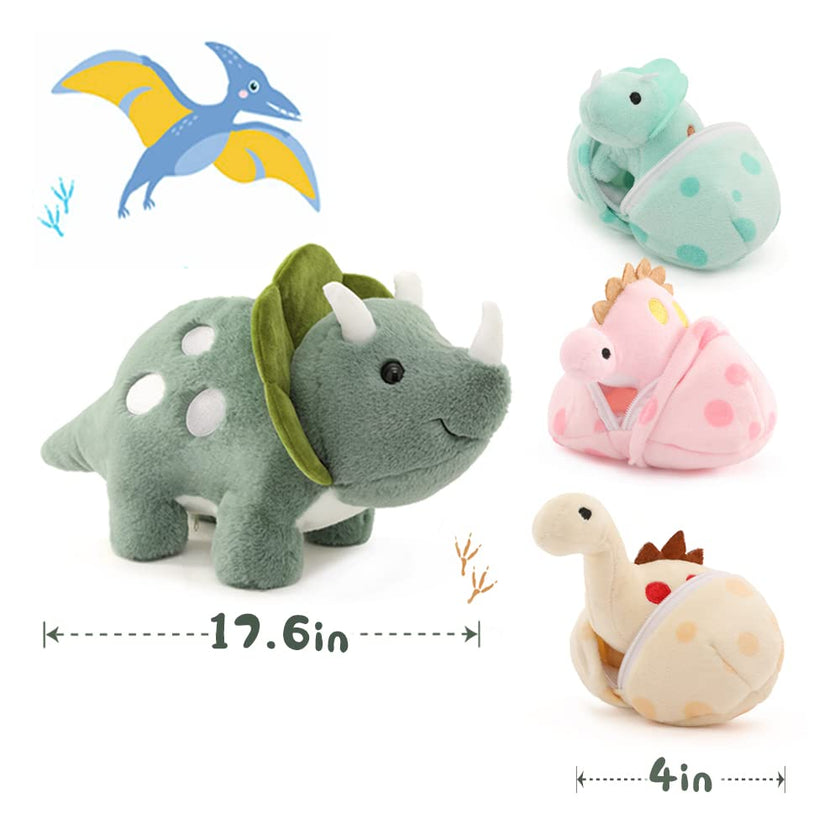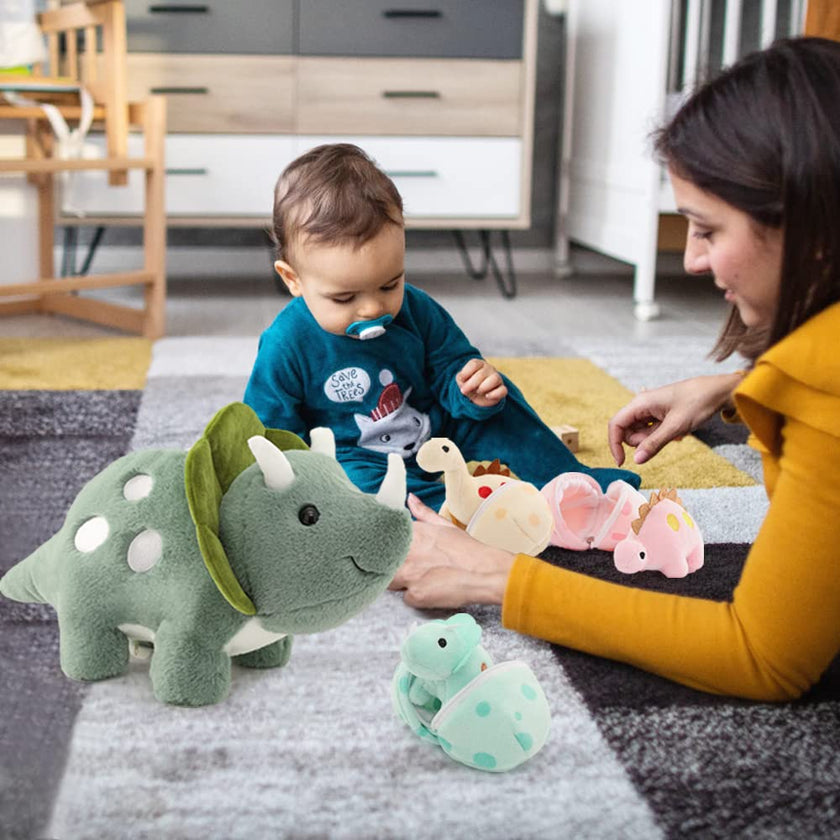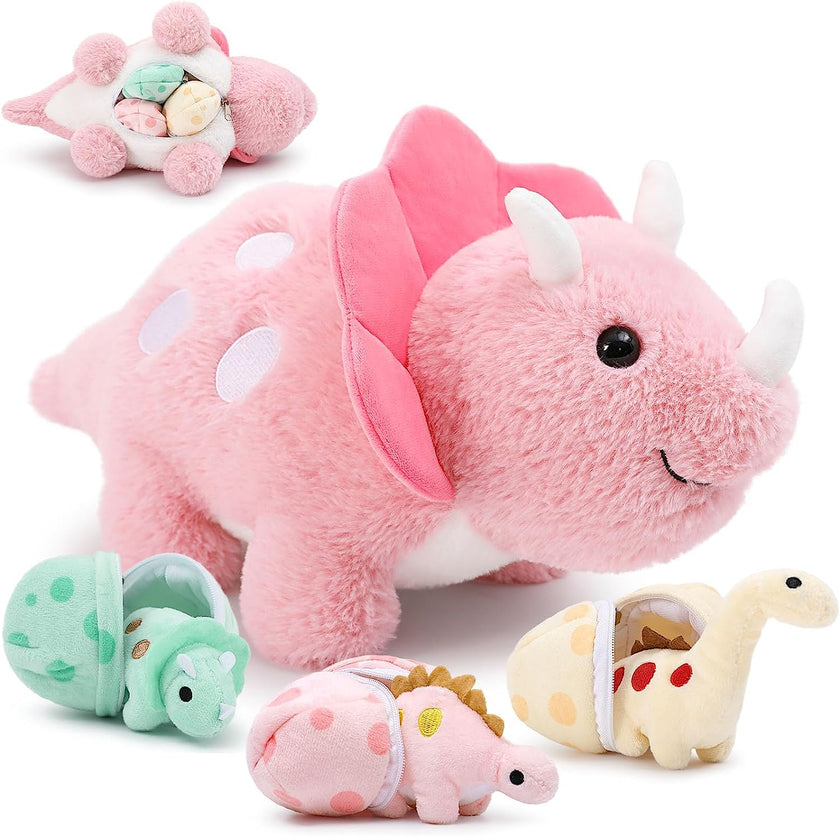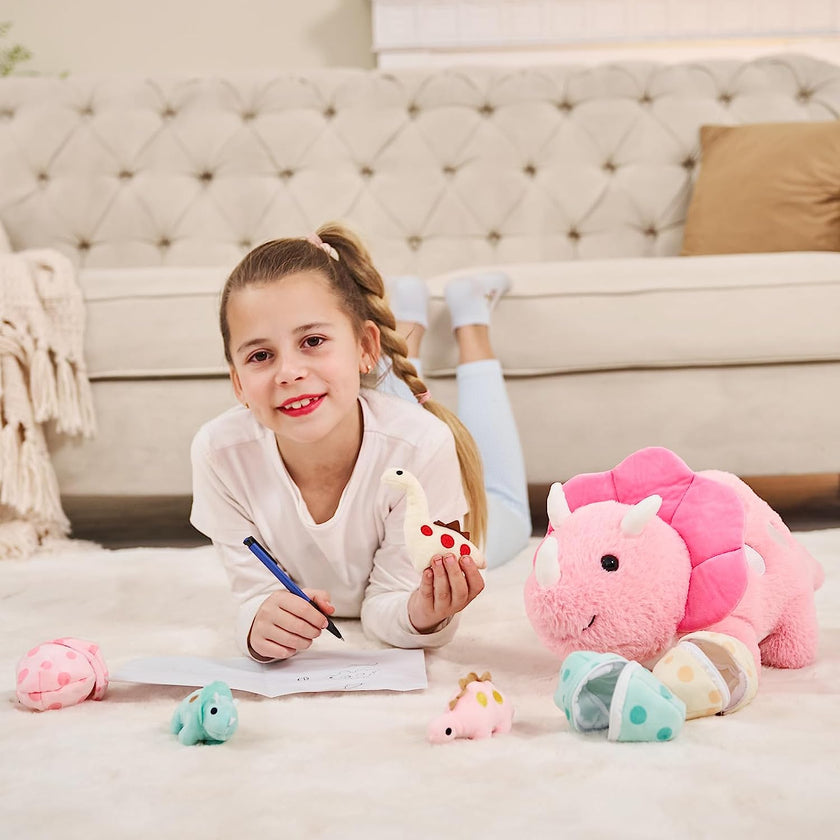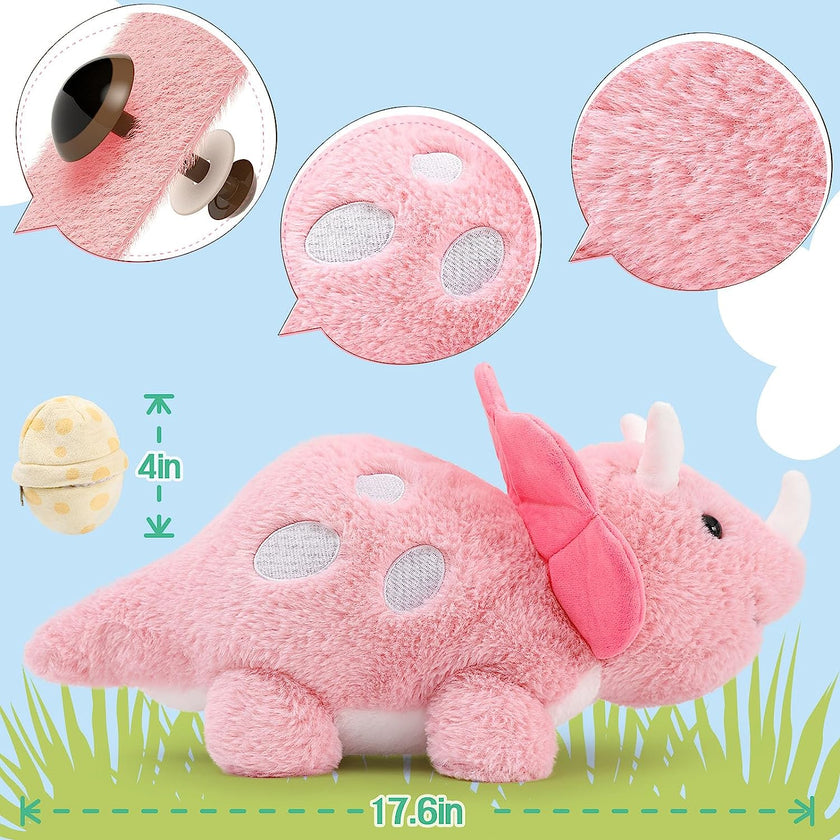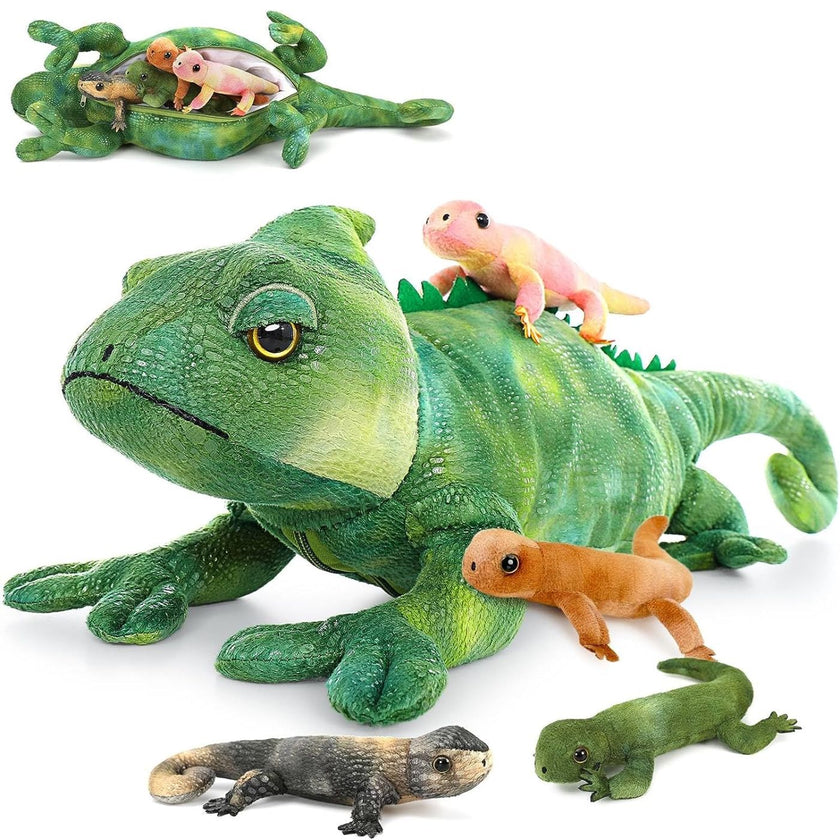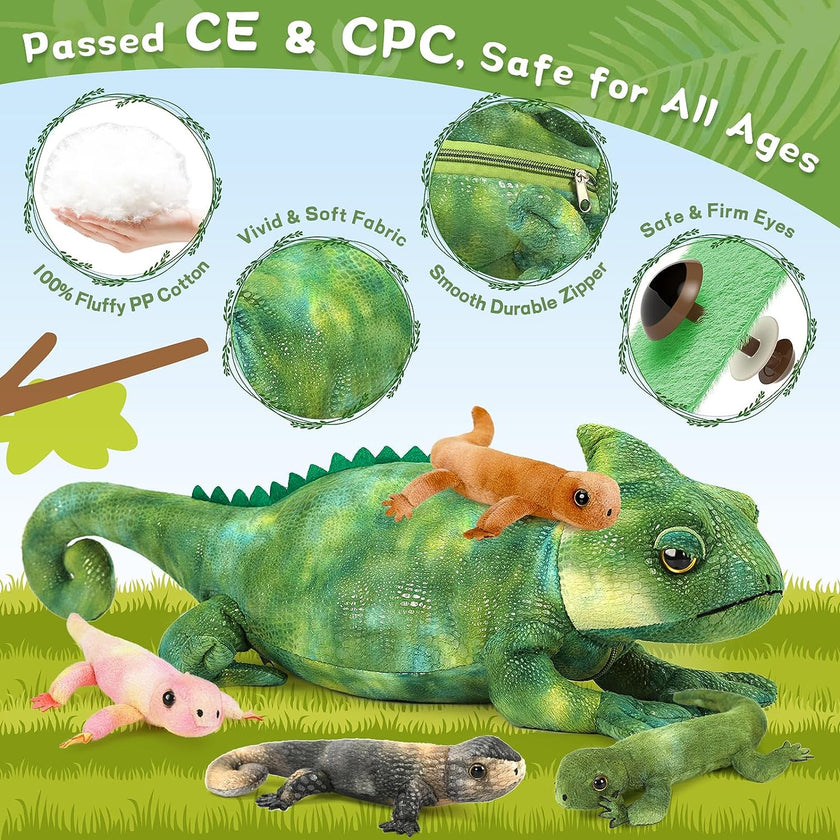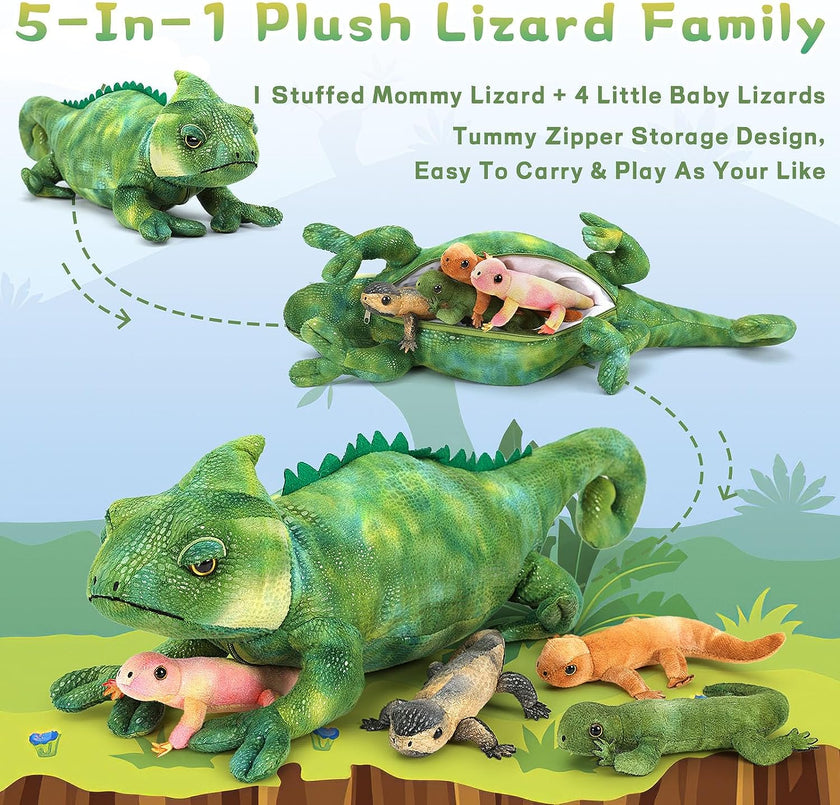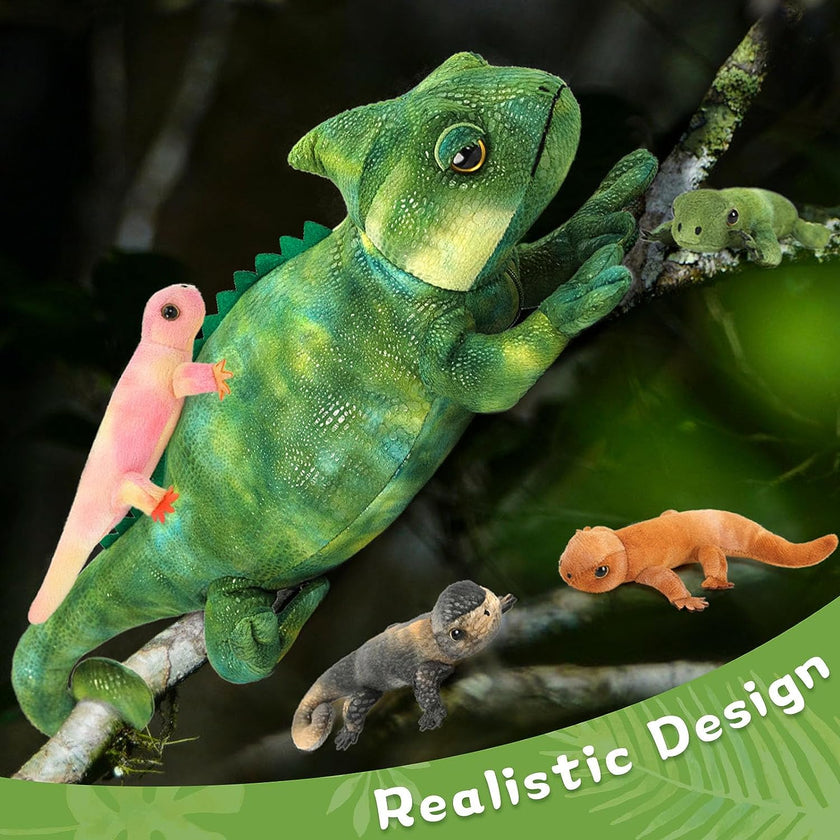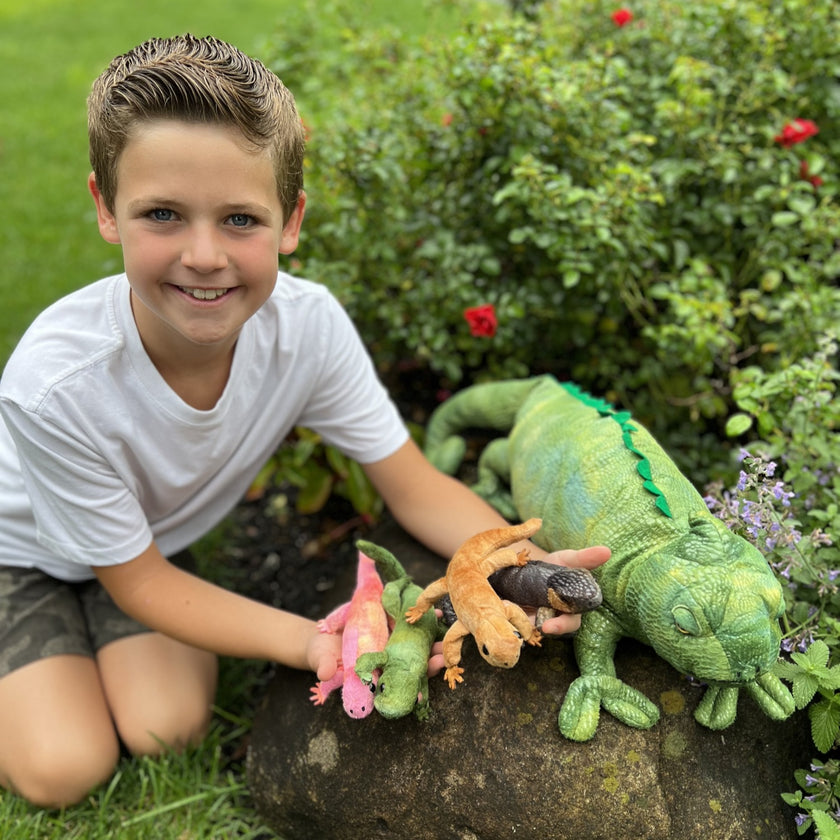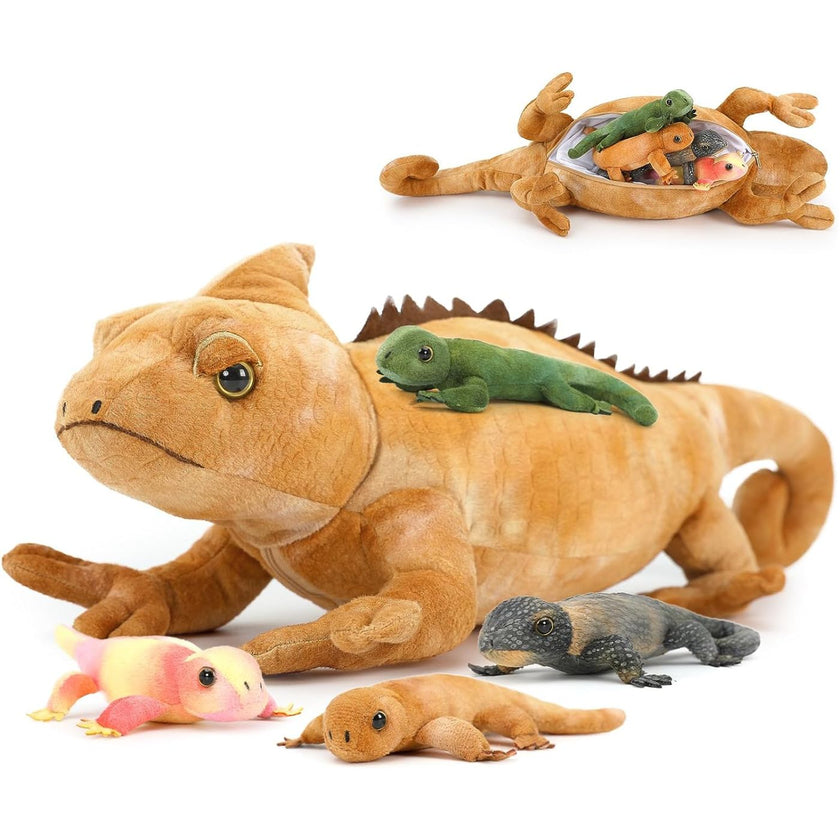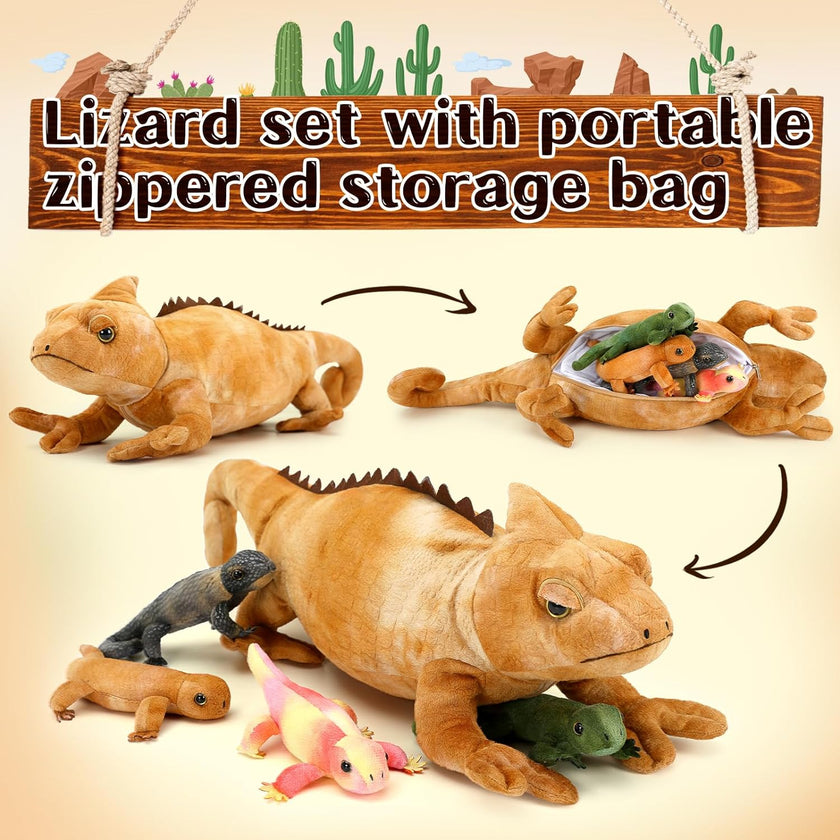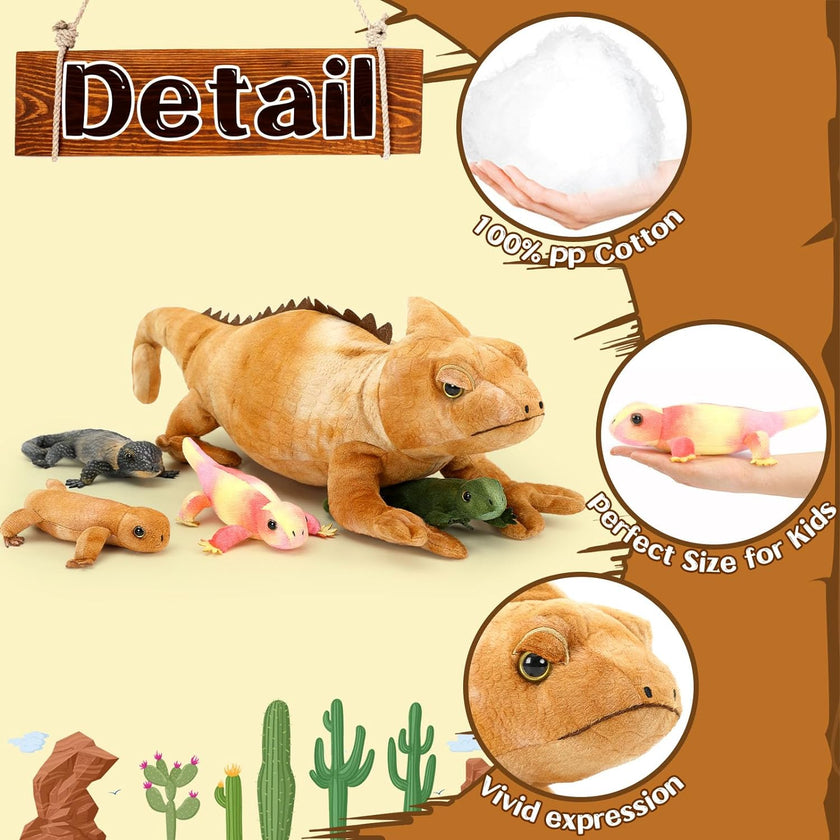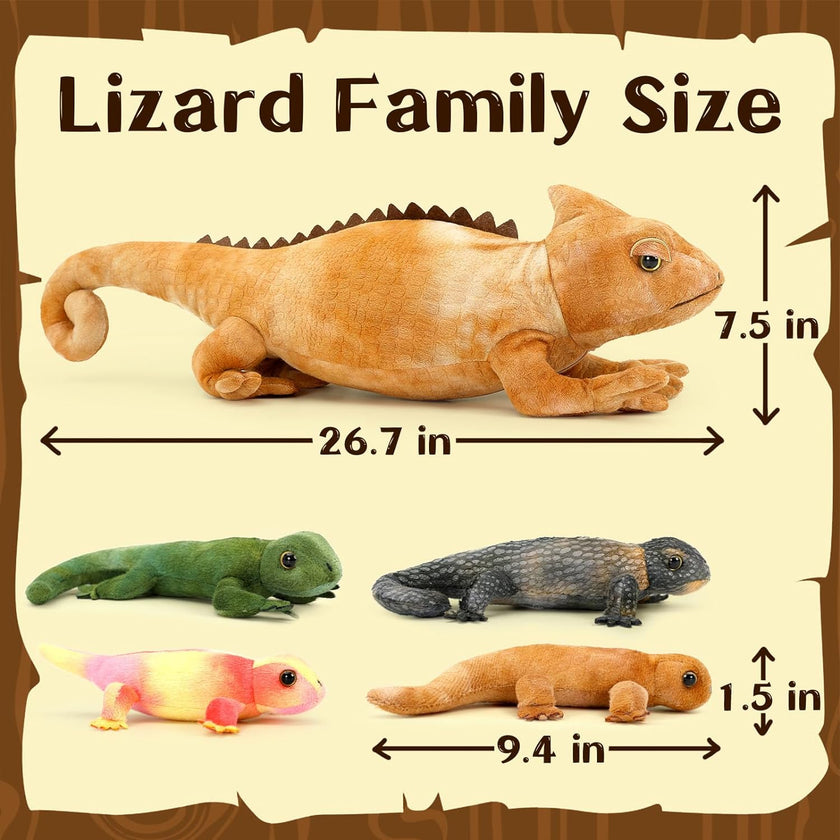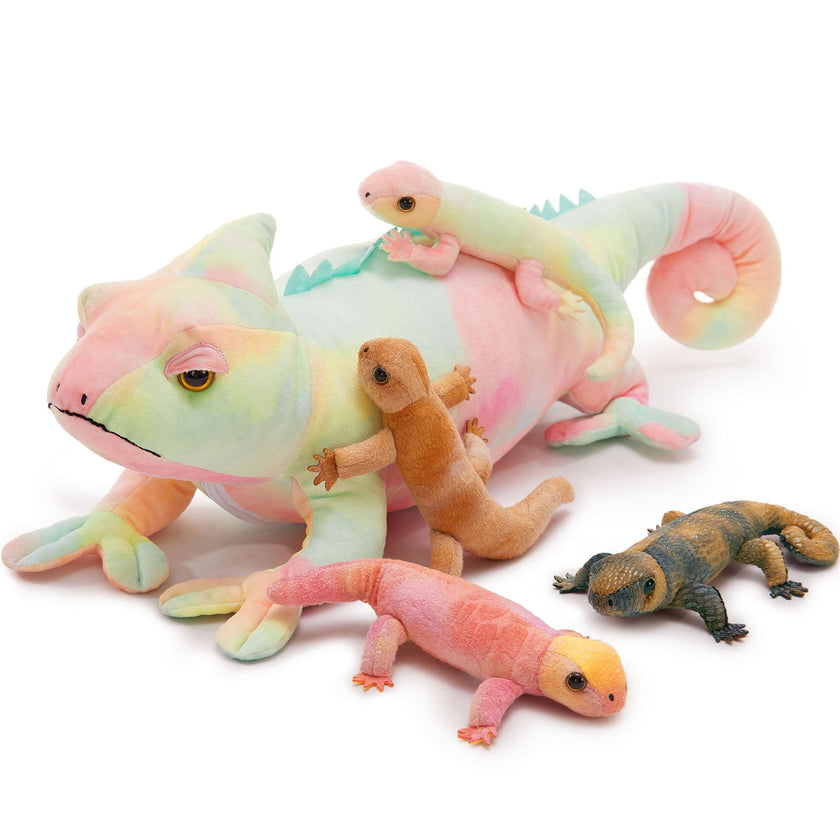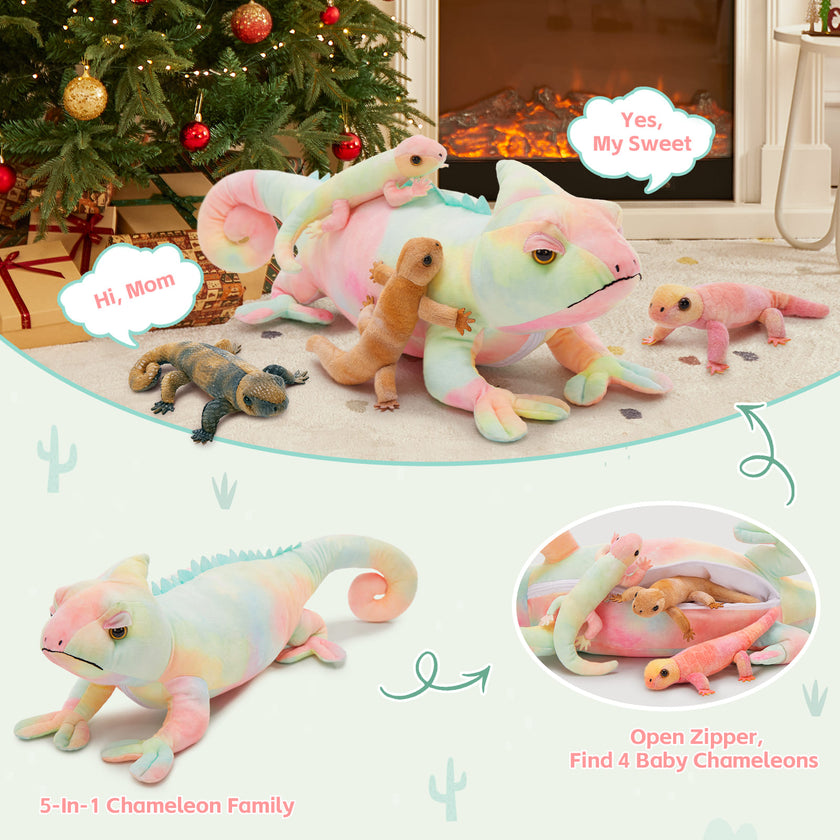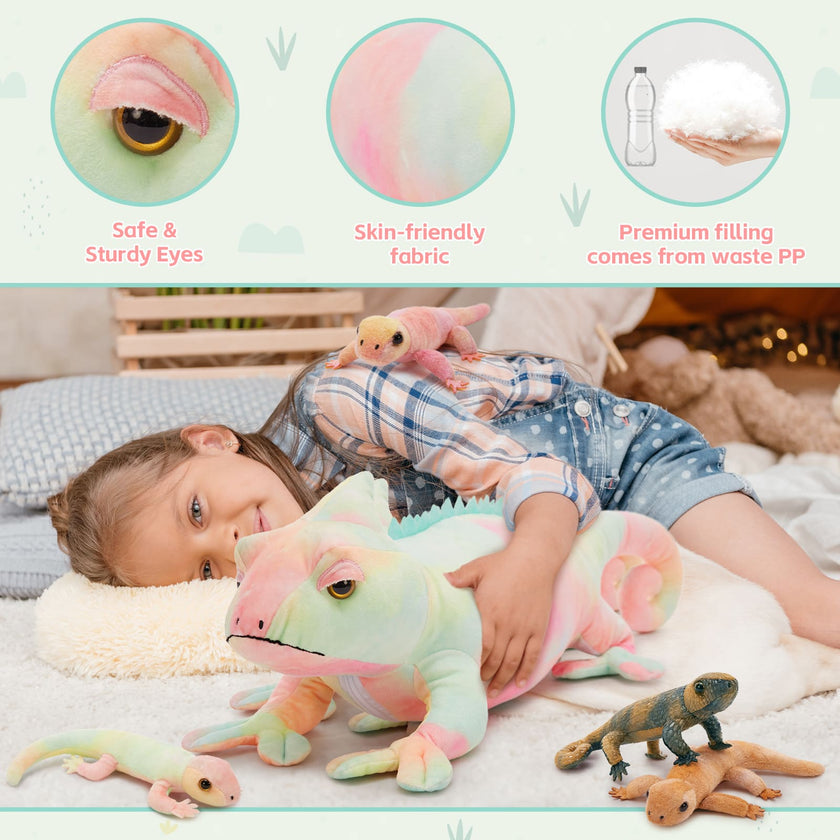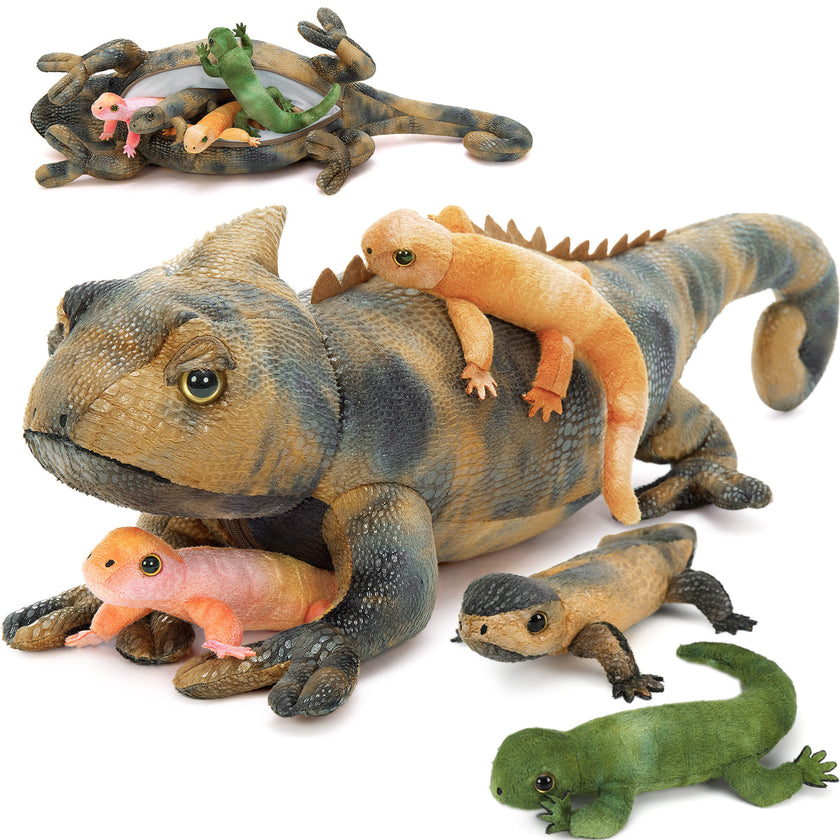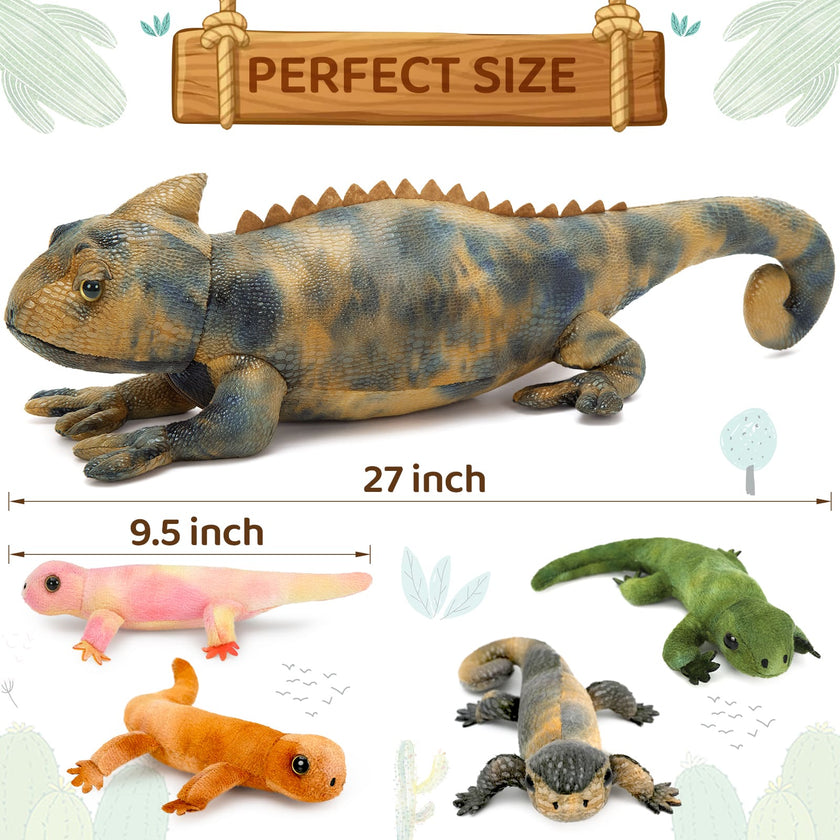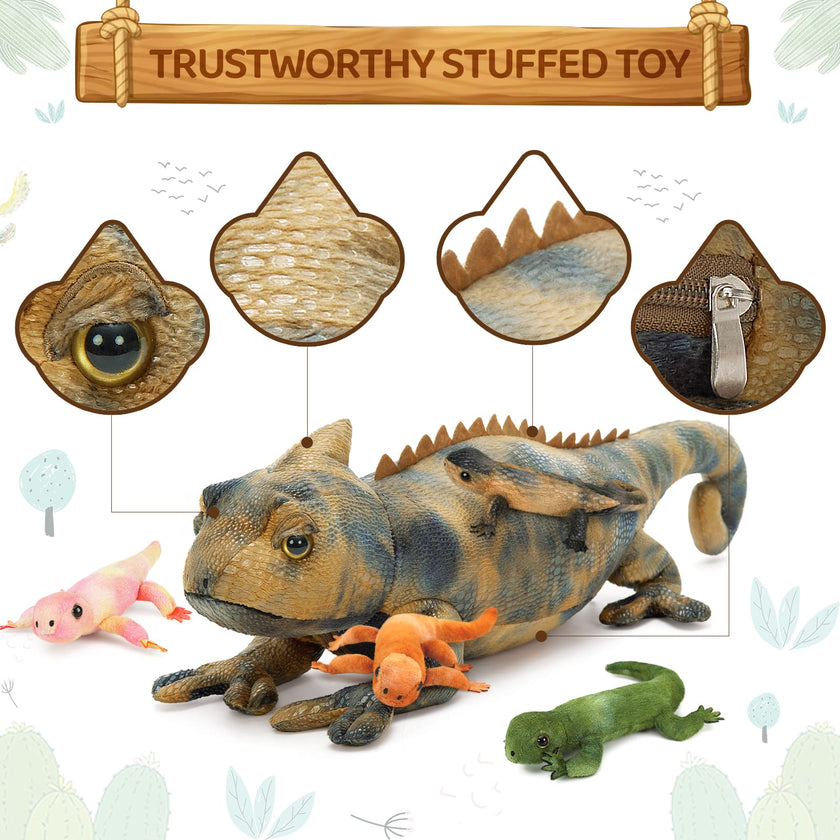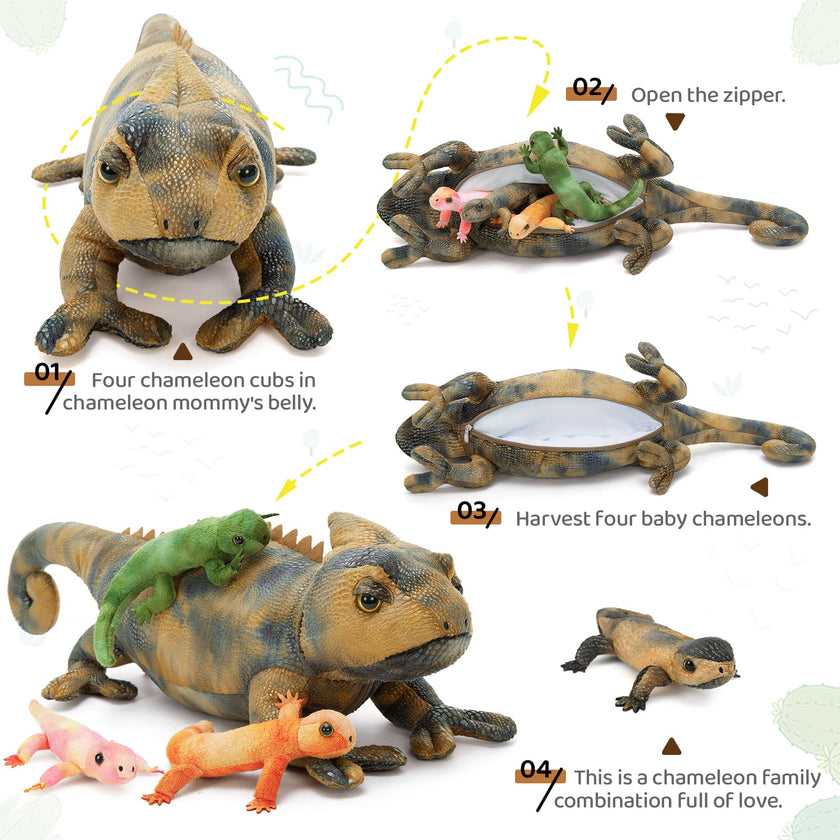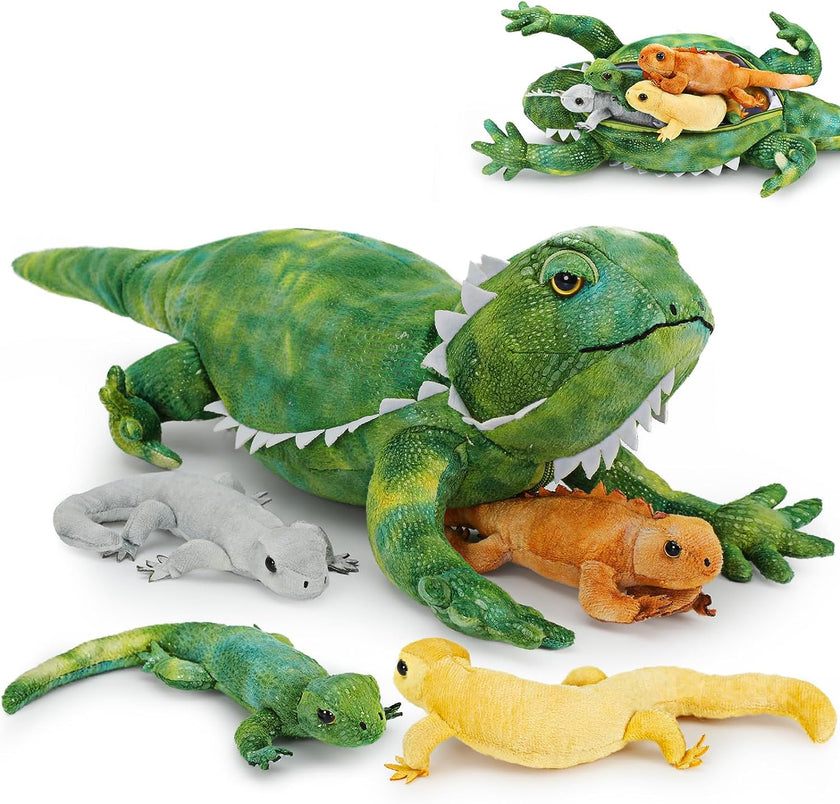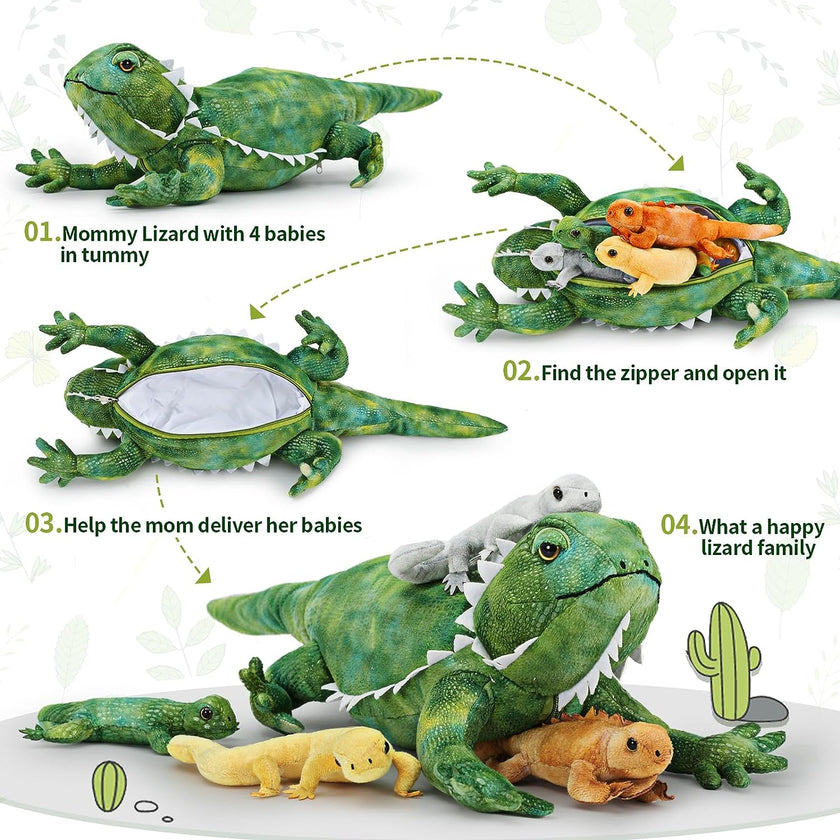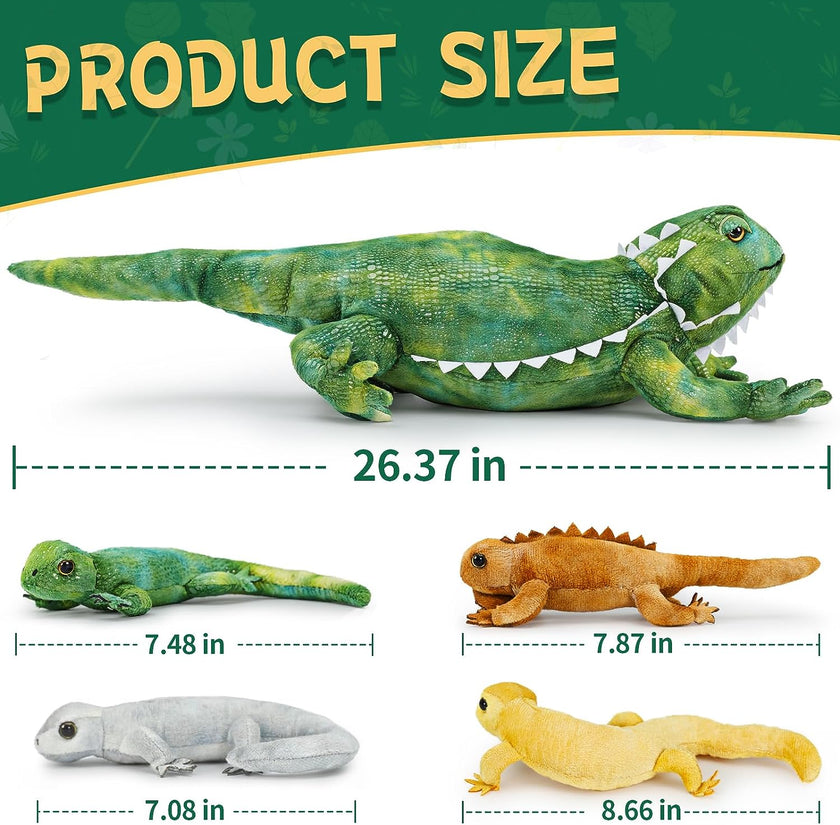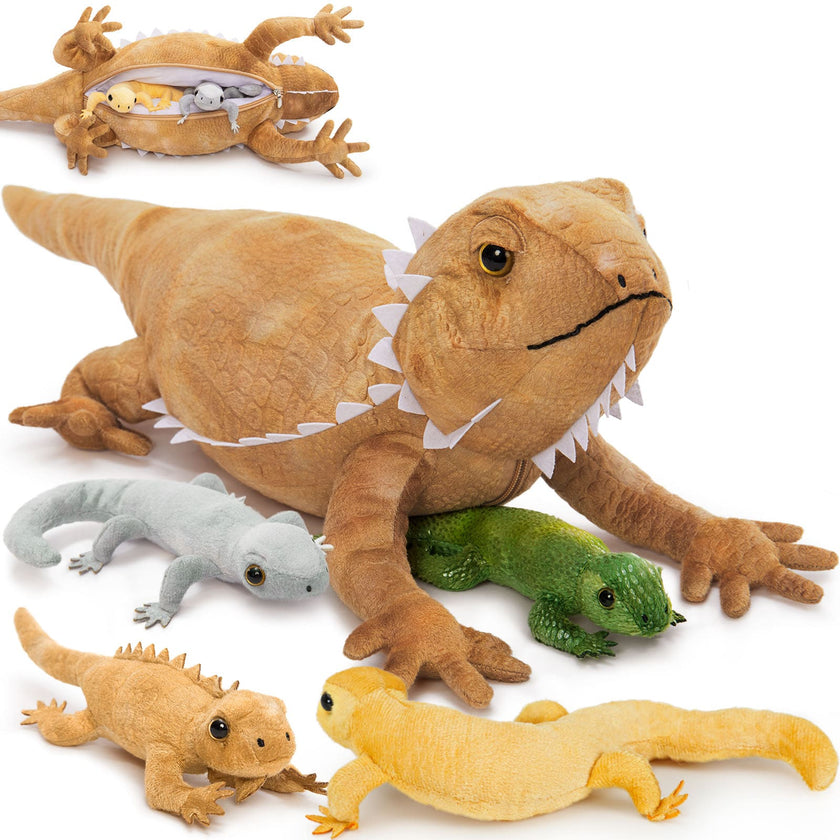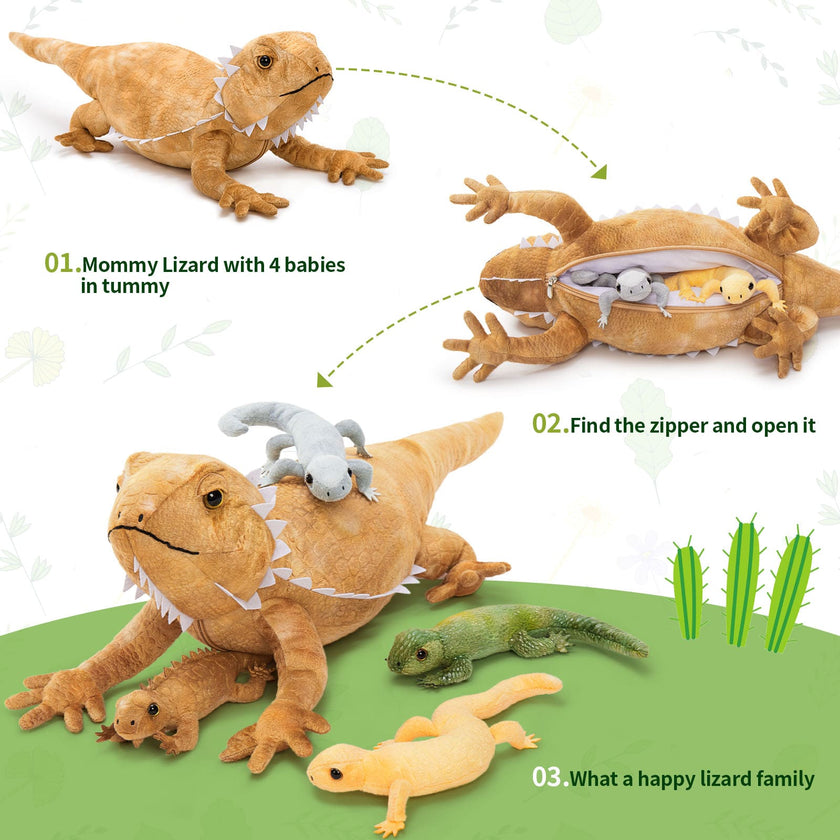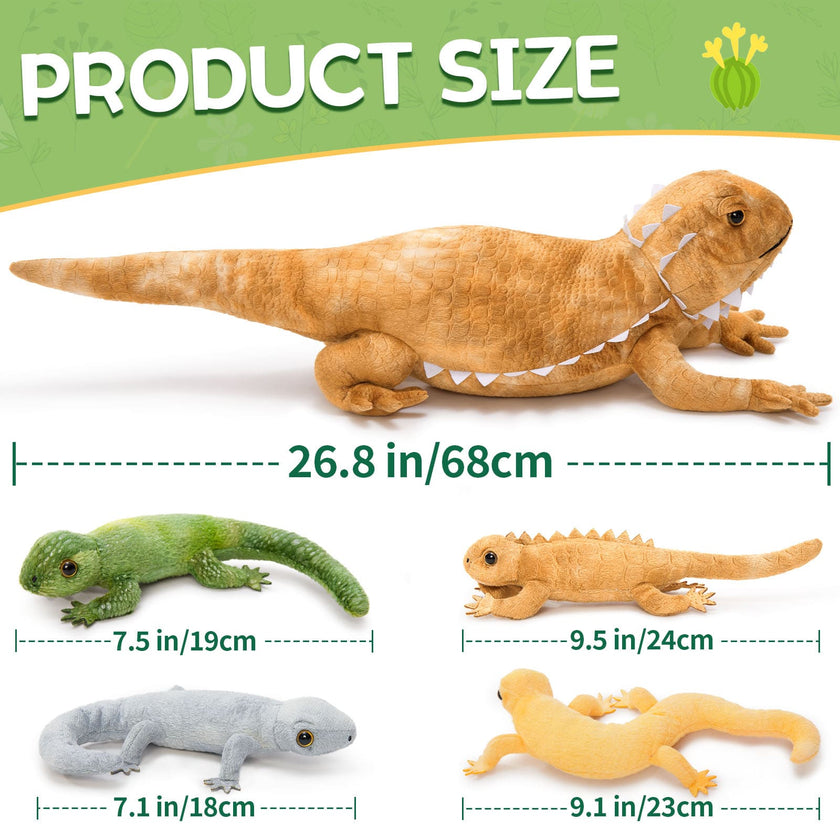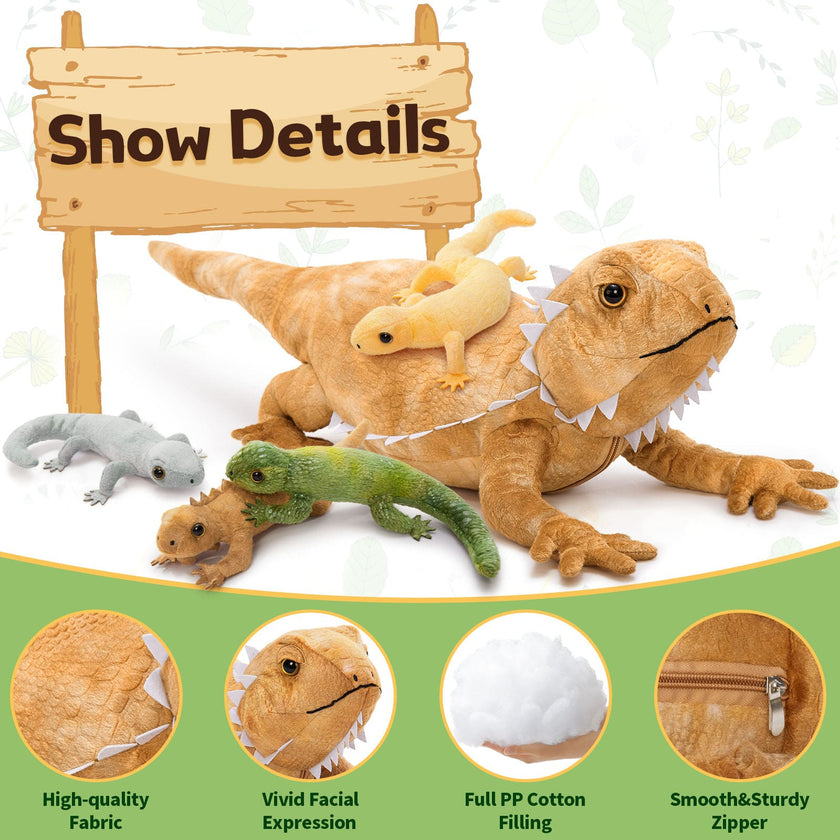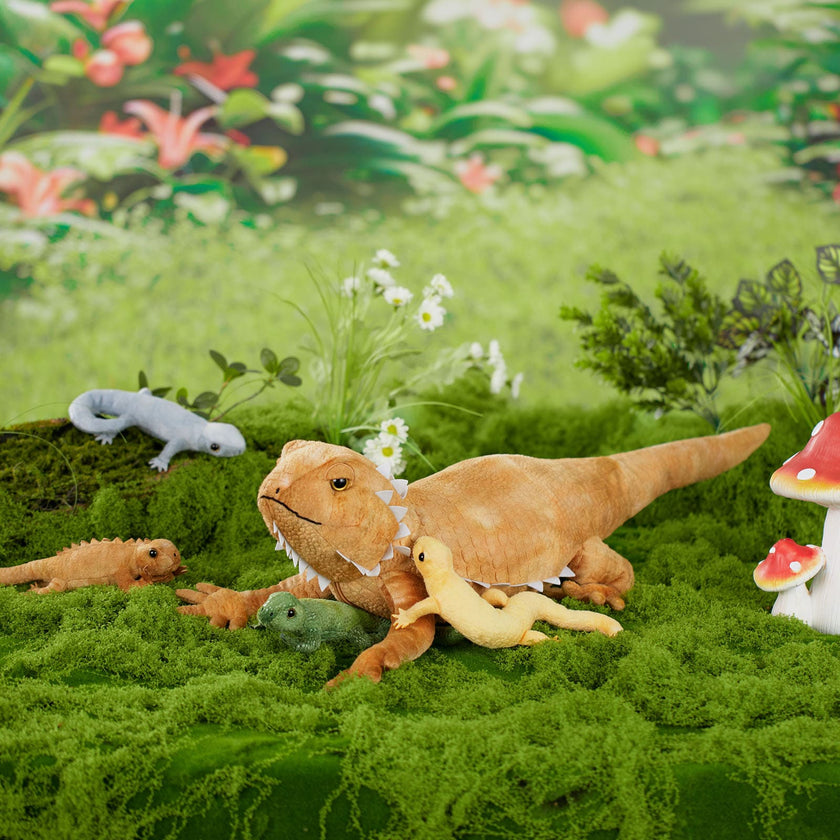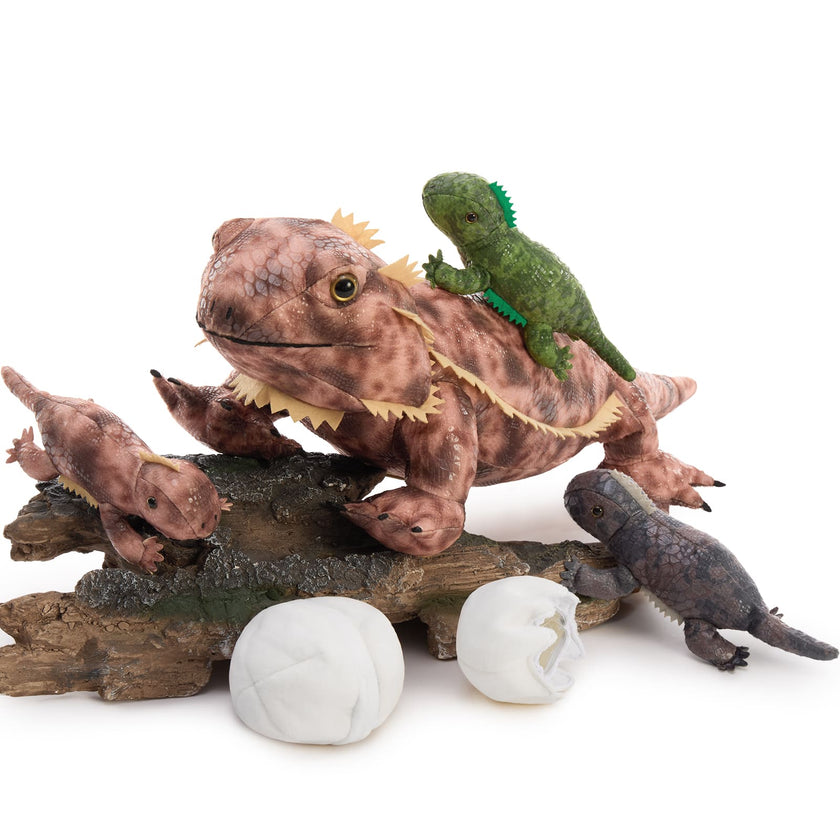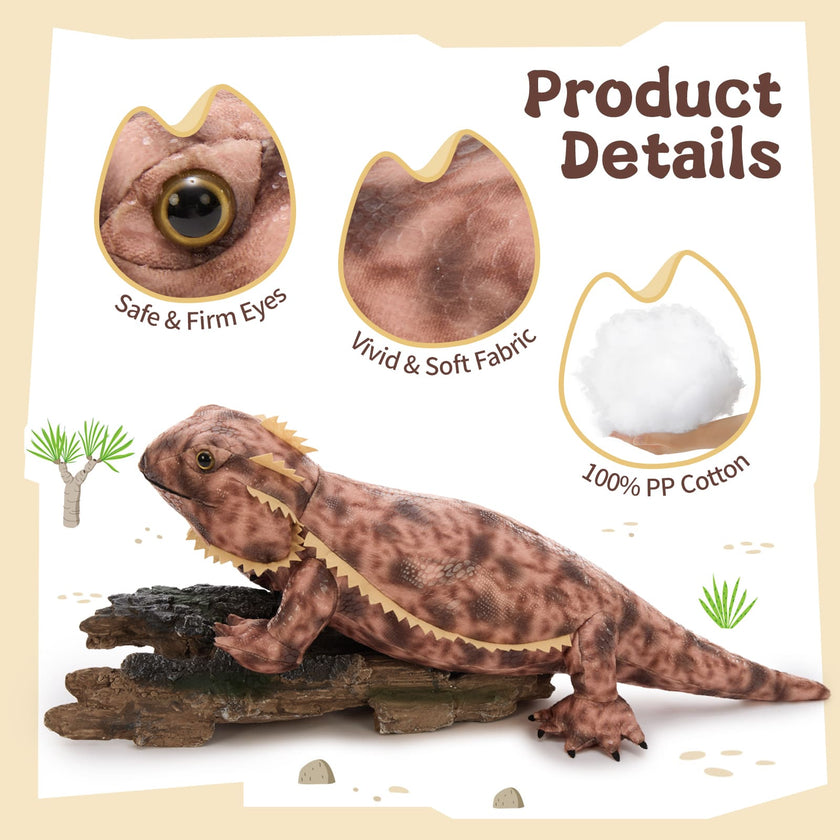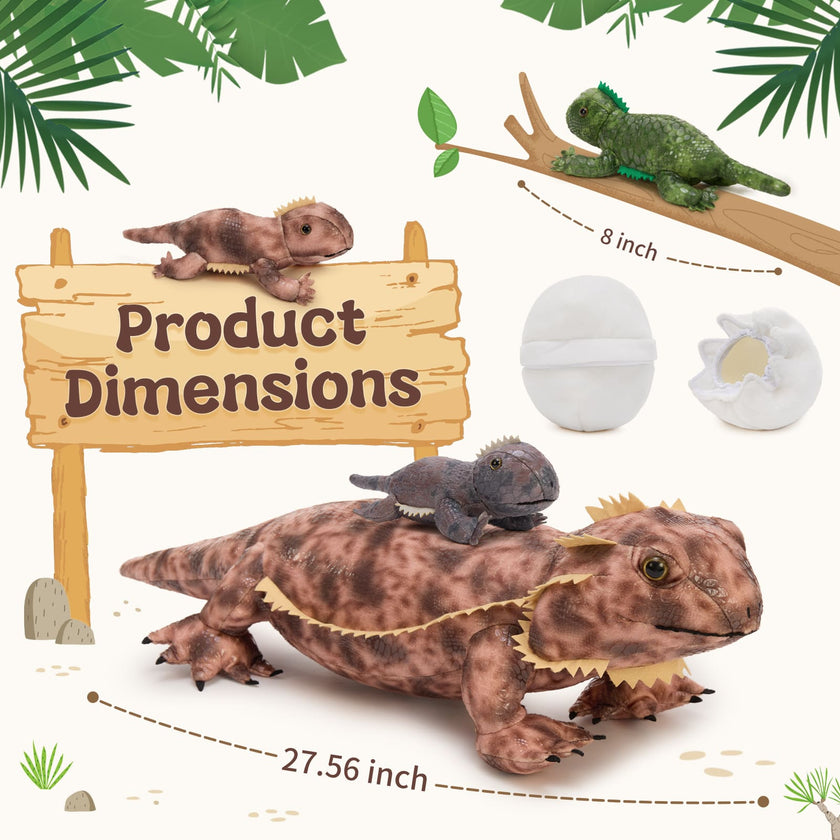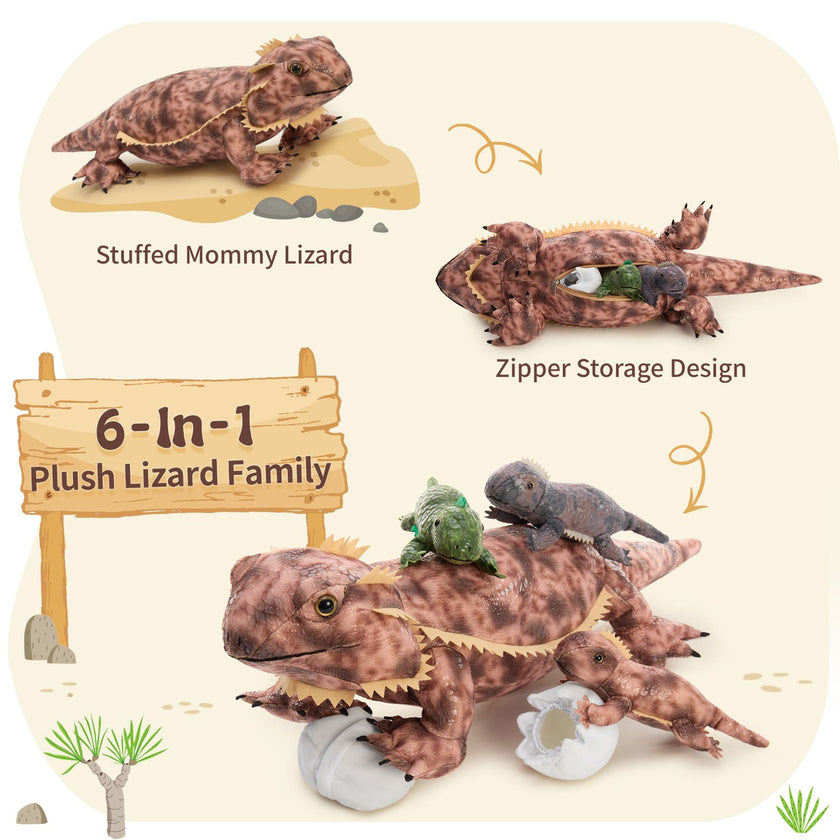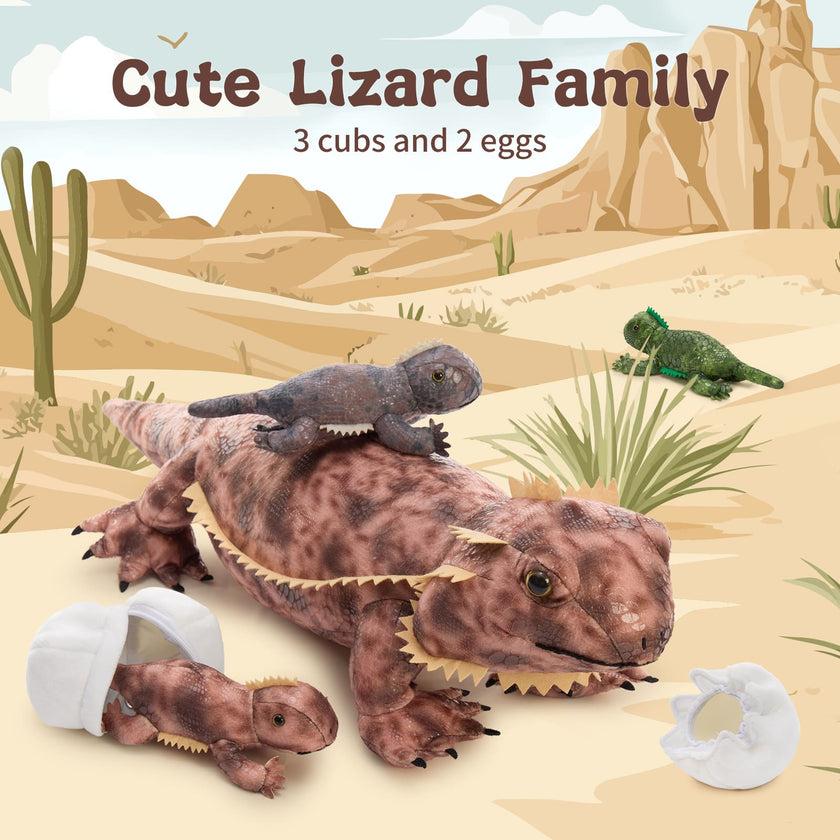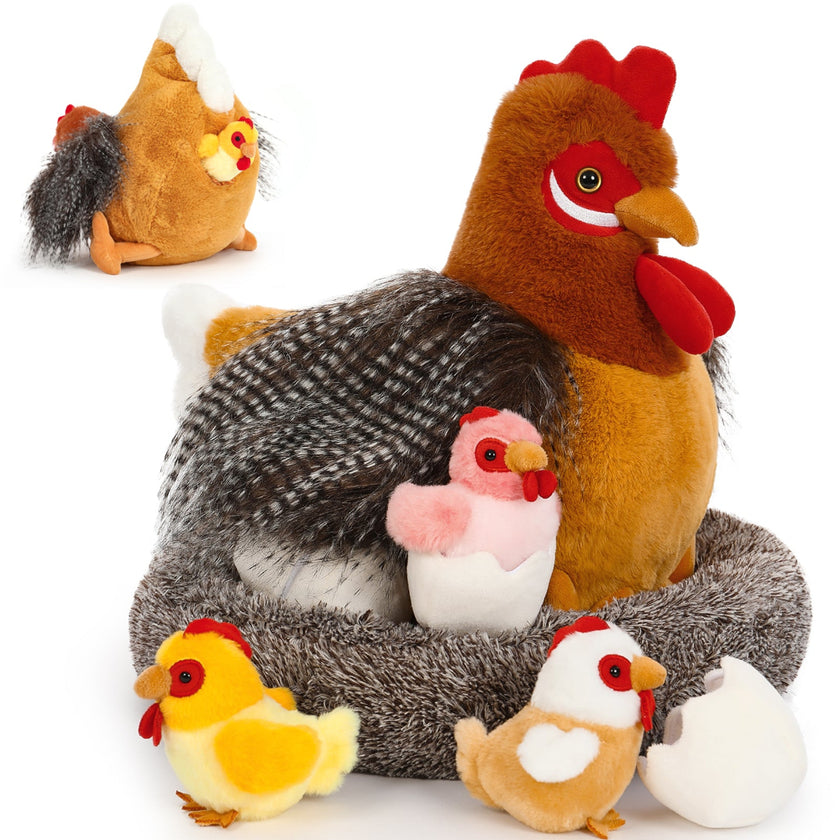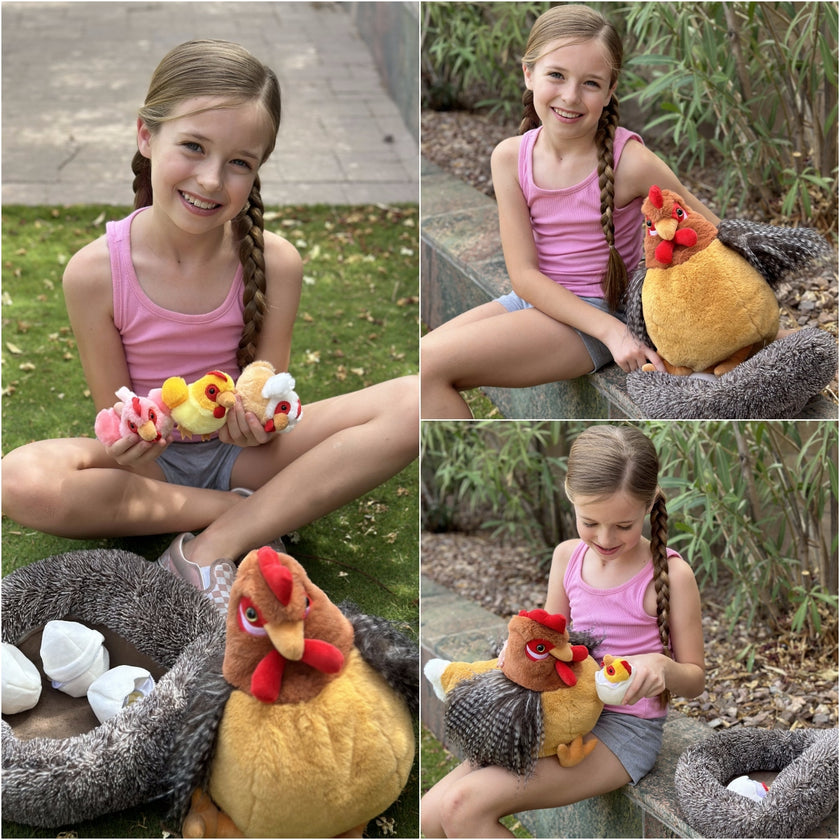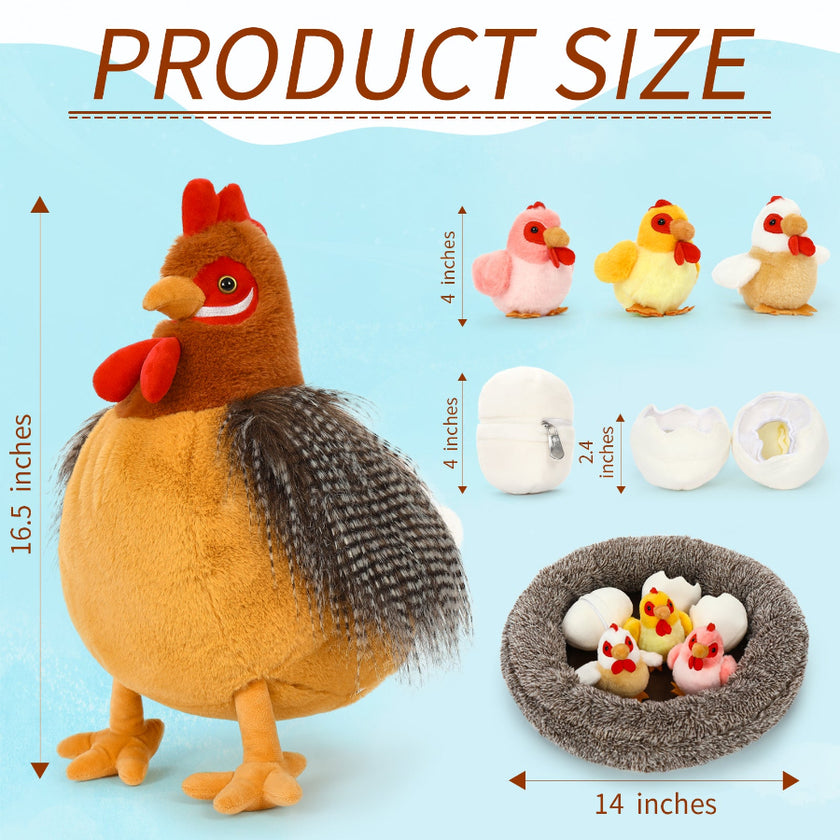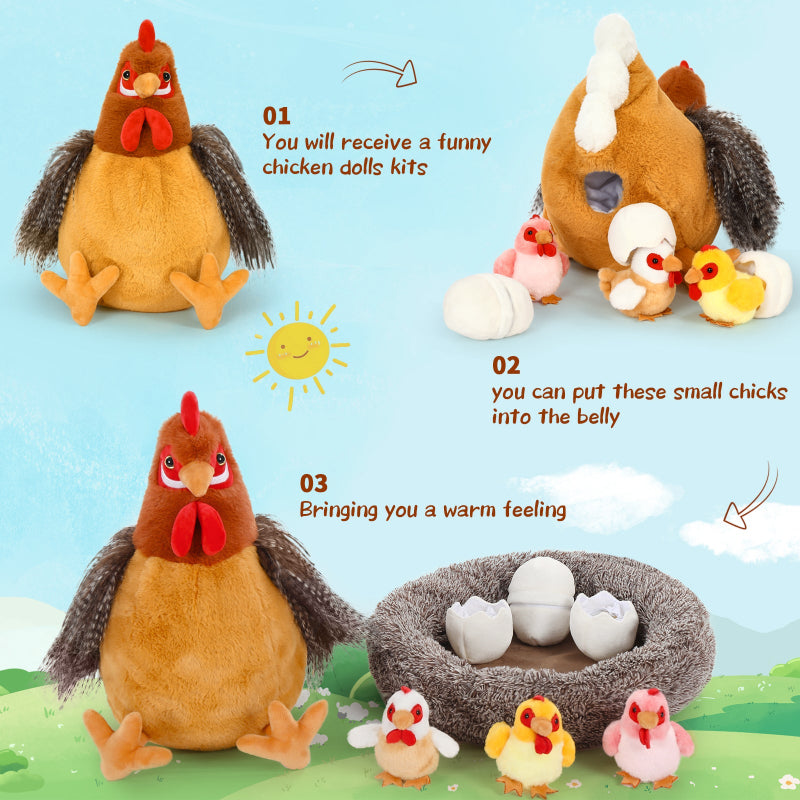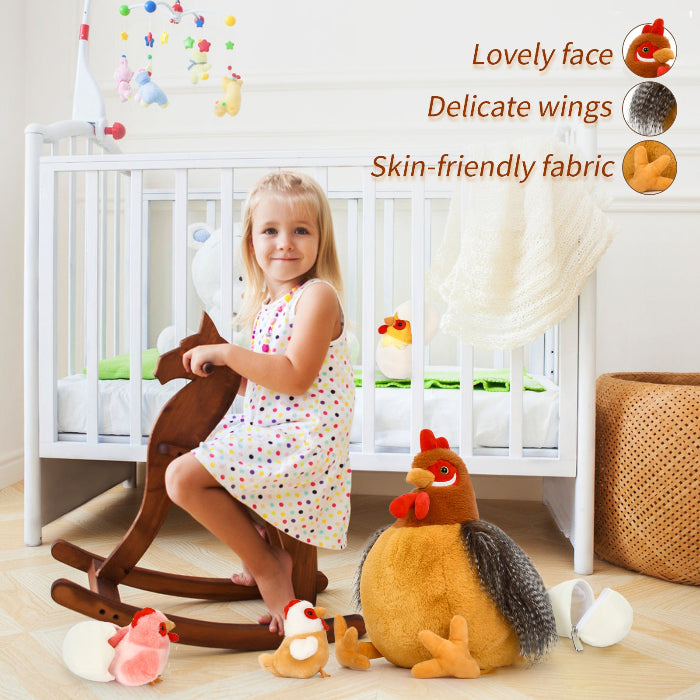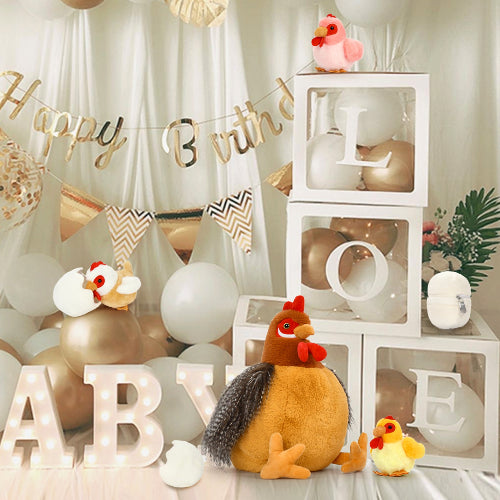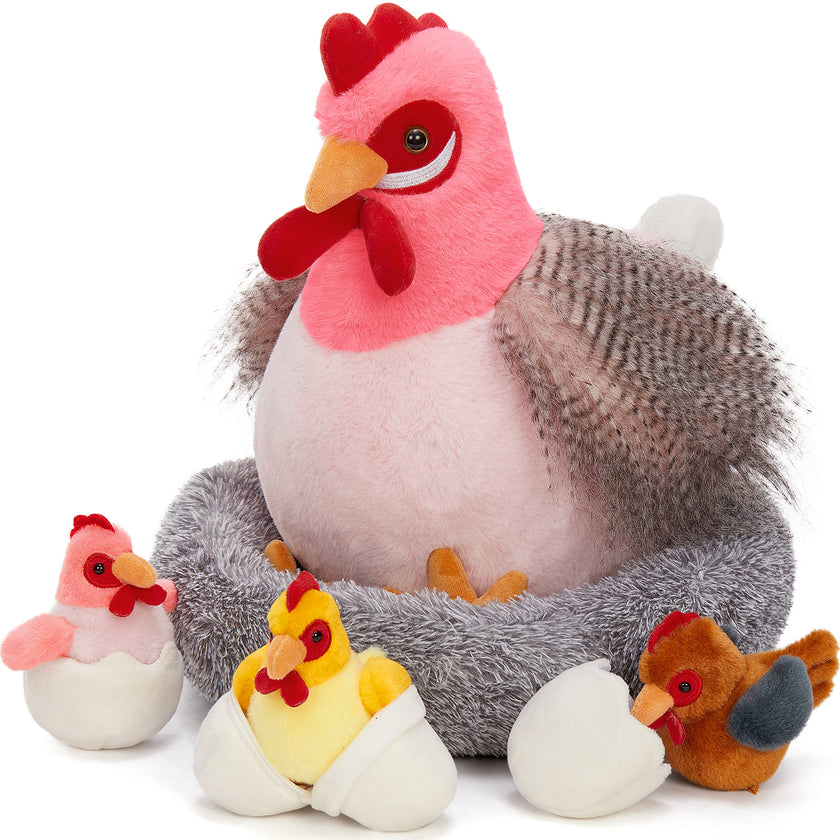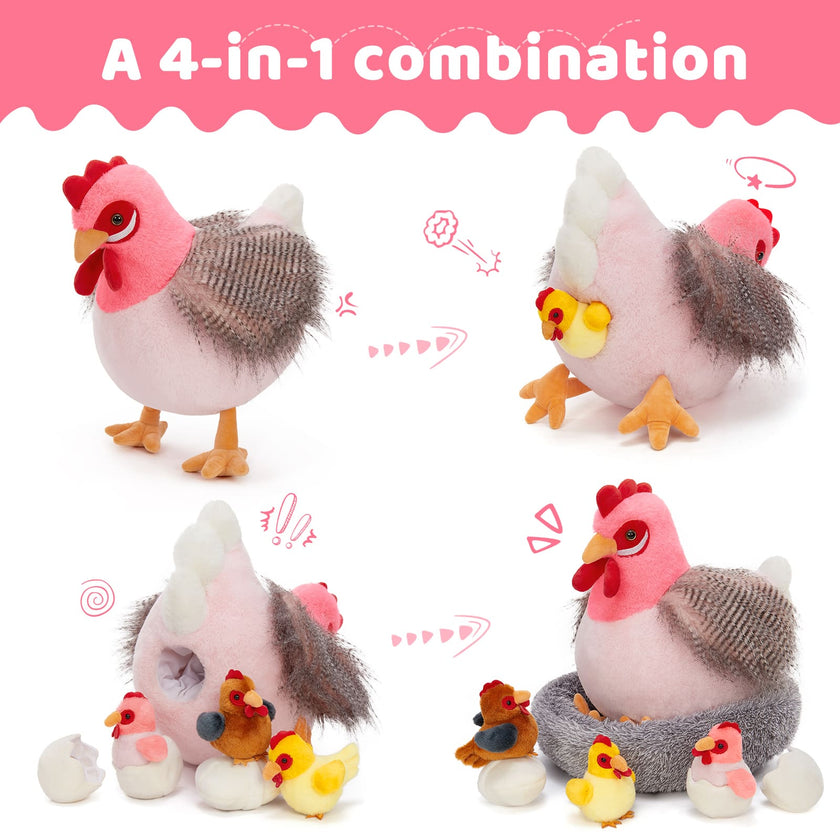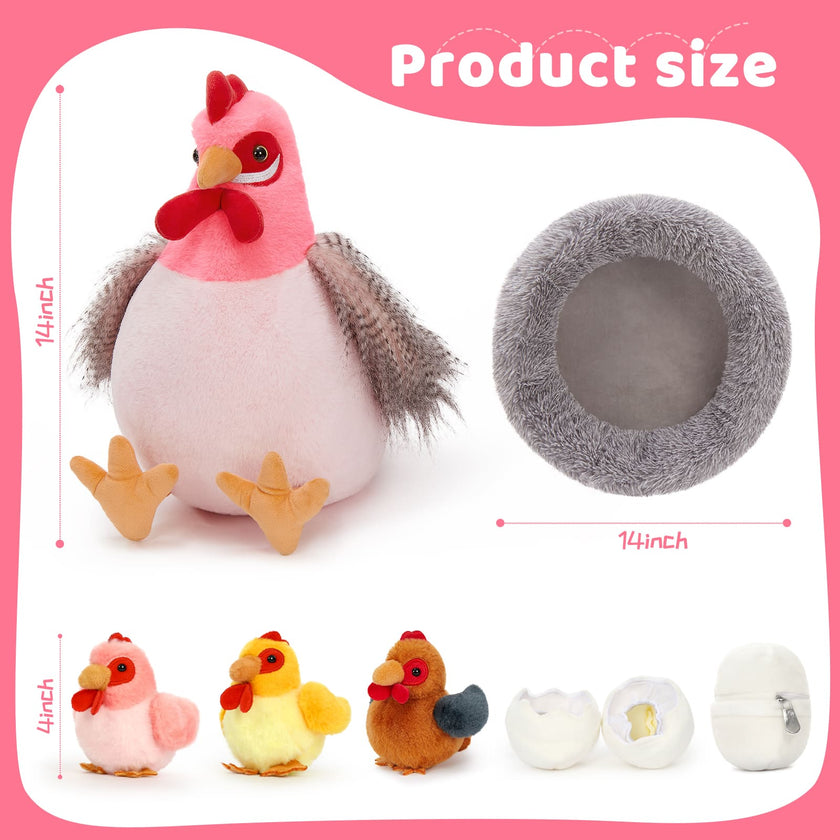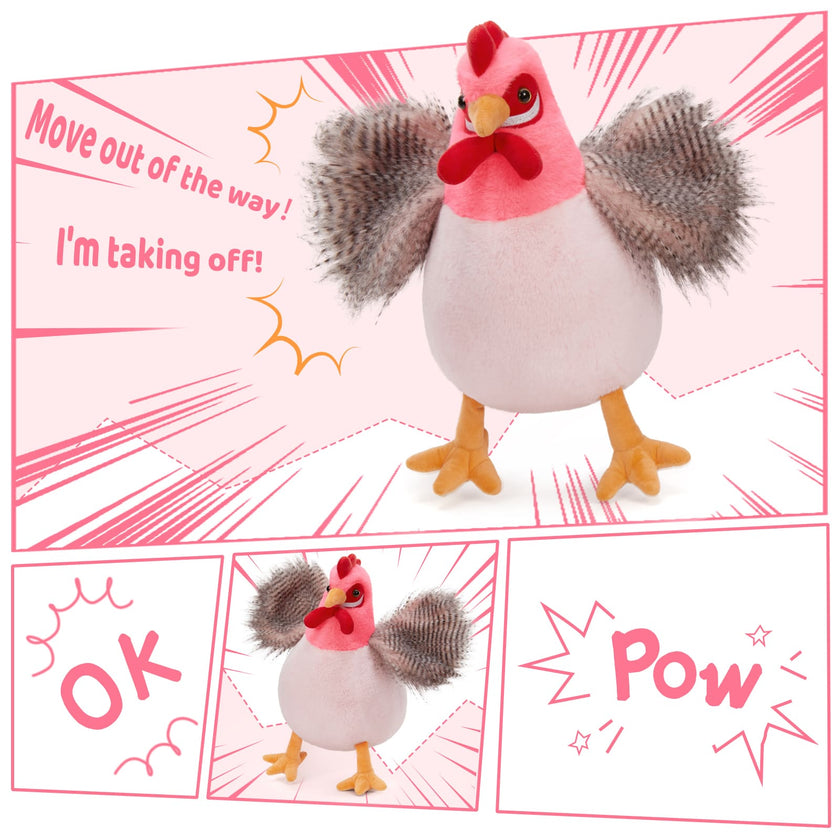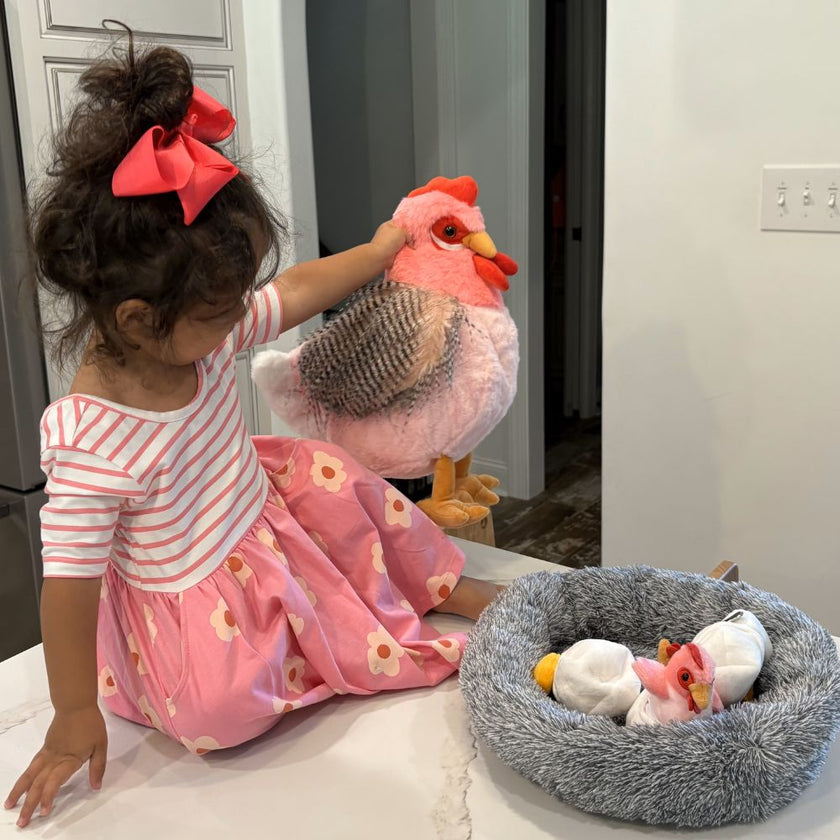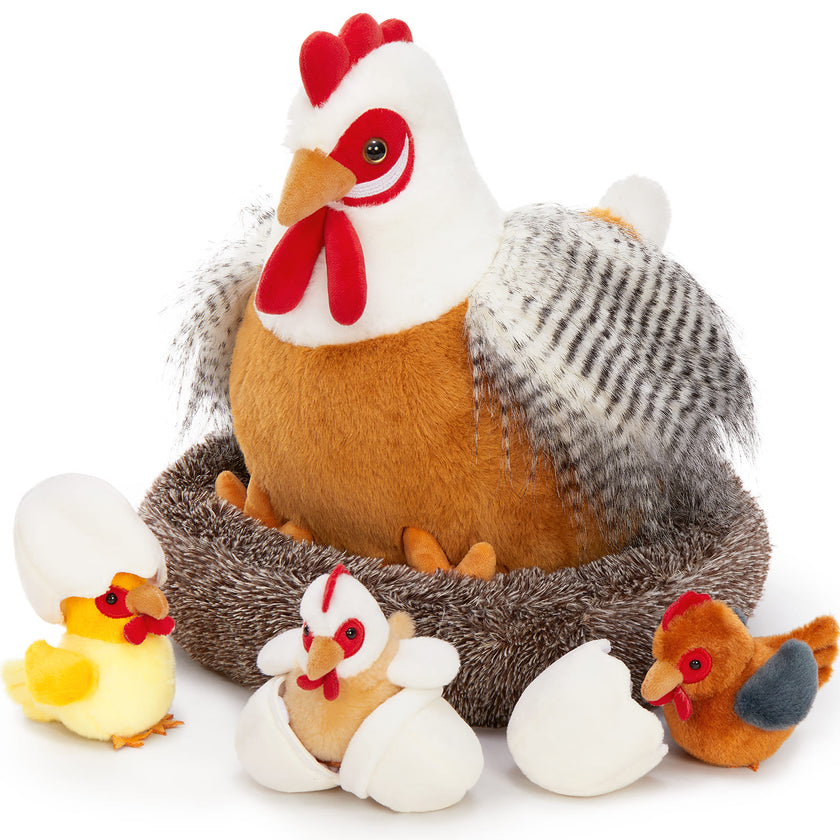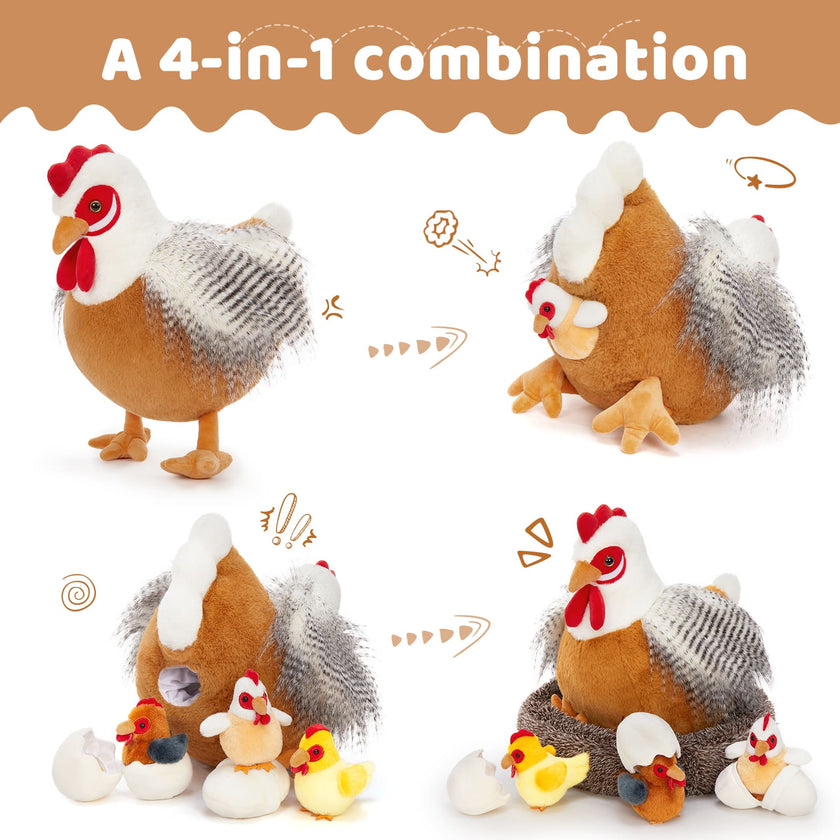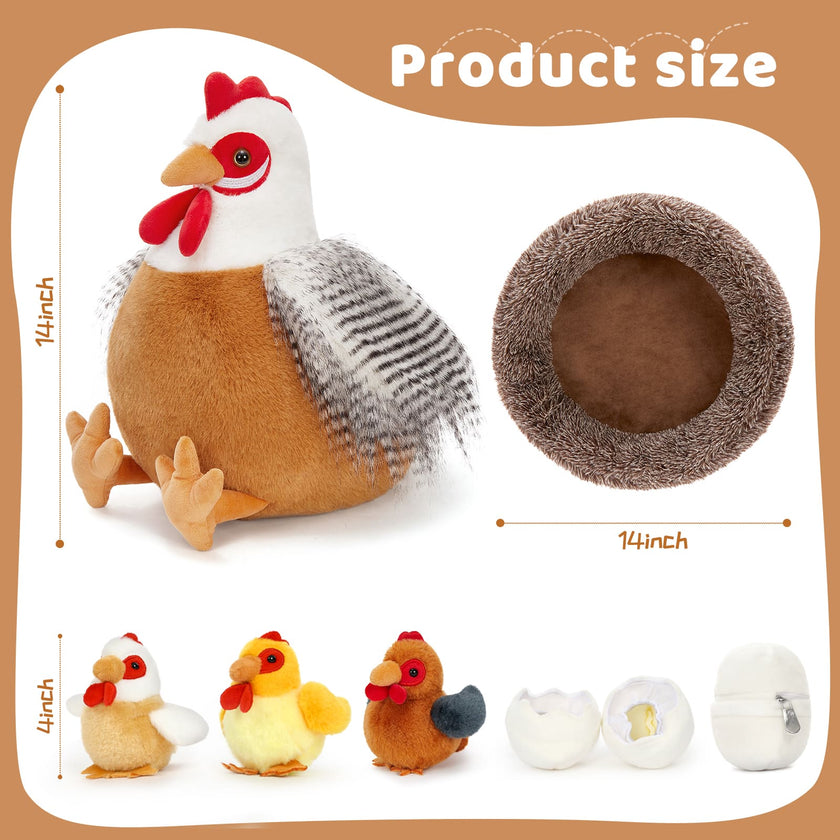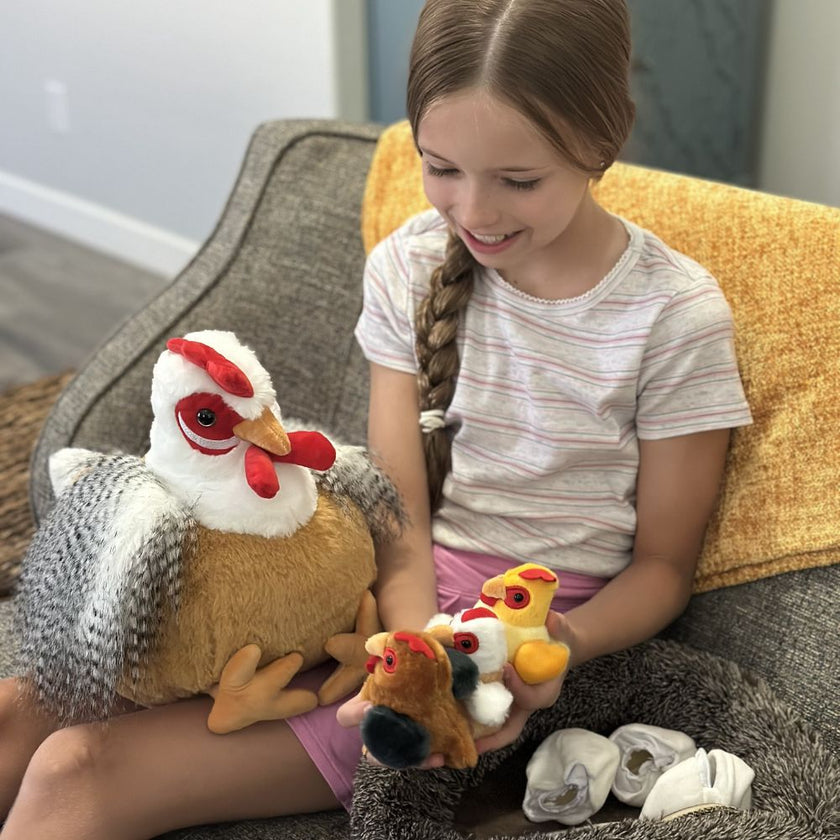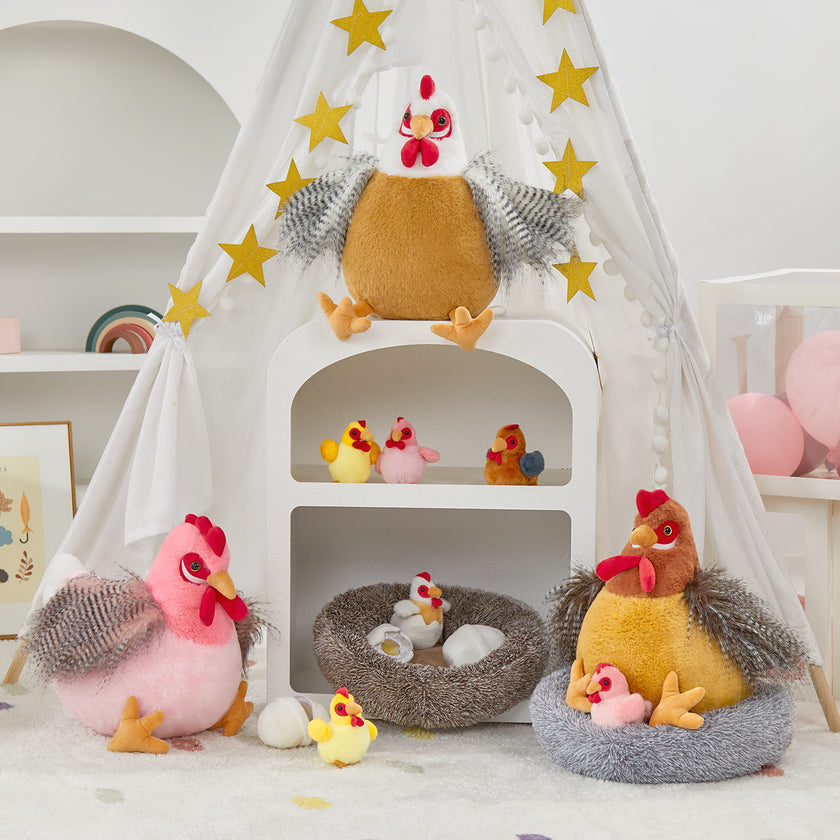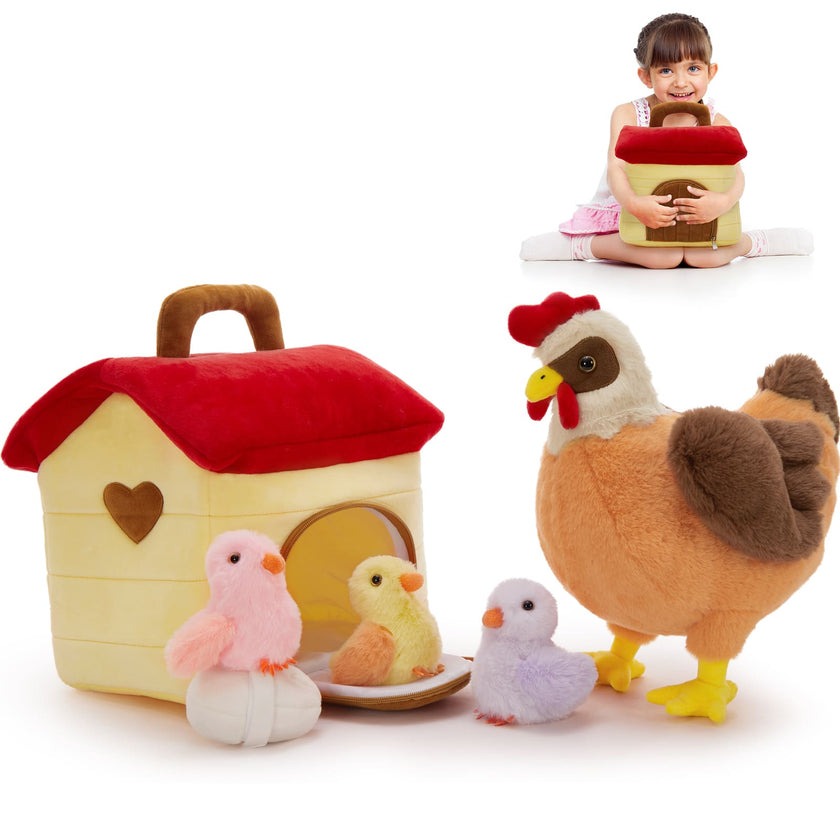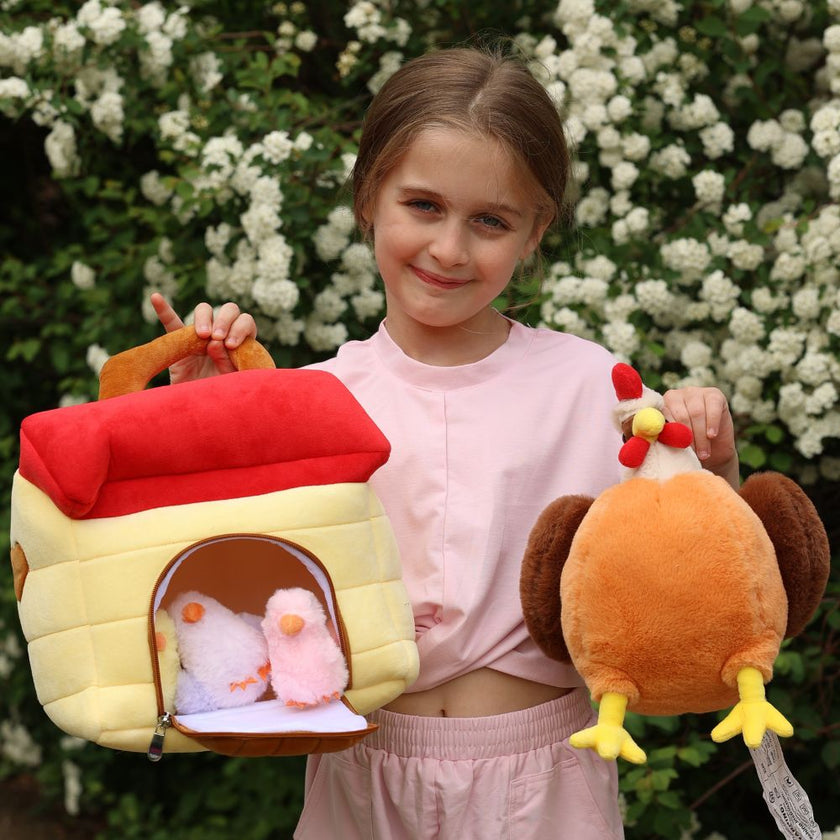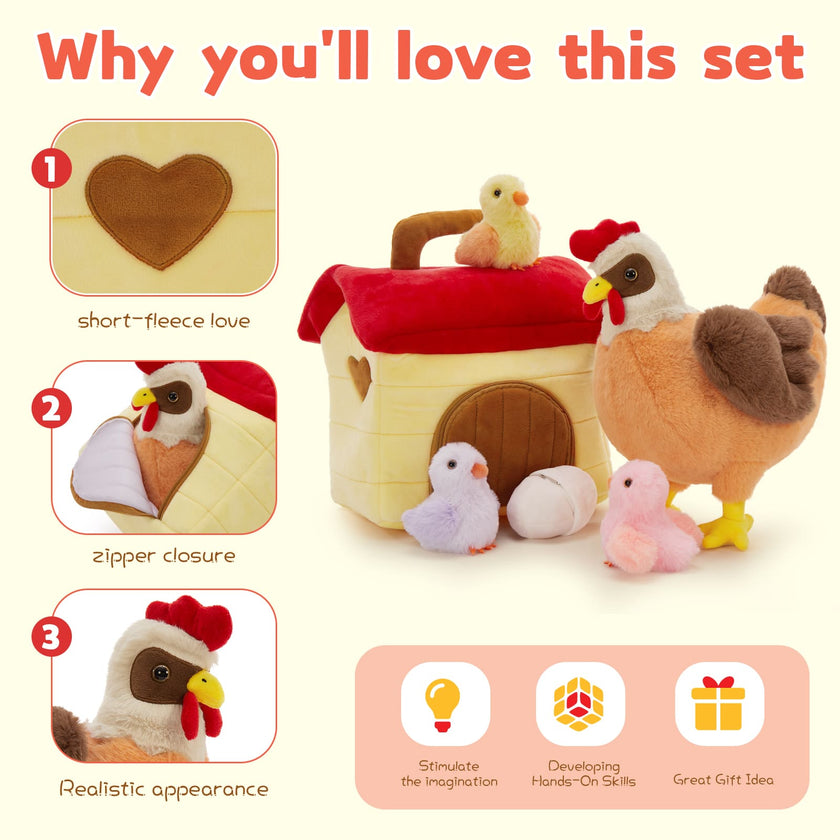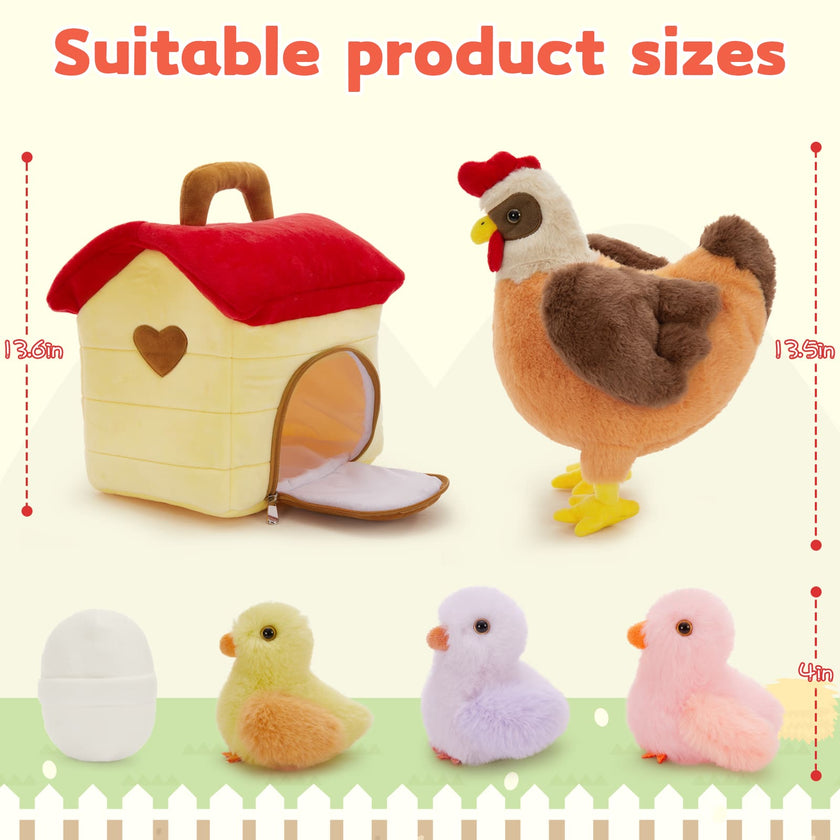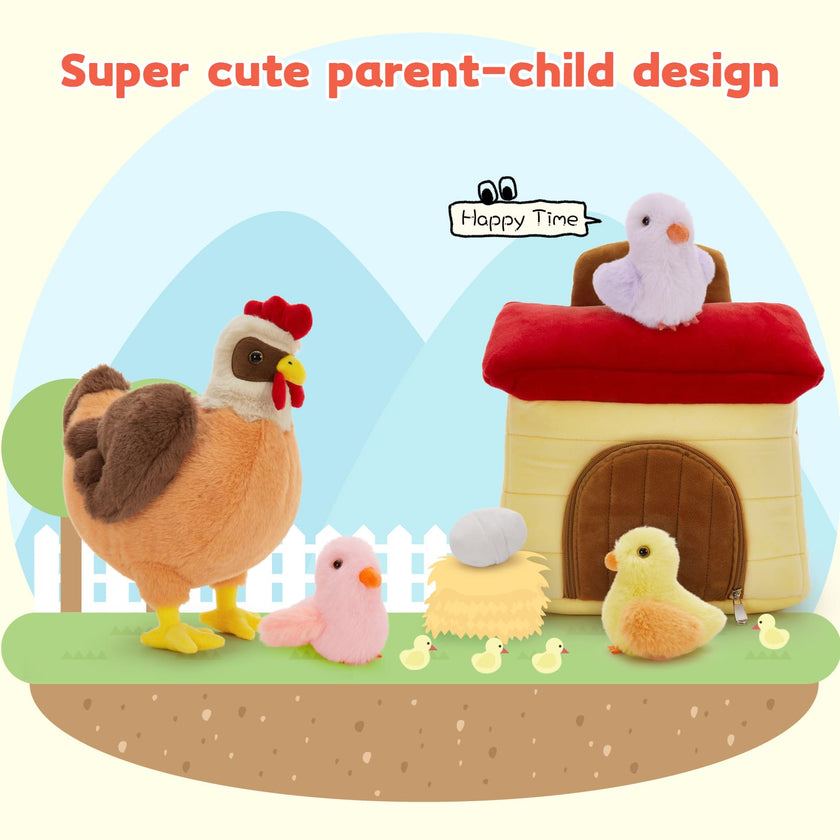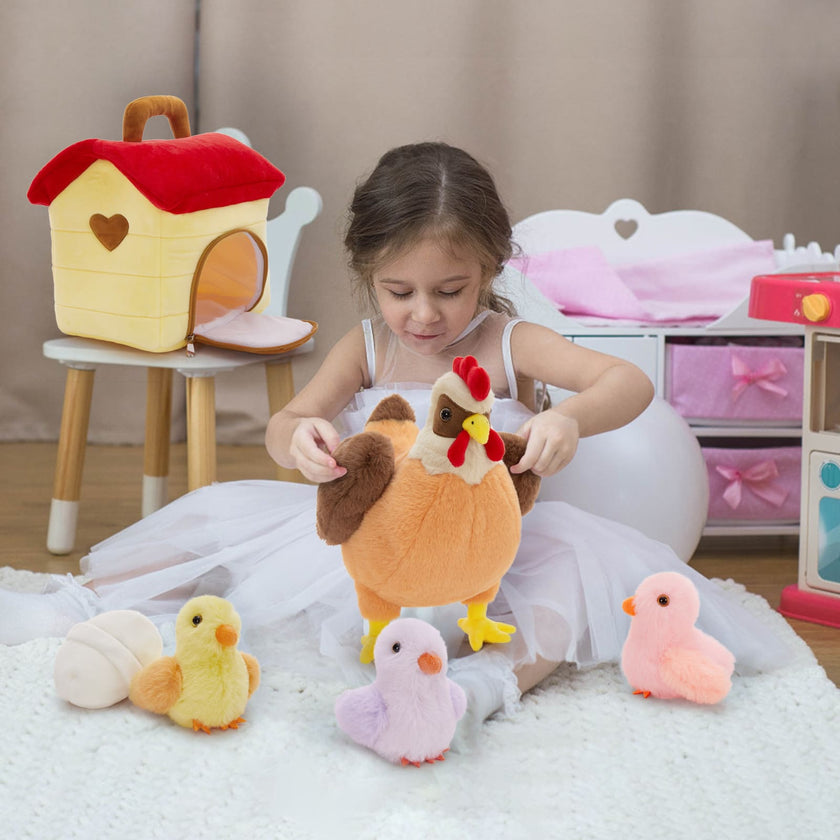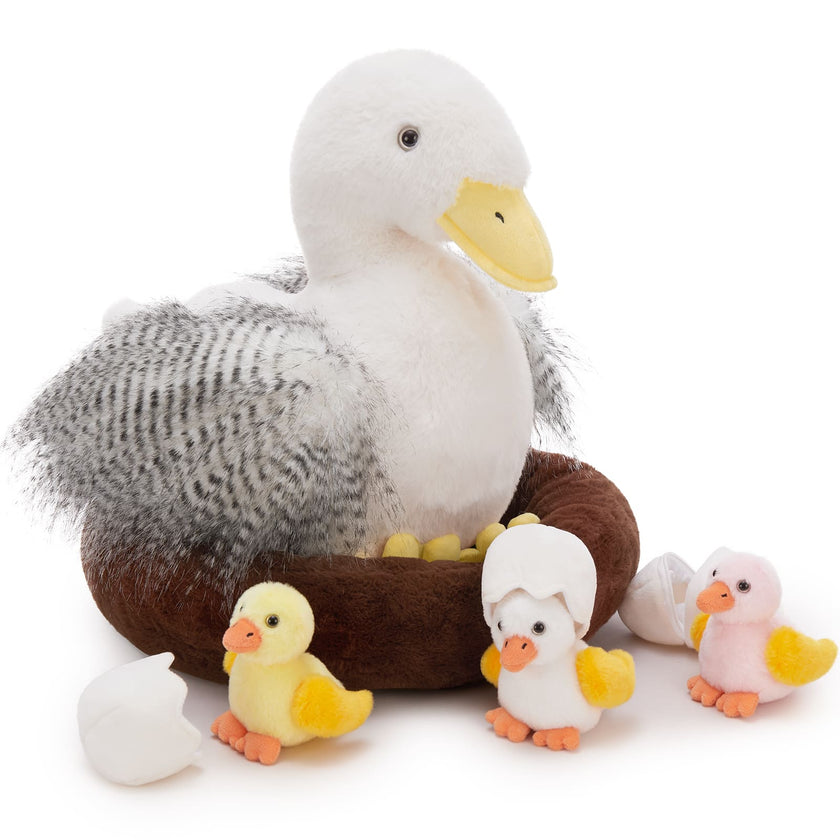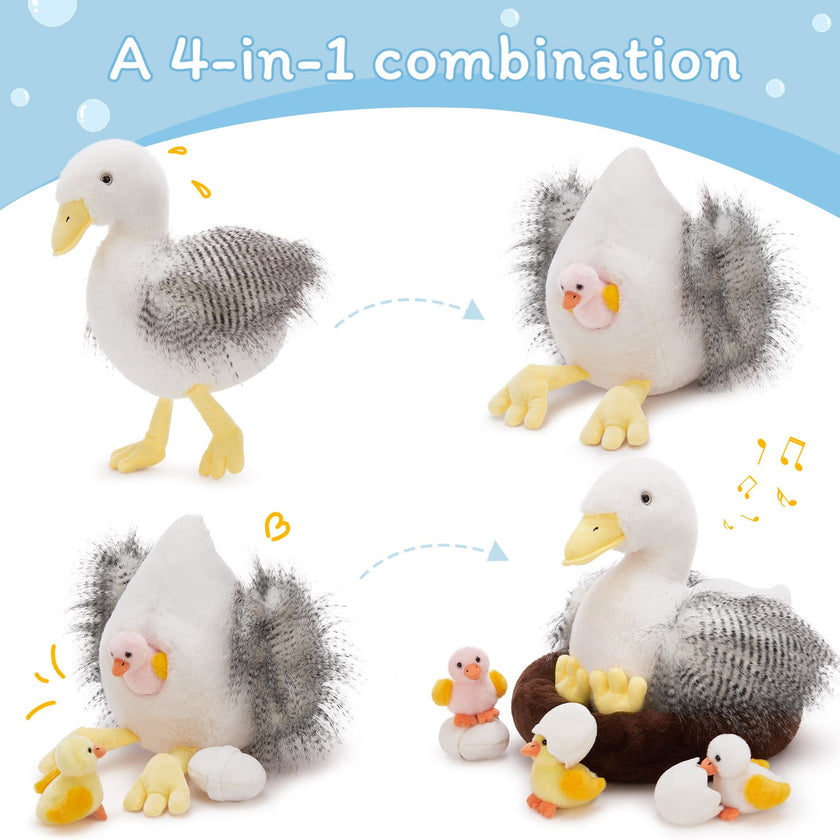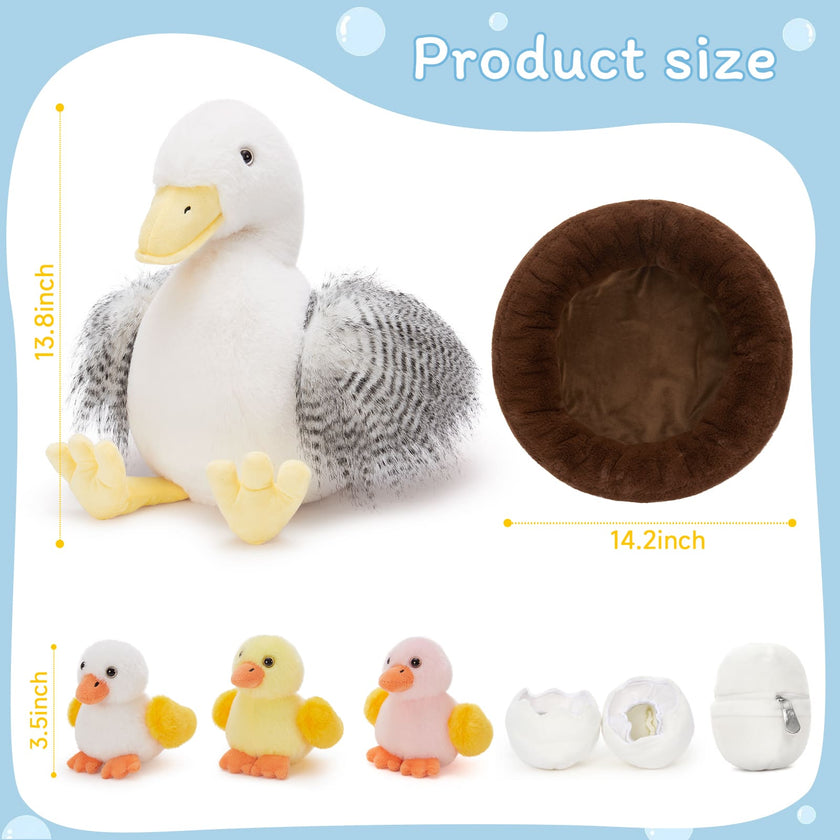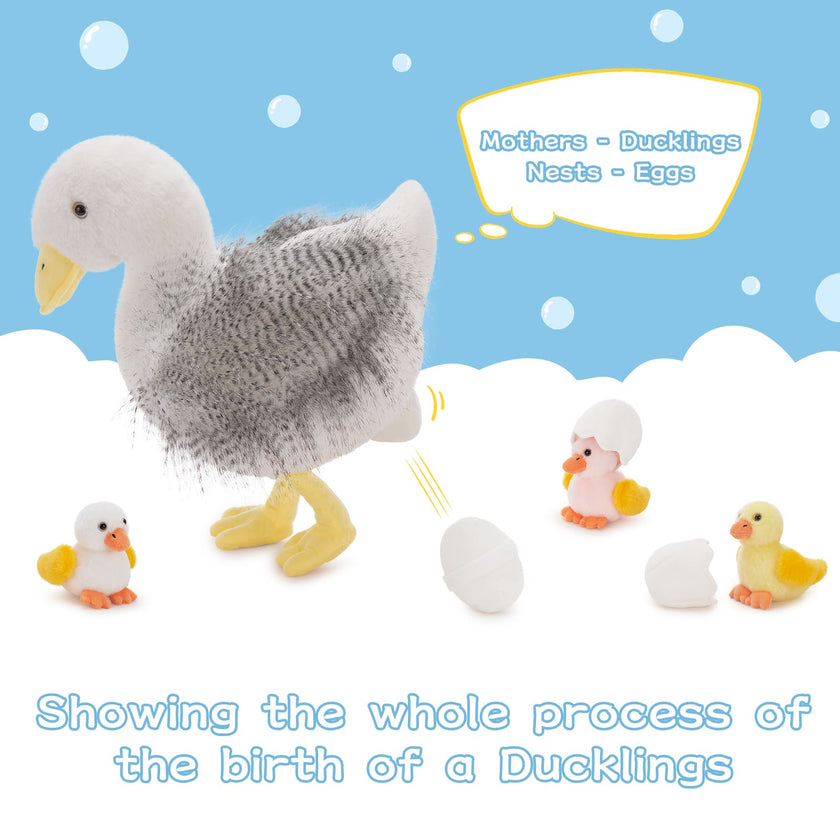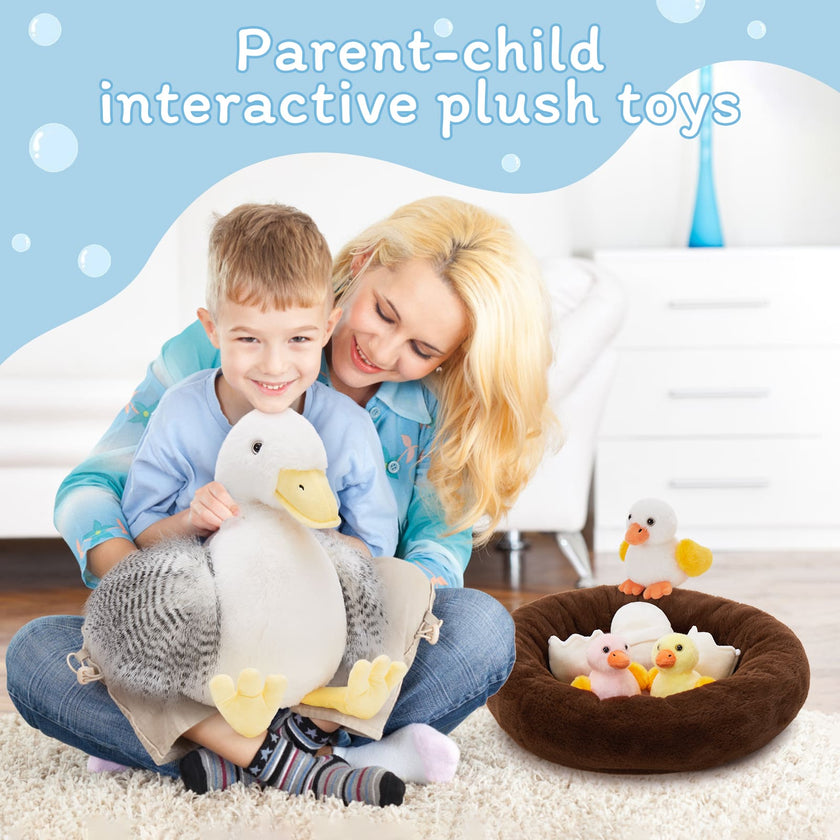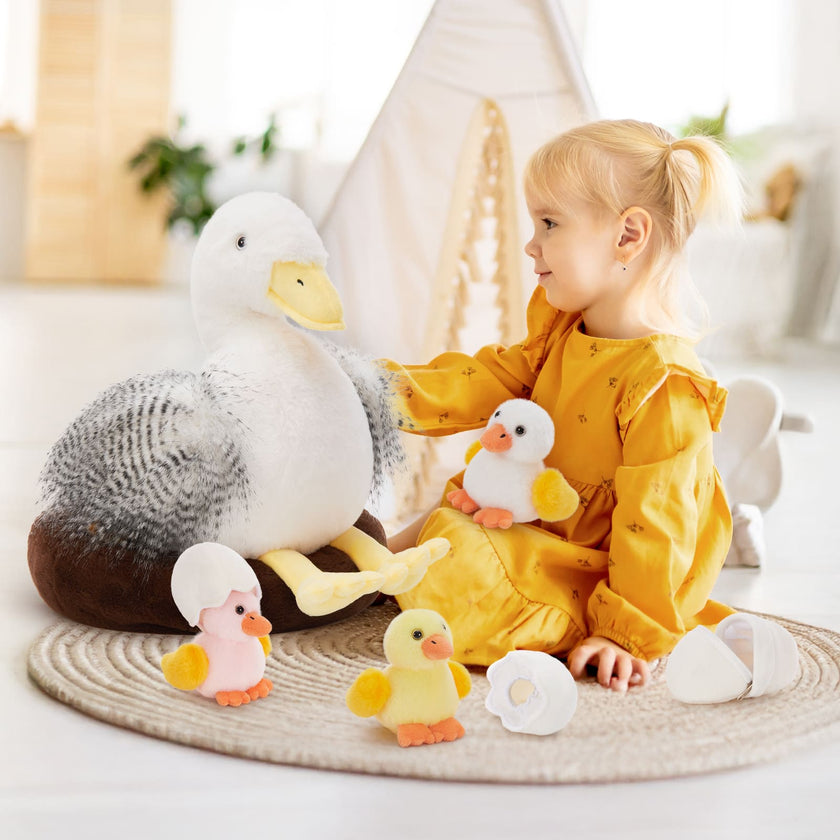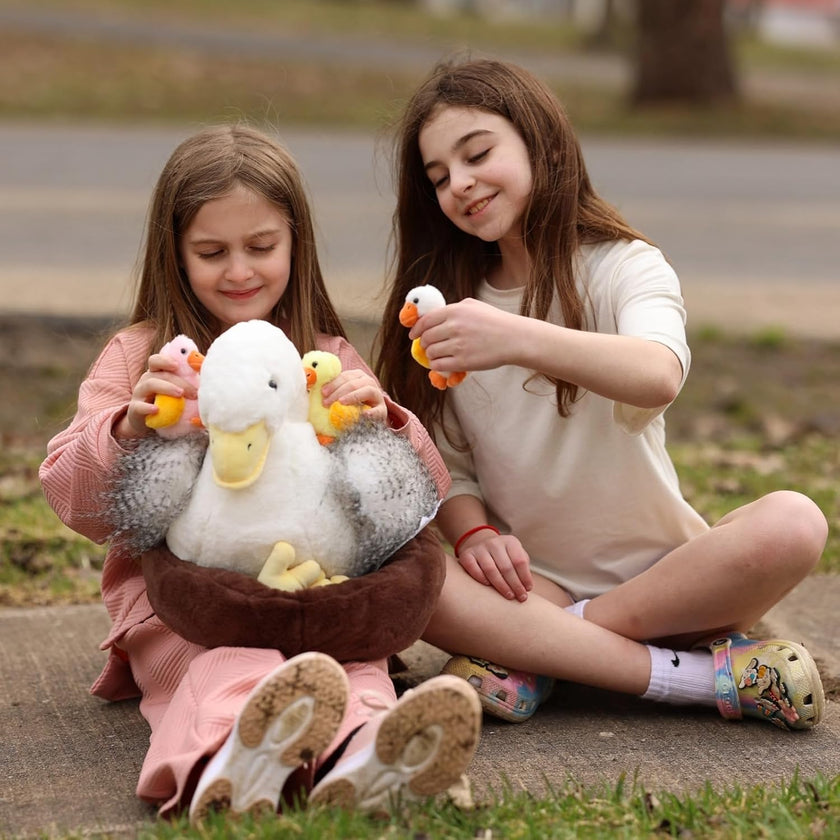From the classic teddy bear to the charming Paddington, Britain’s relationship with stuffed animals is one steeped in nostalgia, storytelling, and comfort. Across generations, these soft companions have played a role far greater than simple playthings — they’ve become cultural icons, emotional anchors, and even symbols of national identity.
In the UK, stuffed animals (or “soft toys,” as they’re often called) are woven into the fabric of childhood, literature, and home life. Whether it’s a child’s first teddy or a treasured collectible on a grandparent’s shelf, Britain’s love affair with stuffed animals runs deep — and it’s still going strong today.
Let’s explore how this affection began, why it endures, and what keeps plush companions so beloved in British culture.
🧸 The Beginning: The Birth of the Teddy Bear Craze
The story of Britain’s soft toy obsession begins in the early 20th century — with the teddy bear. Inspired by U.S. President Theodore “Teddy” Roosevelt’s famous 1902 hunting story, the “teddy bear” craze quickly crossed the Atlantic and found a home in the UK.
British toymakers such as J.K. Farnell and later Merrythought began producing their own versions of the now-iconic toy. Farnell’s “Alpha Bear” became one of the first British teddy bears — soft, huggable, and charmingly handmade. These early teddies were often made from mohair with button eyes, giving them a timeless, slightly wistful look that still defines many classic designs.
But it wasn’t long before the teddy bear transcended its role as a simple toy — it became a cherished British symbol of comfort, friendship, and loyalty.
📚 The Power of Storytelling: Stuffed Animals in British Literature
Nowhere is Britain’s love of stuffed animals more evident than in its storytelling tradition. British authors have long recognized the emotional bond between children and their plush companions, turning these toys into enduring characters that have charmed readers worldwide.
🐻 Winnie-the-Pooh: The Heart of the Hundred Acre Wood
In 1926, A.A. Milne published Winnie-the-Pooh, inspired by his son Christopher Robin’s real-life teddy bear. Pooh and his friends — Piglet, Tigger, Eeyore, and the rest — live on in the hearts of millions. The Pooh stories celebrate innocence, imagination, and kindness — values that perfectly capture Britain’s sentimental side.
The original Winnie-the-Pooh toy set, now preserved in the New York Public Library, was purchased from Harrods, one of Britain’s most prestigious department stores — a fitting symbol of how deeply plush toys are intertwined with British culture.
🧥 Paddington Bear: The Polite Peruvian with a British Heart
Then came Paddington Bear, introduced by Michael Bond in 1958. Found at Paddington Station in London with a tag reading “Please look after this bear. Thank you,” Paddington embodies the very best of British traits — politeness, curiosity, and quiet courage.
His duffle coat, red hat, and love for marmalade sandwiches made him instantly recognizable. But more importantly, Paddington became a symbol of kindness and compassion — values that resonated deeply with postwar Britain.
Even today, the Paddington films and books continue to celebrate friendship, family, and acceptance — and his plush likeness remains a staple in British homes and toy shops.
🐷 Other Beloved British Plush Icons
Britain’s literary imagination didn’t stop there. Generations of children have fallen in love with characters like Rupert Bear, Peter Rabbit, Bagpuss, and Sooty — each one representing a unique blend of whimsy, warmth, and British charm.
These characters not only entertained children but also reflected cultural values: resilience, politeness, a sense of adventure, and, above all, comfort in companionship.
Stuffed Animals as Symbols of British Identity
It’s no exaggeration to say that soft toys occupy a special place in the British soul. For many families, they’re more than toys — they’re heirlooms, keepsakes, and reminders of home.
From the royal nurseries to everyday British homes, stuffed animals have long been a constant presence. Even Queen Elizabeth II reportedly received a teddy bear as a child — and in later years, she was often gifted Paddington Bears by fans and well-wishers.
The British also have a particular affection for craftsmanship — and that extends to their plush toys. Traditional British toy manufacturers, like Merrythought, still produce hand-stitched bears in their original factories, continuing a proud legacy of quality and care that has lasted for nearly a century.
This devotion to detail reflects something uniquely British: a respect for tradition, storytelling, and things made to last.
💖 The Emotional Connection: Why Britain Still Loves Soft Toys
Despite the rise of technology and modern entertainment, the soft toy remains as popular as ever. Why? Because they appeal to something timeless: the human need for comfort, connection, and nostalgia.
In British homes, it’s common for children to have a “favorite softie” — a teddy or bunny that goes everywhere with them. Parents cherish the sight of their child’s tiny arms wrapped around a well-loved plush companion, knowing that it offers reassurance in a sometimes overwhelming world.
For adults, stuffed animals provide a link to the past. Many people keep their childhood bears for decades — not just as memories, but as emotional anchors. In times of stress, grief, or loneliness, the familiar softness of a plush toy can be remarkably soothing.
It’s no wonder that psychologists and caregivers now recognize the therapeutic value of soft toys for both children and adults alike.
🏠 Modern Times: Plush Toys in British Homes and Decor
In today’s UK, stuffed animals have found new roles beyond playtime. They’ve become part of home decor, lifestyle aesthetics, and even fashion.
Woodland-themed plush toys — like foxes, owls, hedgehogs, and rabbits — are popular additions to cozy “cottagecore” and countryside-inspired interiors. Their soft textures and earthy colors bring a sense of calm and nostalgia to modern homes.
Plush toys are also widely used in nursery styling, particularly in minimalist and Scandinavian-inspired British interiors. A single soft bunny or bear on a shelf can transform a room, adding warmth without clutter.
Meanwhile, collectors’ plush toys — often limited editions or handmade bears — have become prized possessions, bridging the gap between childhood sentimentality and adult sophistication.
🧵 From Handmade to High-Tech: The Evolution of British Plush Design
While the heart of British soft toy design remains rooted in tradition, innovation has brought new life to the craft. Many modern UK plush makers now blend old-world craftsmanship with sustainable materials and eco-friendly practices.
Organic cottons, recycled stuffing, and plant-based dyes are replacing synthetics, reflecting Britain’s growing commitment to sustainability.
At the same time, independent British designers and Etsy artisans are reimagining classic characters with fresh, creative twists — from whimsical animals dressed in Victorian outfits to minimalist plushies designed for modern homes.
The result? A new wave of British soft toys that honor the past while embracing the future — timeless, ethical, and irresistibly soft.
🎁 The Gift of Comfort: Stuffed Animals in British Culture Today
Stuffed animals remain a favorite gift for all occasions in the UK. Whether it’s a newborn’s first teddy, a Valentine’s bunny, or a Christmas bear wrapped under the tree, these plush gifts carry emotional weight far beyond their fluff.
They’re often exchanged during key life moments — births, graduations, weddings, or even as tokens of sympathy. Because sometimes, words aren’t enough — but a soft toy can say, “I care about you.”
And that’s perhaps the most British thing of all: expressing love and sentiment quietly, through small gestures of warmth and kindness.
🌟 From Paddington to Today: A Tradition That Endures
From Edwardian nurseries to modern London flats, Britain’s love for stuffed animals has stood the test of time. These cuddly companions remind us of what it means to care, to imagine, and to remember.
Paddington, Pooh, and countless other plush friends continue to remind generations that kindness, curiosity, and comfort never go out of style.
So the next time you see a soft bear perched on a shelf or peeking out of a child’s backpack, remember: it’s not just a toy — it’s a piece of British history, stitched with love and filled with the spirit of warmth that defines this island nation.
Because in Britain, a soft toy is never just stuffed — it’s loved. ❤️

